Top 10 Books About Psychedelics
Discover the realm of psychedelic literature. explore mind-altering insights and history through our top psychedelics books. dive in now.
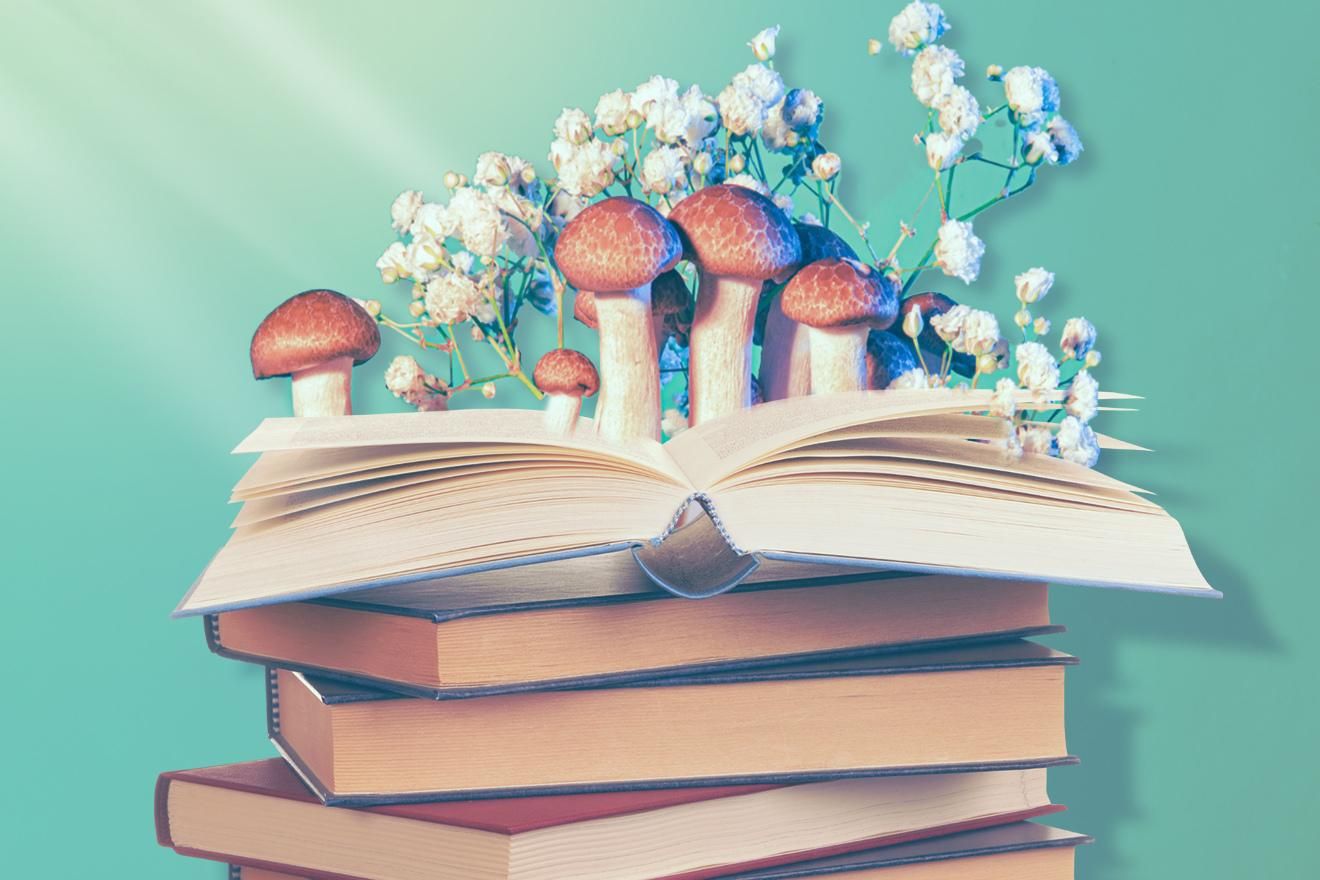

“ How to Change Your Mind: What the New Science of Psychedelics Teaches Us About Consciousness, Dying, Addiction, Depression, and Transcendence ” by Michael Pollan
New York Time’s #1 bestselling book turned Netflix miniseries hit, Michael Pollen’s “How to Change Your Mind” looks at the science behind psychedelics. As a respected journalist and best selling author, Mr. Pollen brings professionalism, objectivity, and an open mind to help educate people on the power of these medicines, while championing the end to their stigmatization. With a nation ravaged by substance use disorder, depression, acute and other unresolved trauma responses, this story of one man’s journey from psychedelic skeptic to vocal advocate is both educational and inspirational.
“ The Doors of Perception ” by Aldous Huxley
Aldous Huxley’s tale of his first psychedelic experience piqued the curiosity and ignited the explorer in many. His descriptions of the transcendent and expansive states often experienced with psychedelics inspire while he also details some of their risks . This accessible read remains a classic in psychedelic literature. It is fit for both experienced psychonauts and people just beginning to explore psychedelic realms. “The Doors of Perception” is a solid resource with which to begin your journey. To boot, it’s an entertaining read for those familiar with these non-ordinary states of consciousness.
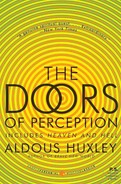
“ The Immortality Key ” by Brian Muraresku
This fascinating piece of psychedelic literature dives into the role psychedelics have played in the origins of Western civilization. Did the Ancient Greeks use drugs to find God? And did the earliest Christians inherit the same, secret tradition? Was there a deep and profound knowledge of plant medicine passed along generations, ever since the Stone Age? Spending 10 years of his life and traveling all over the globe, the author delves into one of the greatest mysteries in known human history. Muraresku paints a compelling picture of a much deeper connection between these sacred medicines and human evolution.
“ DMT: The Spirit Molecule ” by Rick Strassman
In 1990, Dr. Rick Strassman obtained legal permission to intravenously administer dimethyltryptamine ( DMT ) to rigorously screened patients within a controlled setting. This was the first study of its kind to occur in the United States in over 20 years. The published account of this controversial 5-year (1990–1995) study is considered by many to be the birth of today’s “psychedelic renaissance”. As such, it is a must-read for anyone looking to dive deep into psychedelics. Written with a professional tone, and backed by a wealth of scientific data, the book details diverse trip reports and emphasizes harm reduction . Moreover, it also shines awareness on how by taking personal responsibility, we collectively further destigmatize such substances. If you’re interested in working with DMT, this book is a must-read and solid addition to your psychedelic library.
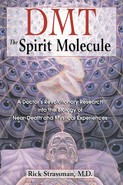
“ Food of the Gods: The Search for the Original Tree of Knowledge — A Radical History of Plants, Drugs, and Human Evolution ” by Terence McKenna
Psychedelic legend Terrence McKenna takes us on a journey of mind-altering substances. The author projects an honest and at times critical view of the roles that these “drugs” have played in human history. McKenna examines an eclectic range of substances and technologies that alter our consciousness, including sugar and television. He argues that humankind has always been searching for anything that allows us to tap into higher states of consciousness. Oftentimes, we have done so with the intentional hopes of improving the human condition. McKenna argues that naturally occurring psychedelics such as psilocybin-containing mushrooms and cannabis have been intentionally placed here. He reasons that they have been placed as tools to help humanity develop a nature-based worldview. And moreover, for humanity to develop a society grounded in respect and reverence for all creation.
“ LSD, My Problem Child: Reflections on Sacred Drugs, Mysticism and Science ” by Albert Hoffman
The father of LSD-25, Albert Hoffman shares the true origin story of LSD. In this psychedelic literature gem, Hoffman recollects his first LSD journey, the first taken by any human. Hoffman accidentally synthesized the world’s most famous and controversial psychedelic while at work. Hoffman recounts how the discovery helped foster a renewed interest in mind-altering substances in the Western world. It led to a surge of interest in natural entheogens, such as psilocybin mushrooms, that arose from LSD’s often controversial prominence in popular culture. The book also puts forth a strong argument supporting the destigmatization of LSD. It highlights the revolutionary potential this substance offers to the fields of psychology, mental health/therapy, and the greater human condition.
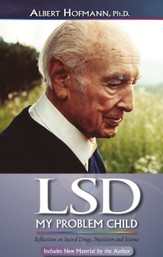
“ Psilocybin Mushrooms of the World: An Identification Guide ” by Paul Stamets
Arguably the world’s leading expert on all things mushroom, author Paul Stamets is no stranger to the beautiful variations and attributes of the psychedelic variety. This definitive identification guide illuminates the astounding variety of psychoactive mushrooms that exist around the world. This guide has species attributes and ample photographs. It makes it easier and safer for prospective mushroom hunters to identify any psychedelic species they may encounter. For anyone interested in exploring the world of wild mushroom foraging, Stamets’ guide is a must-have for hunters and foragers, regardless of experience level.
“ The Joyous Cosmology ” by Alan Watts
It’s easy to say that Alan Watts was a joyous gift to the world. In “The Joyous Cosmology,” his brief series of musings reflect on his experiences with various psychedelic medicines , such as cannabis, LSD, and DMT. Watts shares both the joys and pains these experiences can bring, as well as the various medicinal/therapeutic uses they offer. The book addresses the mystery, morality, and facts surrounding these substances. As is often the case with Alan Watts, the broader presence of Consciousness is the foundation of his narrative.
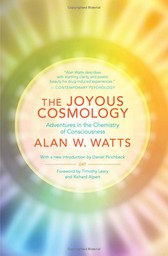
“ Brotherhood of the Screaming Abyss ” by Dennis McKenna
Although technically not a book about psychedelics alone, this personal epic on the life and times of icons Terrence and Dennis McKenna is as heartwarming as it is humorous. The story weaves its way through the personal history of two of Psychedelics’ most prolific proponents. It tells the tale of experimentation, exploration, misadventures, and love through the voice of beloved psychedelic pioneer and ethnopharmacologist, Dennis McKenna.
“ The Long Trip: A Prehistory of Psychedelia ” by Paul Devereux
Paul Devereaux’s comprehensive work in this book illustrates the long and connected history of humanity’s relationship with plant and fungi medicines. The book brings forth an abundance of archaeological, anthropological, and sociological evidence. It documents the many ways psychedelics have guided and advanced human consciousness and played an integral part in our species’ evolution. Looking into the entire timeline of human consciousness, Devereaux’s work has played a role in legitimizing psychedelics. It provides evidence that clearly illustrates and supports the pivotal role these medicines have played in human evolution.
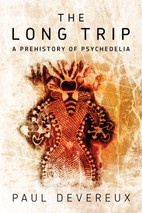
Follow your Curiosity
You may also be interested in:.
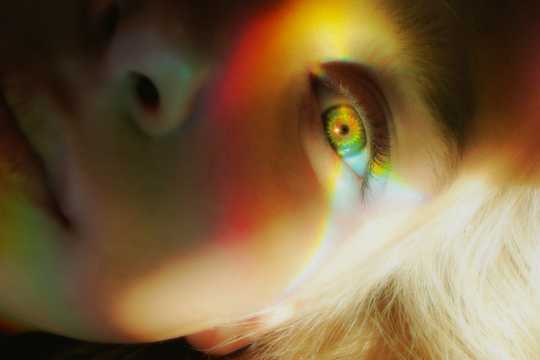
Mental Health
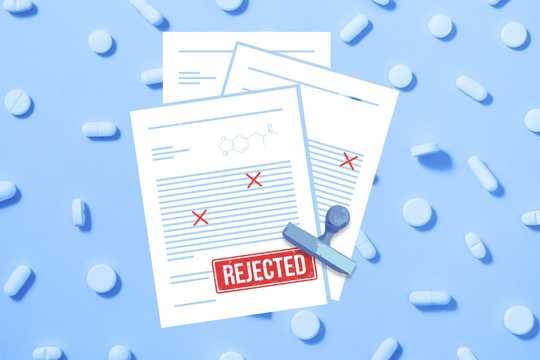
- Magic Mushrooms
- Microdosing
- Mental Health
- How To Grow Magic Mushrooms
- How to Consume Magic Mushrooms
- How to Prepare for A Magic Mushroom Trip
- Preparing to Meet Grandmother Ayahuasca
- What to Do After Ayahuasca: 7 Ways to Integrate
- What Are The Benefits Of LSD?
- LSD Microdosing Guide
Weekly Must-Reads View All
New study: how psilocybin desynchronizes the human brain .
Discover the profound changes in connectivity patterns and their implications
2024 Study Finds Psilocybin Significantly Reduces Depression
scores compared to standard treatments
Cybin Announces Positive Phase 2 Interim Data for CYB003 in Major Depressive Disorder
Interim readout shows reduction of depression symptoms three weeks after a
Weekly Psychedelic News – Week 44, 2023
Latest research, policy updates, and industry developments
Trending Now View All

20 Books on Psychedelics: A Curated Selection for Consciousness Explorers

As curiosity ignites within us on a new subject, our instinct often drives us to seek answers through search engines and social media platforms. While these methods provide easy access to information, they may not always yield the most reliable or in-depth content. Despite being more time-consuming, books invariably prove to be our steadfast allies in the quest for knowledge.
As an eager reader delving into the realm of psychedelics , you’ll find yourself drawn to the wealth of literature available on the subject. It quickly becomes apparent that exploring books is an ideal starting point. These carefully crafted tomes offer comprehensive knowledge that encompasses historical, cultural, scientific, and spiritual aspects of psychedelics. By reading, you’ll learn about responsible use, potential risks, and benefits associated with these mind-altering substances.
Books provide diverse perspectives, giving you a well-rounded understanding of the topic and its implications. This introspective journey allows you to engage with the material at your own pace, promoting personal growth and a better understanding of your own psyche. The accessibility and timelessness of books on psychedelics make them an invaluable resource for anyone looking to expand their horizons and venture into this fascinating world.
Here are some interesting books on the subject of psychedelics that you might find worth reading.
📖 How to Change Your Mind

“How to Change Your Mind” by Michael Pollan is a book that chronicles the history of psychedelics, their rise and fall, and their recent resurgence in medical research. Pollan, who was born too late to experience the psychedelic era, takes the reader on a self-deprecating travelog of his own cautious but transformative adventures as a middle-aged psychedelic novice. The book explores the therapeutic benefits of psychedelics for the terminally ill, alcoholics, and those with “treatment-resistant” depression, which can’t be separated from the mystical experiences they give rise to.
Pollan argues that psychedelics were banned because of the threat they posed to the established social order. The book also delves into the neuroscience of tripping and the question of what psychedelics do to the brain. Ultimately, Pollan allows himself to wonder if psychedelic-induced spiritual experiences might actually be true, rather than just illusions.
📖 LSD My Problem Child

The book “LSD: My Problem Child” by Albert Hofmann is an autobiography and collection of essays that tells the story of the chemist who first synthesized LSD and explores its therapeutic potential, as well as the cultural and legal impact of the drug. Hofmann’s work with LSD and related compounds sheds light on how pharmaceutical discoveries are made and highlights the risks of searching for performance-enhancing drugs without fully evaluating their dangers. Despite Hofmann’s infectious enthusiasm for the potential benefits of LSD, readers should be aware of its widespread harm and the dangers it poses to the psychiatrically vulnerable. The book is a captivating and intriguing read, but caution should be exercised in interpreting Hofmann’s claims.
📖 The Doors of Perception

Aldous Huxley, the author of The Doors of Perception , suffered from a debilitating eye condition called keratitis while studying at Eton. His vision deteriorated over the next 20 years, and in 1939, he tried the controversial Bates Method to improve his eyesight, claiming impressive results. However, some doubted that he could see much at all, and his vision was a source of controversy and speculation throughout his life. The Doors of Perception was Huxley’s account of his experiences with the psychedelic drug mescaline, which he believed offered insight into the nature of reality.
He was a dedicated psychonaut and wrote about his experiences with LSD in his book Island. Huxley’s psychedelic experiments had a significant impact on popular culture and the counterculture movement of the 1960s.
📖 Plants of the Gods

Christian Ratsch, along with two other famous researchers, Albert Hofmann and Richard Schultes, has updated the classic text on psychoactive flora in their book “Plants of the Gods.” The book explores the use of hallucinogenic plants in shamanic rituals around the world and is cross-referenced by plant, illness, preparation, season of collection, and chemical constituents. The updated version features numerous new and rare color photographs, and the authors detail the uses of hallucinogens in sacred shamanic rites while providing lucid explanations of the biochemistry of these plants and the cultural prayers, songs, and dances associated with them. The book is lavishly illustrated with 400 rare photographs of plants, people, ceremonies, and art related to the ritual use of the world’s sacred psychoactive flora.
📖 DMT: The Spirit Molecule

This book , written by Rick Strassman, Clinical Associate Professor of Psychiatry at the University of New Mexico School of Medicine, explores the effects and possible evolutionary and psychological function of N,N-dimethyltryptamine (DMT), a short-acting and powerful plant-derived psychedelic chemical that is endogenously produced in the human brain. Strassman describes his research into the drug, including the history of psychedelic research, his methods and results, and the dangers and possible benefits of experimentation with psychedelics. He hypothesizes that DMT is produced by the pineal gland and is released during naturally occurring psychedelic states, including childbirth, the dying process, dreams, and mystical experiences.
The book includes detailed descriptions of what Strassman’s volunteers encountered during their sessions, including the exploration and resolution of personal psychological issues, out-of-body states, and contact with alien beings. Strassman also discusses the obstacles he faced in conducting his research and his hopes for future investigation. The book is recommended for researchers, clinicians, and laypeople interested in spiritual/mystical issues and/or psychedelics.
📖 A Really Good Day

In her new memoir “A Really Good Day” , Ayelet Waldman writes about her experience with microdosing LSD to alleviate her symptoms of premenstrual dysphoric disorder (PMDD), a condition she has been struggling with for years. After exhausting all other treatment options, Waldman turned to microdosing, which involves taking a small, sub-perceptual dose of the drug every three days.
The book combines her personal experience with the research she’s done on the history of psychedelics and her thoughts on the legal implications of drug use. Waldman has been controversial in the past for her unfiltered and provocative opinions on various subjects, but the book has been received positively by critics.
📖 Sacred Knowledge

Sacred Knowledge by William A. Richards is a book that explores the role of psychoactive substances such as LSD, psilocybin, ayahuasca and DMT, in treating addiction and terminal illness in patients. The author argues that these substances consistently produce positive results when administered in a controlled setting with proper clinical support. The book combines memoir, history of entheogen research, and philosophical meditation, and calls for practitioners to consider the potential uses of these substances and to take seriously what their patients say following psychedelic treatment. The author is a clinical psychologist at the Johns Hopkins Bayview Medical Center who has been involved in entheogen research for over 16 years.
📖 Your Psilocybin Mushroom Companion

The book “Your Psilocybin Mushroom Companion” by Michelle Janikian is a guide to help those interested in psilocybin mushrooms use them in a safe and meaningful way. The book includes harm reduction tips, research on the substance, and advice on preparation and intentional use. Janikian also includes information on trip-sitting, microdosing, and potential health risks associated with psilocybin. Rather than telling readers what their experiences mean, Janikian “holds the space” and allows readers to draw their own conclusions.
Overall, Your Psilocybin Mushroom Companion is a well-written and informative guide for anyone interested in exploring the use of psilocybin mushrooms. It provides a balanced approach that respects the power of the substance while also emphasizing harm reduction and responsible use.
📖 When Plants Dream

“When Plants Dream” is a book that explores the growing popularity and impact of ayahuasca , a psychoactive brew with a long history of ritual use among indigenous groups of the Upper Amazon, on society. Written by authors Pinchbeck and Rokhlin, the book covers the background, role and practices of the ayahuasquero, the medicinal plants of the Amazon, the most up-to-date biomedical research, psychedelic science, psychopharmacology, and the legal aspects of ayahuasca use. It questions the future of ayahuasca and its impact on the world beyond the Amazon.
Overall, “When Plants Dream” offers a comprehensive and well-researched examination of the ayahuasca phenomenon and its impact on modern society. It is a must-read for anyone interested in the cultural, scientific, and spiritual implications of this powerful plant medicine.
📖 Acid Test: LSD, Ecstasy, and the Power to Heal

In “Acid Test,” author Tom Shroder details the stories of Rick Doblin, Michael Mithoefer, and Nicholas Blackston as they struggle to gain scientific and therapeutic approval for psychedelic drugs, particularly in the treatment of post-traumatic stress disorder (PTSD).
The book offers a convincing case for prescribable psychedelic therapies and argues that the government’s prohibitions on scientific investigations into these drugs should be loosened. It provides compelling evidence of the powerful healing potential contained in psychoactive drugs like LSD and MDMA and highlights the moral debt society owes to the PTSD-afflicted men and women who served in wars.
📖 The Psilocybin Mushroom Bible

“Psilocybin Mushroom Bible: The Definitive Guide to Growing and Using Magic Mushrooms” provides advice and procedures for growing Psilocybe cubensis, but the presentation of the science, especially the mycological/biological material, is flawed. The authors seem to lack an understanding of fungal biology and the science that underlies successful cultivation. However, the step-by-step photos for the different parts of the grow process are effective, and the advice and procedures for growing P. cubensis seem sound. The book also includes a chapter on consuming magic mushrooms, which offers recipes to help reduce the nausea that many users experience. Although the book provides guidance for growing magic mushrooms, readers should be aware of errors in the presentation of the science.
📖 The Ayahuasca Experience

This book is a comprehensive exploration of ayahuasca, a powerful shamanic hallucinogen used by indigenous cultures in South America for thousands of years. It includes contributions from leading scholars on the ethnopharmacology, psychology, phytochemistry, and neuropharmacology of ayahuasca. The book details the chemical, biological, psychological, and experiential dimensions of ayahuasca, and includes firsthand accounts of more than 20 people who have experienced major life changes as a result of participating in ayahuasca rituals. The author concludes with his own findings on ayahuasca’s applications in medicine and psychology, and compares the worldview revealed by ayahuasca visions to that of modern cultures.
📖 The Wild Kindness: A Psilocybin Odyssey

The Wild Kindness by Bett Williams is a memoir exploring her experiences with psilocybin mushrooms and other entheogens. The book includes accounts of Williams’ trips, personal life, and political commentary. Williams presents herself as an adventurer rather than an academic, and her book offers readers a peek into a world they would never have otherwise known. Her narrative style reflects how the personal and political intertwine in the ambivalent realm of social media, and she questions a lot of social norms emerging from the psychedelic renaissance with plain-spoken self-awareness and sophisticated analysis.
Overall, The Wild Kindness is a well-written, insightful, and thought-provoking exploration of the author’s personal experiences with psilocybin and the larger cultural and societal implications of the psychedelic renaissance. It is a must-read for anyone interested in the history, science, and culture of psychedelics.
📖 Breaking Open the Head

The book, Breaking Open the Head, by Daniel Pinchbeck , explores the encounter between the modern Western consciousness and the sacramental substances of tribal cultures worldwide. It includes personal experiences of the author with outlaw compounds, such as a tribal initiation in West Africa and a report from the Burning Man Festival, and presents a multilayered inquiry into the promise and meaning of the psychedelic experience. This book is a brave and vivid account of participatory journalism that has completed the author’s personal transformation from a jaded Manhattan journalist to shamanic initiate and grateful citizen of the cosmos.
📖 Trip: Psychedelics, Alienation, and Change

Tao Lin’s “ Trip: Psychedelics, Alienation, and Change ,” is a collection of loosely connected experiences, including the author’s own firsthand accounts of experiences with psychedelic substances such as salvia, psilocybin, and DMT. The most thought-provoking parts of the book are these firsthand accounts, but Lin’s claims that psychedelics have no negative effects and are absolutely not dangerous are questionable. The book is better read as a collection of interesting stories, although some long sections that have little relevance to psychedelics detract from a central focus. The book may be useful to further conversations around the perceptions and use of psychedelics, but it is not the best source for rigorous literature review or thorough journalism.
📖 Drug Use for Grown-Ups

In “Drug Use for Grown-Ups,” Dr. Carl L. Hart argues that drug use should be a matter of personal choice and that personal choice can lead to positive outcomes. The negative public image of drugs is partly due to racism, and addiction is not as common as people think. According to Hart, a pre-existing personal vulnerability, psychological and/or circumstantial, leads to addiction. When addiction does occur, there should be safe spaces for people to get help, and the Swiss model for heroin addiction is a successful treatment. Hart’s book challenges the long-running association between drugs and addiction and is an eye-opening read.
📖 Psychedelic Medicine: The Healing Powers of LSD, MDMA, Psilocybin, and Ayahuasca

Dr. Richard Louis Miller’s work explores the potential of psychedelics as medicine and discusses the tumultuous history of psychedelic research, the efforts to restore psychedelic therapies, and the links between psychiatric drugs and mental illness.
He offers non-technical summaries of the most recent studies with MDMA, psilocybin, LSD, and ayahuasca and interviews top researchers and thinkers in this field. The book covers the biochemistry of consciousness and the use of psychedelics for self-discovery and healing, as well as the ongoing efforts to restore psychedelic therapies to the health field and the push for new research.
📖 Psychedelic Mysteries of the Feminine

This book explores the connections between feminine consciousness and altered states, from ancient times to the present day. It includes contributions from scholars, artists, psychotherapists, and policy makers, and covers topics such as goddess consciousness, the dark feminine, the role of women in shamanism, and the healing potential of plant medicines.
The book examines how entheogens give us open access to ancient archetypes, and discusses feminist psychedelic activism and the need for more female voices in the psychedelic research community. Overall, the book explores the transformative power of feminine consciousness and altered states to help heal and evolve society.
📖 Food of the Gods

Terence McKenna, the author of “Food of the Gods” , argues for the legalization of all proscribed drugs, including psychedelic ones, to be taxed, regulated, and administered by medico-spiritual therapists. He claims that modern people are as ignorant and superstitious about the addictive substances that drive them as the Victorian middle classes were about sex.
McKenna advocates a 200% tax on tobacco and sugar, the slashing of subsidies, and warnings on packets and in school curricula. His proposals include a legalisation of psychedelic therapy, a huge research initiative on mind-altering substances, and ultimately the decriminalisation of all drugs. He argues that various plant hallucinogens that occur all over the world can cure alcoholism, alleviate alienation and heal despair. McKenna believes that psychedelic substances have been used as sacraments of humanity for thousands of years and may even have triggered human evolution.
📖 Singing to the Plants

“Singing to the Plants” explores the shamanistic culture of mestizos in the Upper Amazon, who have blended folk Catholicism, Hispanic medicine, and Amazonian religious traditions to create a unique shamanistic culture that employs plant hallucinogens like ayahuasca.
The book details the practices of ayahuasca healing ceremonies, the relationship between apprentice shamans and plant spirits, and the use of plants in healing, love magic, and sorcery. This shamanism has now become a part of global culture, as ayahuasca shamans perform their healing rituals in various parts of the world.

Can Psychedelics Cause Seizures
Exploring the Risk Factors

Top Podcasts to Listen to in 2023: Uncover the Psychedelic Realm
Dive into enlightening discussions and personal psychedelic journey accounts
Subscribe to Psilolab Newsletter
Psychedelic news, microdosing guides, personal stories, and more. Get biweekly educational articles straight in your inbox.
Join Psilolab Newsletter!
Welcome to the Psilolab newsletter, where we delve into the fascinating world of psychedelics and their impact on mental health. In this space, we explore the latest research and breakthroughs in the field of psychedelics and how they are being used to treat various mental health conditions such as depression, anxiety, PTSD, and addiction.
Join us on this journey as we explore the mind, reality, and the transformative power of psychedelics.
The 10 Best Books on Psychedelics
In the vast realm of literature, there exists a captivating and often mind-bending genre – books about psychedelics. These literary works push the boundaries of reality and consciousness, offering readers a chance to explore the inner recesses of the human psyche, gain profound insights, and embark on intellectual journeys unlike any other. If you’re curious about delving into this fascinating topic through the written word, you’ve arrived at the perfect destination.
Table of Contents
Introduction: navigating the psychedelic odyssey, what are psychedelics, a brief history of psychedelics, tripping: a journey within, psychedelics and self-discovery, how do psychedelics work, therapeutic potential: psychedelics in medicine, psychedelics and spirituality, the shamanic tradition, 1. “the doors of perception” by aldous huxley, 2. “food of the gods” by terence mckenna, 3. “dmt: the spirit molecule” by dr. rick strassman, 4. “how to change your mind” by michael pollan, 5. “the psychedelic explorer’s guide” by james fadiman, 6. “the electric kool-aid acid test” by tom wolfe, 7. “the ayahuasca test pilots handbook” by chris kilham, 8. “the long trip: a prehistory of psychedelia” by paul devereux, 9. “lsd: my problem child” by albert hofmann, 10. “true hallucinations” by terence mckenna, choosing the right book for you, the impact of psychedelic literature on society, the changing legal landscape, the ethical use of psychedelics, artistic inspiration: psychedelics and creativity, musicians and psychedelics: a creative journey, emerging voices and perspectives, virtual reality and psychedelic literature, a personal note: my journey with psychedelic books, conclusion: a gateway to profound insights, q1: are these books suitable for beginners interested in psychedelics, q2: do i need prior knowledge of psychedelics to enjoy these books, q3: are there any books that focus specifically on the dangers of psychedelics, q4: can i find these books in digital formats or audiobooks, q5: what is the best way to approach reading these books if i’ve never tried psychedelics.
Psychedelics have held humanity in their thrall for centuries, beckoning the curious to explore altered states of consciousness and unlock the mysteries of the mind. These substances, often referred to as hallucinogens, have not only played significant roles in cultural and spiritual rituals but have also piqued the interest of scientists, artists, and seekers of inner truth. If you’re ready to embark on a literary journey that transcends the boundaries of ordinary perception, the world of psychedelic literature awaits.
The Magic of Psychedelics: An Overview
Before we delve into the captivating world of psychedelic books, it’s essential to grasp what psychedelics are. Psychedelics, scientifically known as hallucinogens, are a class of substances that induce altered perceptions, thoughts, and emotions. They have the unique ability to open doors to new dimensions of consciousness.
The history of psychedelics is a tapestry woven with threads of ancient rituals, shamanic traditions, and counterculture movements. From the sacred ceremonies of indigenous cultures to the mind-expanding experiments of the 1960s, the journey of psychedelics through time is a rich and complex narrative.
The Power of Personal Experiences
One of the most intriguing aspects of psychedelics is the deeply personal and often transformative experiences they offer. When individuals embark on a psychedelic journey, they may find themselves navigating the landscapes of their own consciousness, encountering profound insights, and experiencing moments of awe and wonder.
For many, psychedelics become a catalyst for self-discovery and personal growth. These substances have the potential to reveal hidden aspects of the self, helping individuals confront their fears, heal emotional wounds, and gain a deeper understanding of their own psyche.
The Science Behind Psychedelics
To fully appreciate the impact of psychedelics on the human mind, it’s essential to understand the mechanisms that underlie their effects. These substances interact with the brain in intricate ways, altering neural pathways and leading to shifts in perception, mood, and cognition.
In recent years, scientists and mental health professionals have been exploring the therapeutic potential of psychedelics. From treating conditions like depression, anxiety, and PTSD to facilitating profound spiritual experiences, these substances have emerged as promising tools in the field of mental health and well-being.
Exploring the Mystical and Spiritual
For millennia, psychedelics have been revered as sacred sacraments, gateways to the divine, and tools for connecting with higher realms of consciousness. We delve into the mystical and spiritual dimensions that these substances can unlock.
Shamans, the mystical guides of indigenous cultures, have utilized psychedelics in their rituals for centuries. We explore the shamanic traditions that provide a unique perspective on the use of these substances.
The Most Best Books About Psychedelics
Now, let’s embark on a literary journey of exploration and discovery as we introduce you to some of the most highly acclaimed books on psychedelics. These literary works offer a diverse array of insights, experiences, and perspectives on the profound world of altered states of consciousness.
Aldous Huxley’s “ The Doors of Perception ” is a classic exploration of his mescaline-induced journey into altered states of perception. In this eloquent and thought-provoking book, Huxley delves into the nature of reality, perception, and the potential of psychedelics to reveal hidden dimensions of existence.
Terence McKenna’s “ Food of the Gods ” offers a mind-expanding journey through the history of human interaction with psychedelics. McKenna argues that these substances played a pivotal role in the evolution of human consciousness and culture, making a compelling case for their continued exploration.
Dr. Rick Strassman’s groundbreaking research on DMT , often referred to as the “spirit molecule,” takes readers on a scientific and spiritual expedition. This book explores the profound experiences of volunteers who participated in DMT studies, shedding light on the mysterious realms of the psyche.
Michael Pollan’s “ How to Change Your Mind ” is a transformative journey into the world of psychedelics and their therapeutic potential. With meticulous research and personal anecdotes, Pollan explores the resurgence of interest in psychedelics for mental health treatment and personal growth.
James Fadiman’s guide is a practical resource for those seeking to embark on safe and intentional psychedelic journeys. Fadiman offers valuable insights on preparation, set, and setting, empowering readers to navigate their experiences with mindfulness and wisdom.
Tom Wolfe’s immersive account takes us back to the 1960s, where author Ken Kesey and his Merry Pranksters embarked on a psychedelic road trip across America. This book provides a firsthand look at the counterculture movement and its embrace of psychedelics.
Chris Kilham’s book delves into the ritualistic use of ayahuasca in the Amazonian rainforest. It offers an exploration of the plant-based brew’s effects, cultural significance, and its role in shamanic ceremonies.
Paul Devereux’s book traces the history of psychedelics from ancient cave paintings to modern consciousness exploration. It offers a unique perspective on the enduring human fascination with altered states of consciousness.
Albert Hofmann, the discoverer of LSD, reflects on his experiences and the profound impact of his creation on science, culture, and society. “ LSD: My Problem Child ” provides an intimate look at the birth of LSD and its journey into the world.
In “ True Hallucinations ,” Terence McKenna takes readers on a wild journey into the Amazon rainforest, where he and his brother Dennis embarked on a mind-bending adventure. McKenna’s vivid accounts of encounters with otherworldly entities and profound insights make for a riveting read.
Reading Beyond the Veil
With a plethora of options, it’s important to select a book that resonates with your interests and level of knowledge. We offer guidance on choosing the perfect psychedelic book for your literary journey.
Explore how psychedelic literature has influenced culture, art, science, and even public policy. These books have left an indelible mark on society, challenging conventional thinking and inspiring new perspectives.
The Ethical and Legal Considerations
The legal status of psychedelics is evolving, with growing interest in their potential therapeutic uses. We examine the changing legal landscape surrounding these substances.
Ethical considerations are paramount when exploring the world of psychedelics. We delve into the responsible and mindful use of these substances for personal growth and healing.
Psychedelics and Creativity
Throughout history, artists, writers, and visionaries have drawn inspiration from psychedelics. We explore how these substances have fueled creativity and artistic expression.
The world of music has also been profoundly impacted by psychedelics. We take a closer look at legendary musicians who embarked on psychedelic journeys and how it influenced their music.
The Future of Psychedelics in Literature
The landscape of psychedelic literature is continually evolving, with new authors and voices emerging. We introduce you to some of the fresh perspectives shaping the future of this genre.
As technology advances, the fusion of virtual reality and psychedelic storytelling is becoming a reality. We explore how VR technology is enhancing the immersive nature of psychedelic literature.
To provide a more intimate perspective, we share a personal reflection on our journey with psychedelic literature and how it has impacted our own lives, beliefs, and understanding of the world.
In conclusion, the world of psychedelic literature is a gateway to profound insights, inner exploration, and a deeper understanding of the human experience. Whether you seek personal transformation, intellectual curiosity, or artistic inspiration, these books offer a unique opportunity to expand your horizons and explore the mysteries of the mind.
FAQs (Frequently Asked Questions)
Absolutely. Many of these books cater to beginners and provide accessible introductions to the world of psychedelics.
No prior knowledge is necessary. These books are written to be accessible to readers with varying levels of familiarity with psychedelics.
While some books touch on the potential risks and challenges associated with psychedelics, the majority emphasize their positive aspects and potential benefits.
Yes, many of these books are available in digital formats and as audiobooks, making them accessible to a wide range of readers.
Approach these books with an open mind and a sense of curiosity. They offer a glimpse into experiences you may have never encountered, allowing you to explore the world of psychedelics from a safe and informative perspective.
FREE GIFTS ON ALL ORDERS $200+ Dismiss
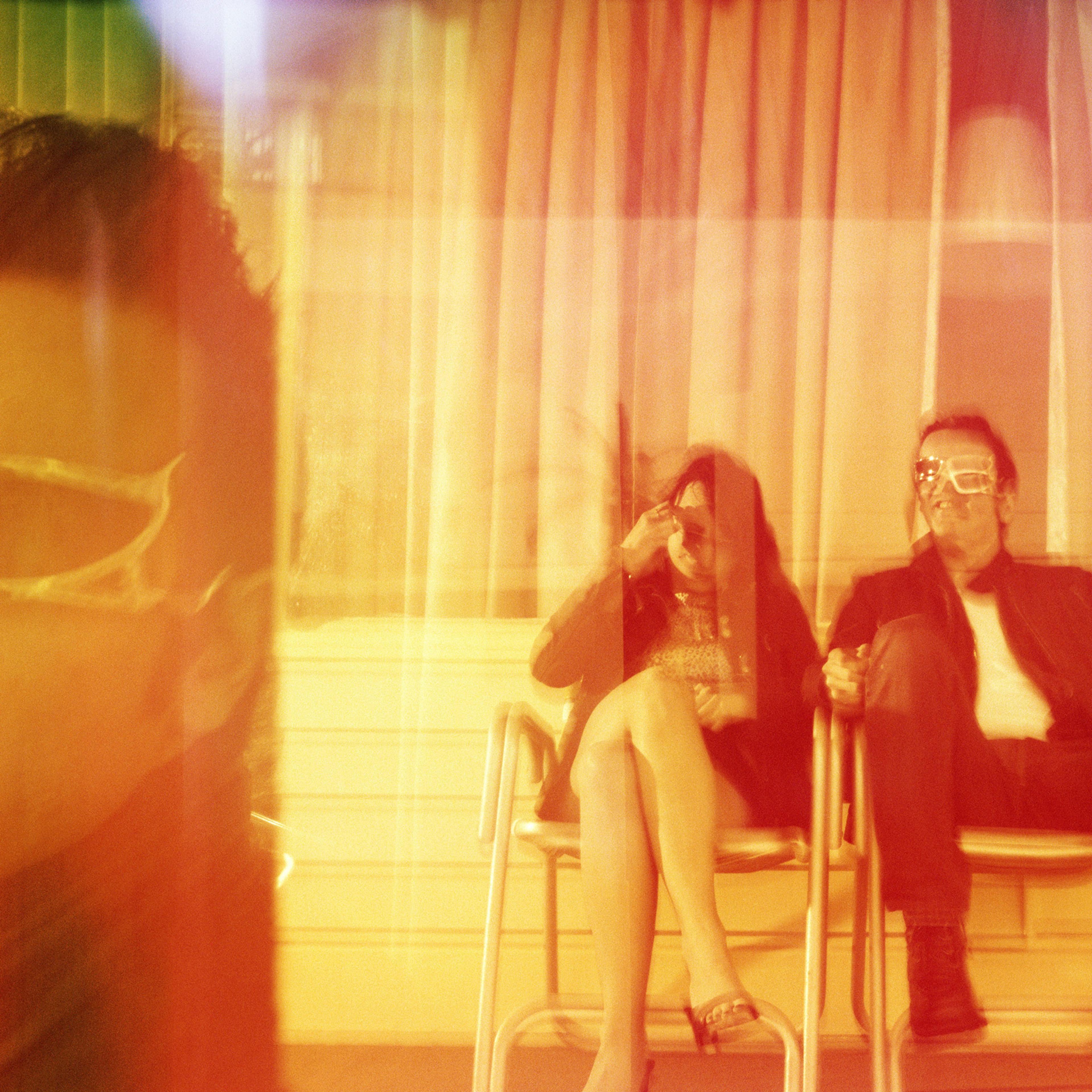
Photo by Gravity Images/Getty
How to have a safe psychedelic trip
A psychedelic experience can be deeply rewarding, but also carries real risks. here’s how to avoid a bad trip.
by Christian Jarrett + BIO
is the editor of Psyche. A cognitive neuroscientist by training, his books include The Rough Guide to Psychology (2011), Great Myths of the Brain (2014) and Be Who You Want: Unlocking the Science of Personality Change (2021).
Edited by Sam Dresser
Listen to this Guide.
Need to know
Humans have consumed substances with consciousness-altering properties for millennia. Traditional societies used them in healing rituals, initiation ceremonies and to make contact with the gods and the dead, among other practices. Today they are known as psychedelics, and include the naturally occurring compounds psilocybin (found in ‘magic mushrooms’), DMT and mescaline; the hallucinogenic tea Ayahuasca, used by indigenous peoples in the Amazon basin; and the hallucinogenic shrub iboga, found in West Africa.
Synthetic hallucinogenic compounds, most famously LSD, emerged in the 20th century. The synthetic ‘party drugs’ MDMA (also known as ecstasy) and ketamine (used in medicine as an anaesthetic) are not technically classified as psychedelics, but they also produce consciousness-altering effects and are often considered under the same broad umbrella as the classic psychedelics.
In the industrialised West, psychedelic substances, especially LSD and magic mushrooms, burst on to the scene in the 1950s and ’60s with intense research interest in their therapeutic potential. However, an establishment backlash began in the late-1960s as the drugs became associated with the counterculture movement and opposition to the Vietnam War. Fermenting the eventual clampdown, the psychedelics-researcher-turned-evangelist Timothy Leary exhorted American youth to ‘turn on, tune in, drop out’. Tales spread of ‘bad trips’ and associated suicides, and the field of psychedelic research fell silent for decades.
We are now living through what’s been described as a ‘psychedelic renaissance’ that began in the 1990s. Research groups around the world, notably at Imperial College London and Johns Hopkins University in Baltimore, have been pumping out studies uncovering the neural basis of the drugs’ effects and exploring their apparent therapeutic benefits, especially when used as an adjunct to psychotherapy.
Research trials suggest that, when used as part of psychotherapy, the benefits of psychedelics include, but are not limited to, alleviating depression and anxiety (including for people who have not benefited from other forms of therapy or drug treatment), tackling longstanding symptoms of post-traumatic stress disorder, treating addiction, and calming existential distress in people with terminal illnesses.
Superior trial outcomes correlate with participants’ reports of having a mystical or transcendent experience during their psychedelic session. In fact, many people who take a psychedelic drug describe the experience as among the most personally meaningful of their lives. Many are changed by their trip, displaying greater open-mindedness, humility and feelings of connectedness with humanity and the wider world.
Although they can lead to subjectively similar experiences, different psychedelic drugs exert their effects in the brain via different mechanisms. For instance, psilocybin, mescaline and LSD act principally via the 5-HT2A receptor system (5-HT, also known as serotonin, is a neurotransmitter involved in mood and perception), whereas DMT acts on the 5-HT2A system and sigma-1 receptors involved in neuronal signalling. Meanwhile, ketamine interacts with another brain chemical called glutamate by blocking the NMDA receptors that this neurotransmitter usually binds with.
At a global level, psychedelic drugs have in common that they increase levels of entropy in the brain by allowing for communication between neural regions that don’t usually interact, and reducing the activity of a group of neural areas known collectively as the ‘default mode network’, which is involved in self-conscious thought. It’s believed that these neural changes lead to ‘ego dissolution’ and facilitate the mystical feelings of oneness and transcendence that are common to many trips.
The upsurge in research interest in psychedelic drugs and reports of their transcendent, life-changing effects have led to a steady flow of newspaper stories documenting their potential, and the publication of a spate of popular books about psychedelics. As curiosity about these drugs and their beneficial effects continues to grow, it raises the question of whether it’s possible for individuals to take these substances safely – and, if so, how?
Safety and legality issues
There are certain physical and mental health conditions that make it inadvisable to experiment with psychedelics, including heart problems and a history of psychosis or bipolar disorder. Antidepressant or antipsychotic medication could also interact unpredictably with the psychedelic. ‘Chronically, SSRIs [a form of antidepressant] may reduce the effect of psychedelics while other antidepressants may have other effects. But at this point there’s just not enough known about the effect of other psychoactive drugs on psychedelics,’ explains Sandeep Nayak, a psychiatrist at Johns Hopkins who has trained as a facilitator in psychedelic research studies.
‘If you have underlying mental health concerns or are experiencing depression, anxiety, or any medical issues, talk to a psychedelic-friendly therapist or doctor before taking substances,’ advises Sara Gael, director of harm reduction at the Multidisciplinary Association for Psychedelic Studies (MAPS) in the United States.
Even if you are fully fit and healthy, experts unanimously say that it’s a bad idea to take a psychedelic drug on your own, especially if it’s your first time. Ben Sessa is a psychiatrist, based in the United Kingdom, who has been researching the therapeutic effects of psychedelics for more than 15 years. He rejects the framing of the question in terms of whether it is possible to have a safe trip. ‘It’s like: “Is a knife safe or dangerous?”, it’s a ridiculous question. It’s about risk/benefit analysis.’ But he, like others, warns against journeying solo.
‘There are more risk factors [on your own] because there isn’t somebody there to manage your feelings or your behaviour,’ he says. ‘More importantly, you could be disorientated, and try to get in your car and drive away. Anything from the most benign behaviour – going online and buying 200 kg of avocados – to much more dangerous, there’s nobody who is not high who is able to temper your behaviour and make sure things are okay.’ Psychedelics have a profound effect on cognition, perception and coordination and you should take care to be in a physically safe, controlled environment. You should not plan to be driving, walking in traffic, be in high places or other dangerous environments which require you to be alert and coordinated.
Ideally you should identify an experienced and trusted guide or therapist to work with you before, during and after your psychedelic experience. Many cities in the US, Europe and elsewhere have psychedelics societies and these can be a good place to begin your search for a guide. At a minimum, make sure you are with a trusted and competent friend to keep you as safe as possible for the duration of the drug’s effects (consider, for instance, that the mind-altering effects of LSD can typically last up to 12 hours).
Another glaring practical issue is that, in most jurisdictions around the world, psychedelic drugs are illegal and if you are caught in possession, you will face criminal charges. This also has important implications for sourcing drugs safely. Françoise Bourzat, who has worked as a psychedelics guide in California for decades and is the author of the book Consciousness Medicine (2019), says that to source the drugs you will have little option other than to rely on word of mouth. ‘Always test your drugs,’ adds Gael. ‘Test kits are available on the DanceSafe website.’
If you decide to go ahead and it’s your first time, it’s sensible to start out with a weaker dose and, as mentioned, to pay due attention to the duration of the drug’s effects. The PsychonautWiki community encyclopaedia has information on dosing, duration and other practical issues.
However, even if you take these practical precautions, other experts urge an even more cautious stance. ‘I can’t and don’t endorse the use of psychedelics outside of research settings,’ says Nayak.
Fortunately, the physiological risks from the classic psychedelics are low to zero. ‘LSD and psilocybin are virtually inert physically – they have very low physical toxicity profiles so there are minimal physical risks,’ says Sessa. ‘They’re also not moreish,’ he explains. ‘You can see this in animal trials, they won’t repeatedly self-administer psychedelic drugs, they’ll take a single dose and then just largely ignore options to redose. So, the risk of addiction to psychedelics is low. Taking MDMA repeatedly long-term can be more harmful, but studies show that the physical risks go down after stopping.’
The main risks are psychological, and this is why preparation is so important. As safety guidelines for psychedelics trials from Johns Hopkins University put it: ‘The most likely risk associated with hallucinogen administration is commonly known as a “bad trip” and is characterised by anxiety, fear/panic, dysphoria, and/or paranoia.’
The most effective way to minimise the risk of a bad trip occurring is to prepare well. The Johns Hopkins advice is for guides and therapists to discuss the broad range of psychological effects that can be experienced under the influence of a psychedelic, including out-of-body sensations, the evocation of powerful memories, distortions to time and space, and feelings of oneness with the world, to name but a few. It’s also important to pay due attention to what Leary called ‘set and setting’. Most relevant to the preparation phase, ‘set’ describes the mindset and intention you bring to the psychedelic journey, and an experienced guide will work on this with you. The ‘setting’ refers to the physical, social and cultural environment in which the user takes a psychedelic drug.
‘Are you entering the experience with a certain need in your life? Do you want to explore something? Do you need healing? Do you have an emotional relationship that is problematic, burdened by childhood issues?’ asks Bourzat. ‘Do you want to be connected more with spirits or explore your relationship with nature? You don’t have to have a pathology to have an experience, but it’s a good idea to know why you’re doing it. What are you looking for in the journey? That’s the preparation.’ Other basic aspects of preparation, she adds, include writing a journal and preparing the body by fasting and avoiding alcohol.
The journey
Researchers have known about the importance of the ‘setting’ in the psychedelic experience for decades . In a series of studies published in 1960, Robert Hyde, a doctor at Boston Psychopathic Hospital, spent three years observing how the effects of LSD varied in different contexts. For instance, in the second year of his research, volunteers were treated as ‘research objects’ and given structured tasks to complete, whereas in the final year, the experience involved more chance for relaxation and personal support from and rapport with the researchers. Needless to say, the final year was generally associated with positive psychedelic experiences whereas the second year led to more unpleasant outcomes.
If you take a hallucinogenic drug at a party, even the attitude – the ‘set’ – of your friends could influence the ‘setting’ and thereby make a difference to your own experience. A field study in 2002 found that, on the rare occasions when people taking MDMA/ecstasy at parties reported bad experiences, this usually coincided with the user’s friends having pessimistic expectations or concerns about the trip. ‘A sense that another user, particularly a friend or acquaintance who is part of the collective, is not having a pleasant experience may have a deleterious effect on the group as a whole,’ the researchers said.
When it comes to a more formal, guided psychedelic journey, Bourzat explains that the setting is literally where the journey is happening: ‘What is the location? Who is sitting with you? Who is helping? What is the expertise and style of the guide? It also includes the length of time … What is guiding the work? Is it nature? Is it someone singing for you? Is there music playing? Is it quiet? All these different elements create the setting.’
She adds that commonsense steps to take include ensuring that the room is comfortable with soft furnishings and that any music is conducive to a pleasant experience. ‘I wouldn’t play rock and roll or house music. It should be expansive, not just classical but also more contemporary, or new age or tribal, African, Tibetan – anything ambient that’s conducive to introspection,’ says Bourzat.
If you have any frightening experiences or difficult overwhelming emotions, the usual advice is to surrender to these rather than trying to suppress them or run away from them. ‘Whether the disturbance consists of frightening illusions or internal imagery, difficult thoughts and feelings about some past or present personal issue, or anxiety related to a radical change in sense of self (eg, temporary loss of self-identity), the volunteer is encouraged to mentally surrender to the experience, trusting that her or his usual state of consciousness will return when the drug effects resolve,’ state the safety guidelines from Johns Hopkins University.
Integration
Following your psychedelic journey, it’s critical that you process the meaning of your experience with a guide or therapist. This ‘integration’ should take place during the two to three months after your experience. ‘When people take drugs recreationally, like just go to a festival and take LSD and then go home, that’s where they tend to run into problems because there’s a lack of integration of the experience,’ says Sessa.
One of the key aims of integration, Bourzat explains, is to carry the beneficial aspects of the psychedelic journey into everyday life. ‘If someone had a beautiful experience of nature, and in the journey they experienced beautiful birds, a meadow, then I would say you actually need to do that in your life. You need to cultivate that experience, and maintain that goodness that you connected with in the journey,’ she says. ‘Or say someone connected with a loved one they had lost, and felt love and tenderness and dealt with unfinished business in the journey, then I would suggest some ritual in real life – writing to the deceased person or beginning a journal and making that part of their life.’
Gael notes that integration therapists have different approaches and backgrounds. It’s important to find a guide or therapist whom you trust and who is nonjudgmental. ‘One helpful resource for finding integration support is the Psychedelic Support [network],’ she says.

Key points – How to have a safe psychedelic trip
- Remember that psychedelic substances are illegal in most jurisdictions.
- If you have physical or mental health issues, speak to a sympathetic doctor before experimenting with psychedelics. People with a history of psychosis or bipolar disorder are usually not allowed to participate in psychedelic research trials because they face heightened risks.
- Ensure you are in a physically safe, controlled environment. Always start with a low dose.
- Don’t take psychedelic drugs on your own. Find an experienced guide or therapist whom you trust.
- Use word of mouth at psychedelic societies and elsewhere to source psychedelic substances safely, and use online testing kits to ensure their quality. Alternatively, for greater safety, consider signing up to a research trial conducted at a university.
- Remember the importance of set and setting. Work with a guide who will help you prepare for your psychedelic journey, sit with you during the experience, and conduct integration with you for several weeks or months afterwards.
The main safety challenges confronting anyone who wishes to experiment with psychedelics stem from their illegality, meaning that there is no formal regulation of the training of psychedelic guides, nor is there a reliable way to source the drugs safely. Many researchers in the field, including Sessa, have been campaigning for drug-law reforms for decades. ‘The current situation is a total practical folly and extremely dangerous, utterly immoral and totally unpoliceable,’ he says. ‘It’s putting our heads in the sand and not addressing the fact that many people will take these drugs. It’s like the prohibition era in the States but on a much larger scale. The only way to control potentially dangerous drugs is through appropriate regulation. Imagine if scuba diving were outlawed – people would still do it, but now there were would be poor training, poor equipment and loads of people dying.’
Until the laws are changed, and outside of a research environment, the best route to a safe experience lies in finding a suitably trustworthy and experienced guide – someone who is vouched for by others. And it’s key that this guide will work with you before and after your psychedelic journey.
‘There’s lots of underground therapists in this country and elsewhere, these so-called healer/shaman/guru-type people who will quite happily take you down to Totnes and take four grand off you and take you into their yurt and give you a bag of mushrooms, but they won’t give you the other stuff; they won’t do the preparation and they won’t do the integration, so people are left hanging high and dry,’ says Sessa. ‘I always say to people who’ve found a so-called shaman or healer: “Ask this guy if he will see you for three weeks before and three weeks afterwards, and I bet he won’t.” That’s the bit that’s missing, not only from recreational use, but also from underground use.’
Until the laws change, signing up to a research trial is probably the least risky way to experience a psychedelic trip. These are being conducted at various research institutions around the world, principally: the University of Bristol, Imperial College London, Newcastle University and Manchester University in the UK; and at Johns Hopkins University in the US.
Links & books
Erowid is a US-based organisation that provides ‘reliable, nonjudgmental information about psychoactive plants, chemicals, and related issues’.
Bluelight is an ‘international, online, harm-reduction community committed to reducing the harms associated with drug use’.
The Multidisciplinary Association for Psychedelic Studies (MAPS) is a US-based ‘non-profit research and educational organisation that develops medical, legal, and cultural contexts for people to benefit from the careful uses of psychedelics and marijuana’.
DanceSafe is a public health organisation, founded in California, that provides ‘a nonjudgmental perspective to help support people who use drugs in making informed decisions about their health and safety’.
PsychonautWiki is a ‘community-driven online encyclopaedia that aims to document the field of psychonautics in a comprehensive, scientifically grounded manner’.
The Psychedelic Renaissance (2nd ed, 2017) by Ben Sessa is an excellent introductory textbook that describes the cultural history of psychedelics, and is the most up-to-date review of contemporary work in the field.
Consciousness Medicine: Indigenous Wisdom, Entheogens, and Expanded States of Consciousness for Healing and Growth (2019) by Françoise Bourzat with Kristina Hunter is a ‘comprehensive guide to the safe and ethical application of expanded states of consciousness for therapists, healing practitioners, and sincere explorers’.
How to Change Your Mind: What the New Science of Psychedelics Teaches Us About Consciousness, Dying, Addiction, Depression, and Transcendence (2018) by Michael Pollan is a ‘brilliant and brave investigation into the medical and scientific revolution taking place around psychedelic drugs – and the spellbinding story of his own life-changing psychedelic experiences’.

Spirituality and religion
How to find new spiritual practices
Even if religion isn’t for you, there’s a world of rituals and tools to lift yourself up and connect to something greater
by Morgan Shipley

How to use ‘possibility thinking’
Have you hit an impasse in your personal or professional life? Answer these questions to open your mind to what’s possible
by Constance de Saint Laurent & Vlad Glăveanu
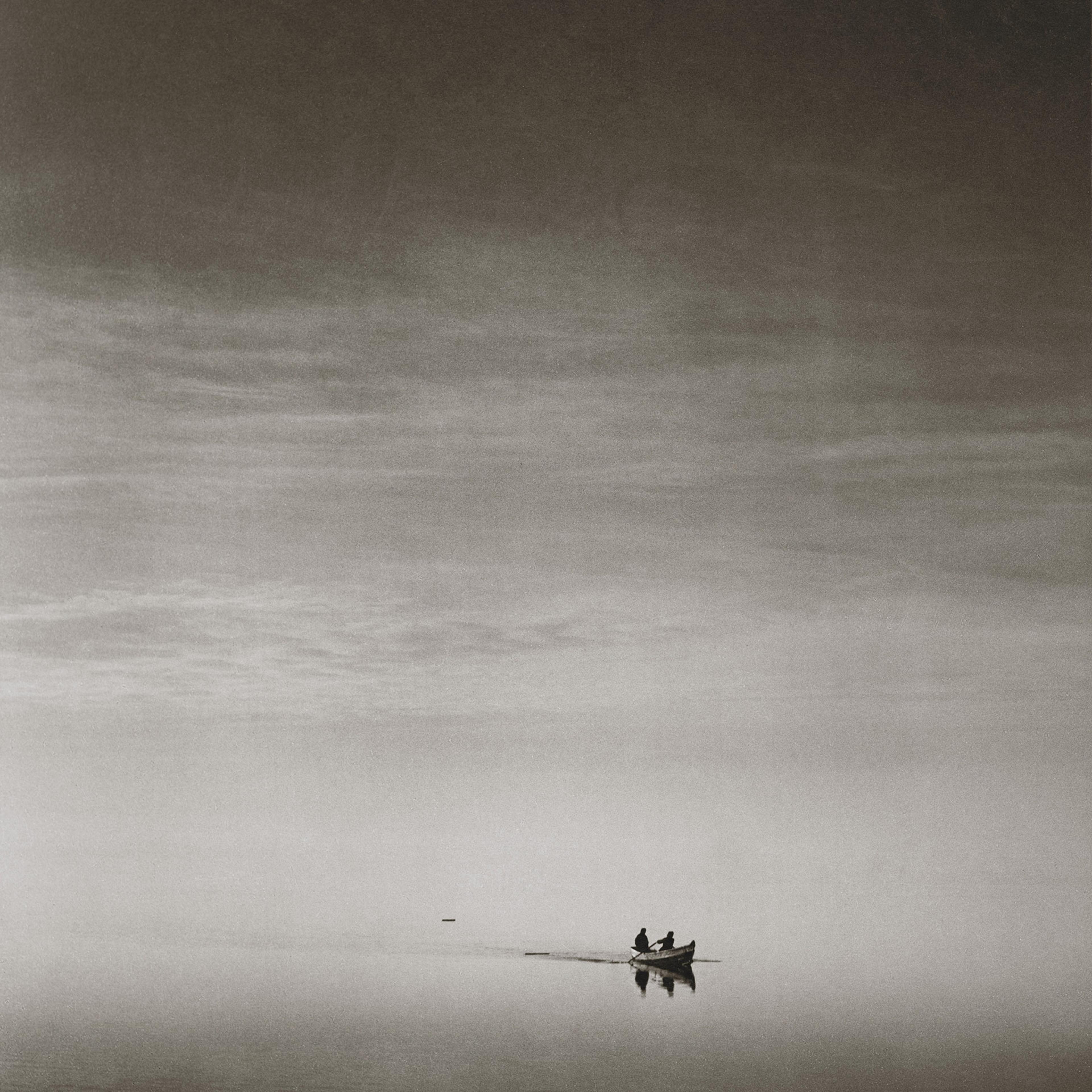
The nature of reality
How to think about time
This philosopher’s introduction to the nature of time could radically alter how you see your past and imagine your future
by Graeme A Forbes
The Greatest Psychedelic Books of All Time
Curl up and get lost. we found trippy reads for every occassion., article by delilah friedler published on april 8, 2024 updated april 8, 2024.
- Equity and Reciprocity
- Psychedelic Guides
- Become a Member
- The Magazine
- Our Editorial Standards
The world of literature offers an infinite range of experiences—a quality that has long brought readers back for more. Some mimic the mind-altering effects of psychedelics, while others can teach us things we never knew about those substances. From the surreal landscapes of “Alice’s Adventures in Wonderland,” to the hallucinatory prose of “Naked Lunch” and the honest personal insights of “Trip,” certain books have emerged as sacred texts for psychonauts and bookworms alike. They serve as guides, companions, and often, as cautionary tales, weaving together threads of history, fantasy, science, and personal journeys into a kaleidoscopic tapestry. These fourteen books are carefully curated to jumpstart your next literary adventure.
How to Grow Shrooms Bundle
Great psychedelic books—from the famous to the uncanny.
We’re about to delve into some incredible books that can transport you to that special place where reality blurs with imagination, and the mundane becomes extraordinary. So, settle into your favorite reading nook and prepare to learn, teleport, time travel, fall down the rabbit hole, or hibernate for a year (that will make sense soon, I promise). Happy reading, and may the transformative power of words forever expand your mind.
“The Doors of Perception” by Aldous Huxley
A seminal work that inspired the entheogenic model of understanding psychedelics and the name of rock band The Doors, Aldous Huxley’s The Doors of Perception is a profound exploration of altered states of mind. Beautifully describing and drawing from his own experiences with mescaline, Huxley delves into the complex relationships between reality, art, and spirituality, giving readers new philosophical frameworks in which to push the bounds of consciousness and knock on the mythical doors of perception.
“Naked Lunch” by William S. Burroughs
If you’re open to something seedy, intense, and utterly unmatched in the psychedelia of its prose, nothing hits like William S. Burroughs’ groundbreaking novel Naked Lunch . It’s a frenetic and hallucinatory journey through the seedy underbelly of addiction, sexual depravity, and existential angst. Pioneering a disjointed narrative and stream-of-consciousness style, the book was a milestone in postmodern art, immersing readers in a dreamlike landscape that confounds conventional notions of literature and sanity.
Subscribe to the Drop In by DoubleBlind. Your essential newsletter covering the world of psychedelics. Trusted by 100k+ readers.
“you too can have a body like mine” by alexandra kleeman.
Alexandra Kleeman’s darkly comedic novel You Too Can Have A Body Like Mine is a satirical exploration of consumerism, female identity, and the commodification of self in the twenty-first century. It begins with her protagonist, known only as A, engaged in a strange and bitter three-way relationship with her roommate B and boyfriend C, but that’s just the first incline of this surrealist rollercoaster before it peaks and dives into mad loop-de-loops. Kleeman’s dystopian world of chain store religions and demonical mascots depicts how our desires are warped by relentless advertising and media manipulation, particularly as it affects women and femmes.
“Alice’s Adventures in Wonderland” by Lewis Carroll
A timeless classic, Alice’s Adventures in Wonderland by Lewis Carroll (who was an Oxford mathematician, logic expert, and “nonsense” poet) is a whimsical journey through the fantastical realm of Wonderland, where flowers sing and animals participate in a topsy-turvy royal court. The curious protagonist ventures bravely through a world where logic is inverted and the absurd reigns supreme. With iconic characters and colorful adventures, the book captures the playful spirit of the psychedelic experience.
“Kindred” by Octavia E. Butler
Kindred combines elements of science fiction and historical fiction to explore themes of race, gender identity, and power. Nebula Award-winning author Octavia E. Butler teleports the protagonist Dana, a Black woman, from the present to nineteenth-century Maryland, where she confronts the horrors of slavery and comes to terms with the enduring legacy of trauma . This mysterious and moving story offers provocative social commentary as well as an emotional experience. Psychedelic bonus points: it’s now been adapted into a graphic novel !
“If On A Winter’s Night A Traveler” by Italo Calvino
Perhaps one of the trippiest books ever written, Italo Calvino’s metafictional masterpiece If On A Winter’s Night A Traveler is a labyrinthine tale of love, loss, and literary intrigue all told in the second person—that is, the narrator addresses you as “you,” in increasingly fascinating ways. The book fluctuates between multiple genres of literature, guiding readers along the lattice of an intricate narrative structure centered around a global book fraud conspiracy. Witty yet deep, Calvino’s book explores the nature of fiction and the power of storytelling to shape our lives.
“Trip” by Tao Lin
Novelist and essayist Tao Lin wrote Trip as a candid and introspective memoir to chronicle his experiences with psychedelic drugs and their profound impact on his life and creative process. With its raw honesty and unflinching self-examination, the book offers a glimpse into the mind of a highly intelligent 21st century psychonaut grappling with existential questions, as well as the mundane (such as: What do you do after you throw away your computer while on shrooms?).
“My Year of Rest and Relaxation” by Ottessa Moshfegh
In Ottessa Moshfegh’s hit novel My Year of Rest and Relaxation an unnamed protagonist embarks on a year-long experiment to enter a state of pharmaceutical-induced hibernation. Set against the backdrop of New York City in the early 2000s, it’s a surreal and unsettling exploration of alienation, ennui, and the desire for oblivion in an age of excess. If you enjoy deadpan humor and biting social commentary My Year of Rest and Relaxation is the trip for you.
“Fear and Loathing in Las Vegas” by Hunter S. Thompson
A masterpiece of gonzo journalism, Hunter S. Thompson’s Fear and Loathing in Las Vegas , takes you on a wild and chaotic ride through the subconscious of the American Dream. The book follows journalist Raoul Duke and his attorney, Dr. Gonzo, as they journey toward Las Vegas on a psychedelic road trip (like, literally—they take LSD in the car). Through their eyes (and more LSD), the uncanny city of excess becomes a hallucinatory landscape of excess and paranoia. Yet the book’s manic energy and drug-fueled antics are more fun than they might sound.
“Kafka on the Shore” by Haruki Murakami
Often considered an exceptionally difficult read, the enigmatic Kafka on the Shore by Haruki Murakami is nothing short of a metaphysical odyssey, blurring the boundaries between dreams and reality as well as between destiny and choice. It interweaves the stories of a teenage boy running away from home and an old, disabled man who can talk to cats. Often using musical compositions as metaphors, the book—much like psychedelics—invites readers to unravel the mysteries of the human psyche and explore the interconnectedness of all things.
“Cloud Atlas” by David Mitchell
Are you ready for an epic journey across spacetime and human history? David Mitchell’s Cloud Atlas spans centuries and continents, weaving together six distinct narratives that prove to be profoundly interconnected. From the South Pacific in the nineteenth century to a post-apocalyptic future, Cloud Atlas beautifully depicts the resilience of the human spirit and its timeless capacity for love and redemption, with ambitious scope and richly imagined worlds.
“Bunny” by Mona Awad
Anyone familiar with academia or the writerly life will enjoy Mona Awad’s hit novel Bunny , which uses twisted humor and unsettling imagery to explore themes of friendship as well as the darker aspects of human nature. Protagonist Samantha becomes entangled in a bizarre cult-like group of classmates known as the Bunnies while attending an MFA program at an elite university. This book offers a subversive take on conformity, belonging, and the at-times-maddening search for artistic freedom.
“House of Leaves” by Mark Z. Danielewski
Mark Z. Danielewski’s genre-defying novel House of Leaves is nothing short of a labyrinth. Mysterious and mind-bending, the story-within-a-story (underscored by copious footnotes) tells of a family who finds themselves living in a haunted house that defies the laws of physics and sanity. By employing intricate typography, page layouts, and multimedia elements, the book requires readers to invest physical effort in reading the text, inviting them to question the nature of perception and the limits of human understanding.
“A Scanner Darkly” by Philip K. Dick
Set in a dystopian America ravaged by government surveillance and an epidemic of addiction to psychoactive drugs, A Scanner Darkly by sci-fi master Philip K. Dick is both an entertaining ride and a chilling cautionary tale. The book follows undercover detective Bob Arctor as he becomes entangled in a web of conspiracy and deception. With its paranoid atmosphere and shocking twists, A Scanner Darkly offers a haunting, yet distinctly psychedelic vision of a society in peril.
DoubleBlind is a trusted resource for news, evidence-based education, and reporting on psychedelics. We work with leading medical professionals, scientific researchers, journalists, mycologists, indigenous stewards, and cultural pioneers. Read about our editorial policy and fact-checking process here.
DoubleBlind Magazine does not encourage or condone any illegal activities, including but not limited to the use of illegal substances. We do not provide mental health, clinical, or medical services. We are not a substitute for medical, psychological, or psychiatric diagnosis, treatment, or advice. If you are in a crisis or if you or any other person may be in danger or experiencing a mental health emergency, immediately call 911 or your local emergency resources. If you are considering suicide, please call 988 to connect with the National Suicide Prevention Lifeline.
Best Books On Psychedelics
Explore the mind-altering world of psychedelics through literature that's been most recognized by leading voices in the field, each book gaining a spot for its frequent features in respected articles..

The Psychedelic Book Club
“Reading is essential for those who seek to rise above the ordinary.” – Jim Rohn
How to Change Your Mind
The psychedelic explorer’s guide, the psychedelic experience, the doors of perception, pihkal: a chemical love story, the psilocybin solution: the role of sacred mushrooms in the quest for meaning, love drugs: the chemical future of relationships, psychedelic psychotherapy: a user-friendly guide to psychedelic drug-assisted psychotherapy, psychedelic medicine: the healing powers of lsd, mdma, psilocybin, & ayahuasca, lsd psychotherapy: the healing potential of psychedelic medicine, the body keeps the score, in the realm of hungry ghosts, heart medicine: a true love story, a really good day, psilocybin: magic mushroom grower’s guide, psilocybin mushrooms of the world: an identification guide, growing gourmet and medicinal mushrooms, food of the gods, true hallucinations, alien information theory: psychedelic drug technologies and the cosmic game, be here now, the electric kool-aid acid test, braiding sweetgrass: indigenous wisdom, scientific knowledge & the teachings of plants, ayahuasca: soul medicine of the amazon jungle, grandmother ayahuasca: plant medicine and the psychedelic brain, listening to ayahuasca: new hope for depression, addiction, ptsd, & anxiety, the shaman & ayahuasca: journeys to sacred realms, the cosmic serpent: dna & the origins of knowledge, sacred vine of spirits: ayahuasca, ayahuasca jungle visions: a coloring book, sacred mirrors: the visionary art of alex grey, subscribe to get a weekly dose of psychedelics in your inbox.
Despite the advancements in the quality of video and audio-based content, reading remains the most efficient method of absorbing and integrating explicit information.
Psychedelics open the mind, improve the way we think and see the world, and help us unlock a greater level of insight and capacity for critical thinking.
Unsurprisingly, many of the greatest minds in psychedelics are also avid writers, and there are a ton of excellent books to help you dive into this intriguing world.
Here are 32 of the most impactful and interesting reads on the topic of psychedelics for psychonauts of all levels of experience.
Jump to Section:
- Intro to Psychedelics
- Psychedelic-Assisted Therapy
- Microdosing
- Growing & Identifying Magic Mushrooms
- Down the Rabbit Hole
- Ayahuasca Books
- Psychedelic Art Books
1. Best Intro Books to Psychedelics
These are the staples — the books any psychonaut should at least be familiar with. Any one of these books serves as a perfect jumping-off point for anyone interested in dabbling with psychedelics .
- The Psilocybin Solution
(Michael Pollan)
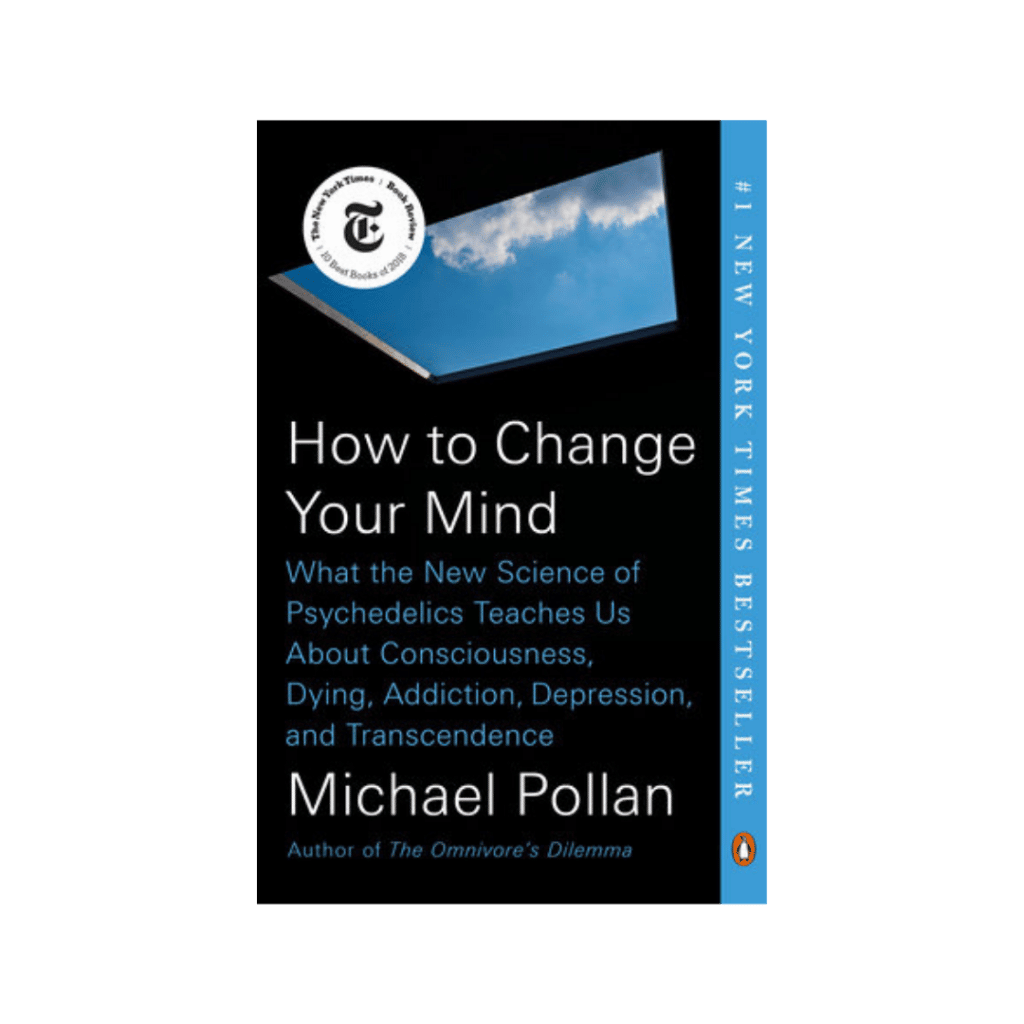
This book single-handedly brought psychedelics back into the mainstream. Michael Pollan went from being a psychedelic skeptic, only trying psychedelics in his later adult years, to one of the most influential and knowledgeable individuals in the psychedelic community.
This book covers the history of psychedelics, Pollan’s personal experience searching for and engaging with a professional trip sitter, and the science behind psychedelic drugs for personal growth and healing.
If you only read one book on psychedelics, this is the one.
(James Fadiman)
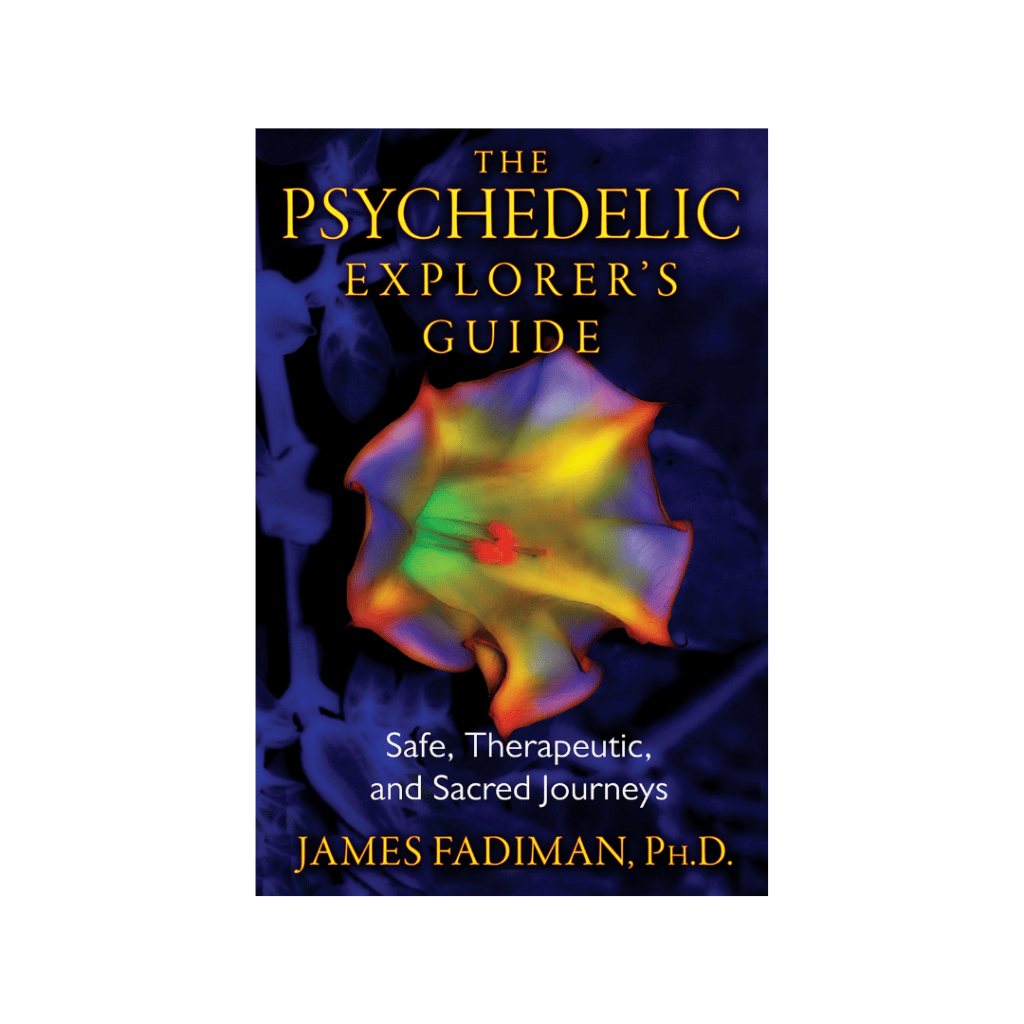
James Fadiman is a highly respected pioneer in the psychedelic research space. This book is his compendium on the safe, responsible, and effective use of psychedelic substances.
This book covers a wide body of research and expert insights into the use of many different types of psychedelics — including microdosing.
This book is an incredible blend of humor, personal insight and anecdotes, and factual, evidence-based information.
( Timothy Leary , Ralph Metzner, & Richard Alpert)
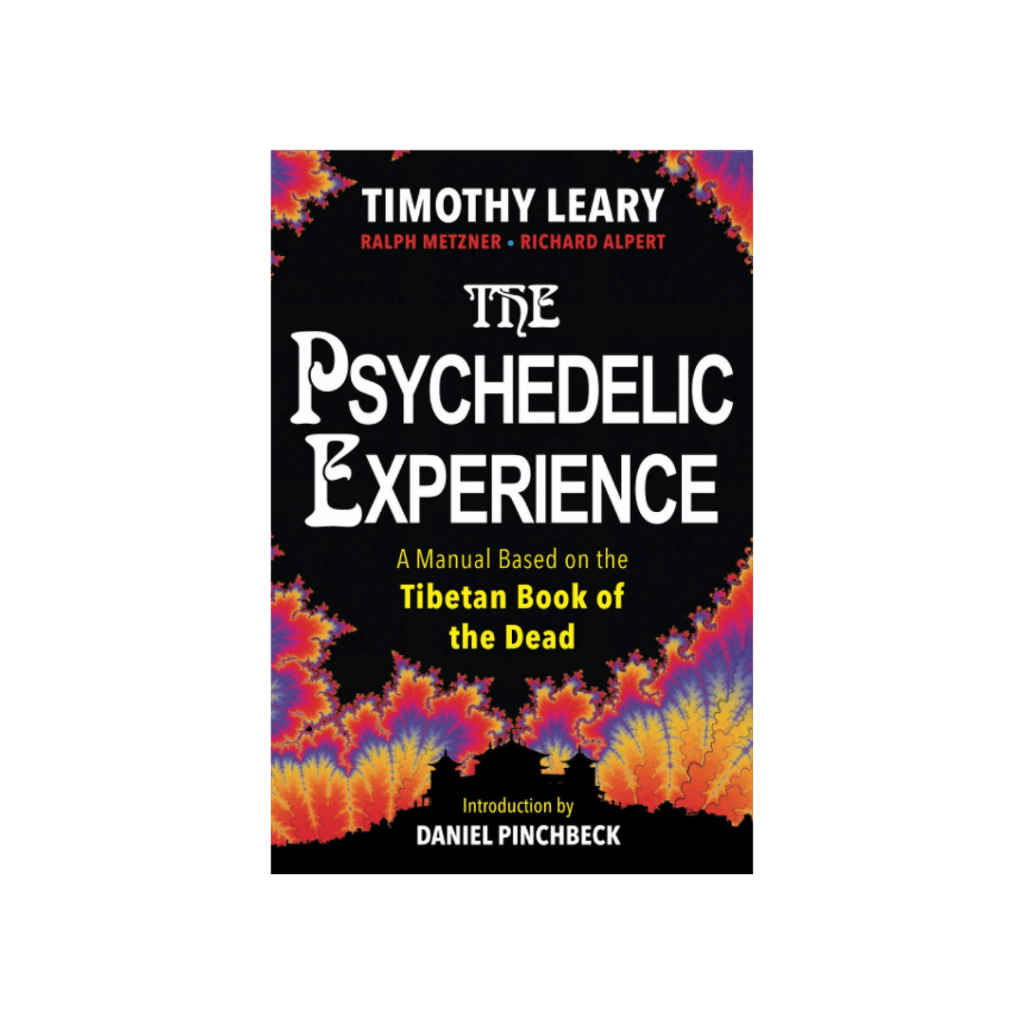
Written by three of the most influential minds in the psychedelic space, The Psychedelic Experience is built off the wisdom of the Tibetan Book of the Dead.
This book explores consciousness, ego-death, and transcendence associated with high doses of psychedelics. It’s considered canon in psychedelic literature for psychonauts of all levels of experience.
(Aldous Huxley)
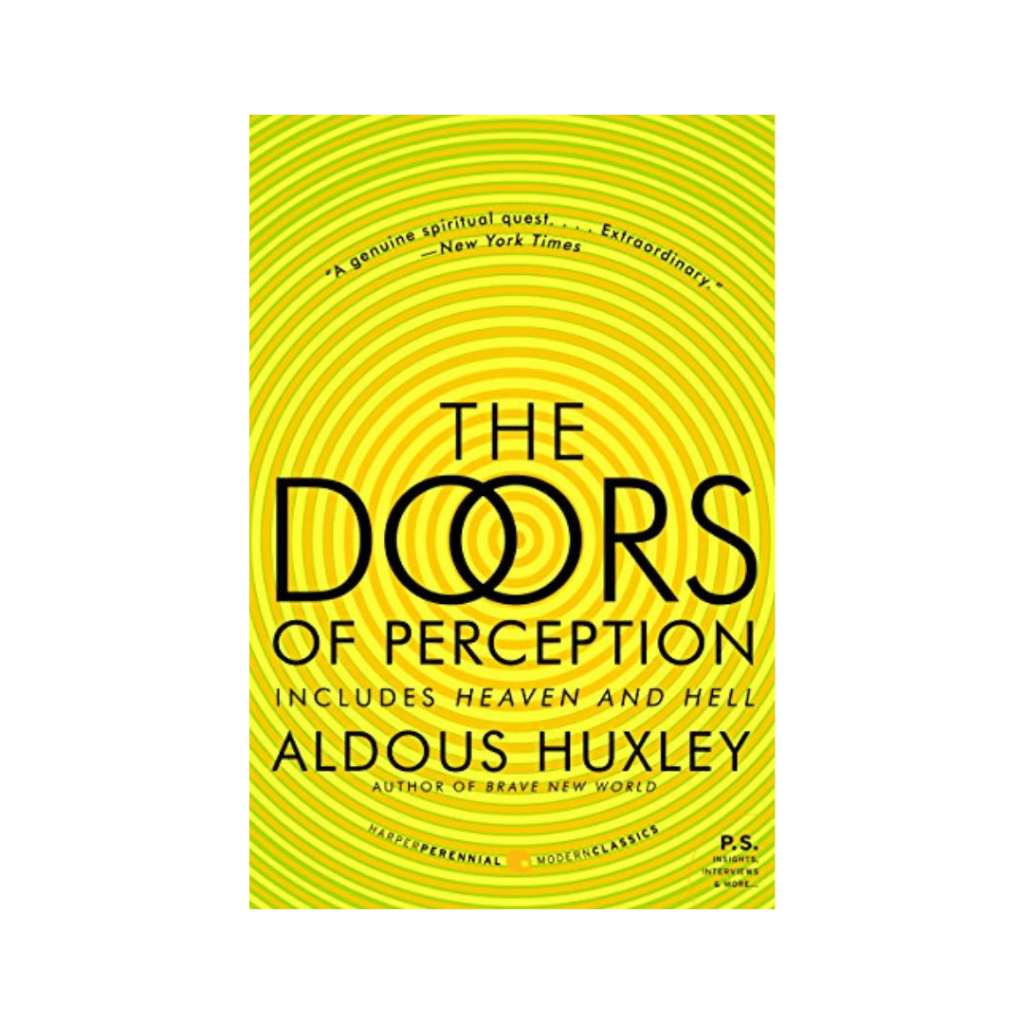
This was one of the first psychedelic books to reach mainstream popularity. The author, Aldous Huxley — a prolific writer — took peyote, a mescaline-containing cactus. This book highlights his journey inward through new states of consciousness.
This book is an enjoyable read, full of spiritual, philosophical, and psychological insights still relevant today.
( Alexander Shulgin )
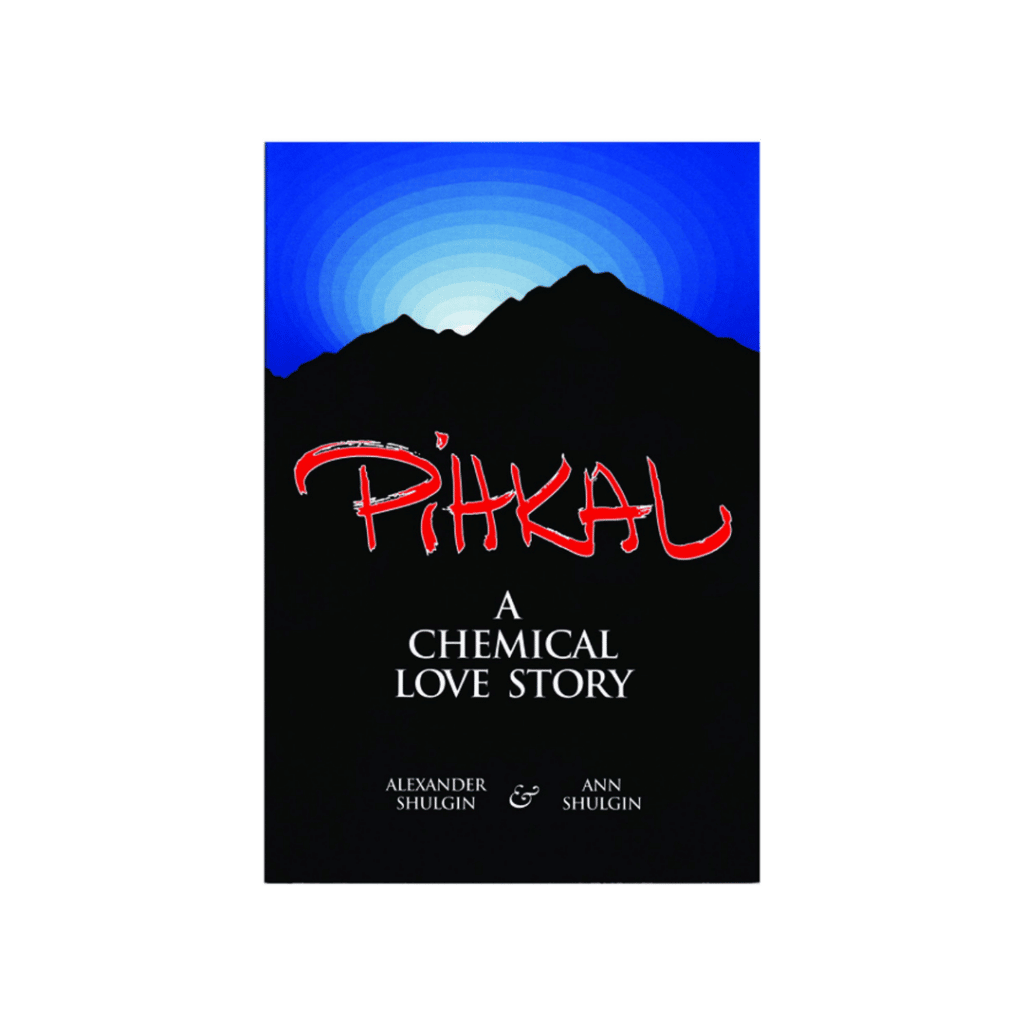
PiHKAL is the first of two books written by the late Alexander Shulgin and his wife, Ann Shulgin .
The first half of the book is a love story largely based on the couple’s real-life experience, and the second half is a recipe book and guide for synthesizing and using over 170 phenethylamine-based psychedelics Shulgin invented in his lab.
Alexander Shulgin was the most prolific biochemist in the psychedelic space — having personally invented and tested well over 230 individual substances. This book offers insights into the minds of one of the most intelligent chemists in the world, his views on consciousness, death, and the use of psychoactive substances.
His wife and co-authors’ addition to the book balances his logical thinking with her more empathetic and mystical ideas on some of the deeper concepts explored in the book.
(Simon G. Powell)
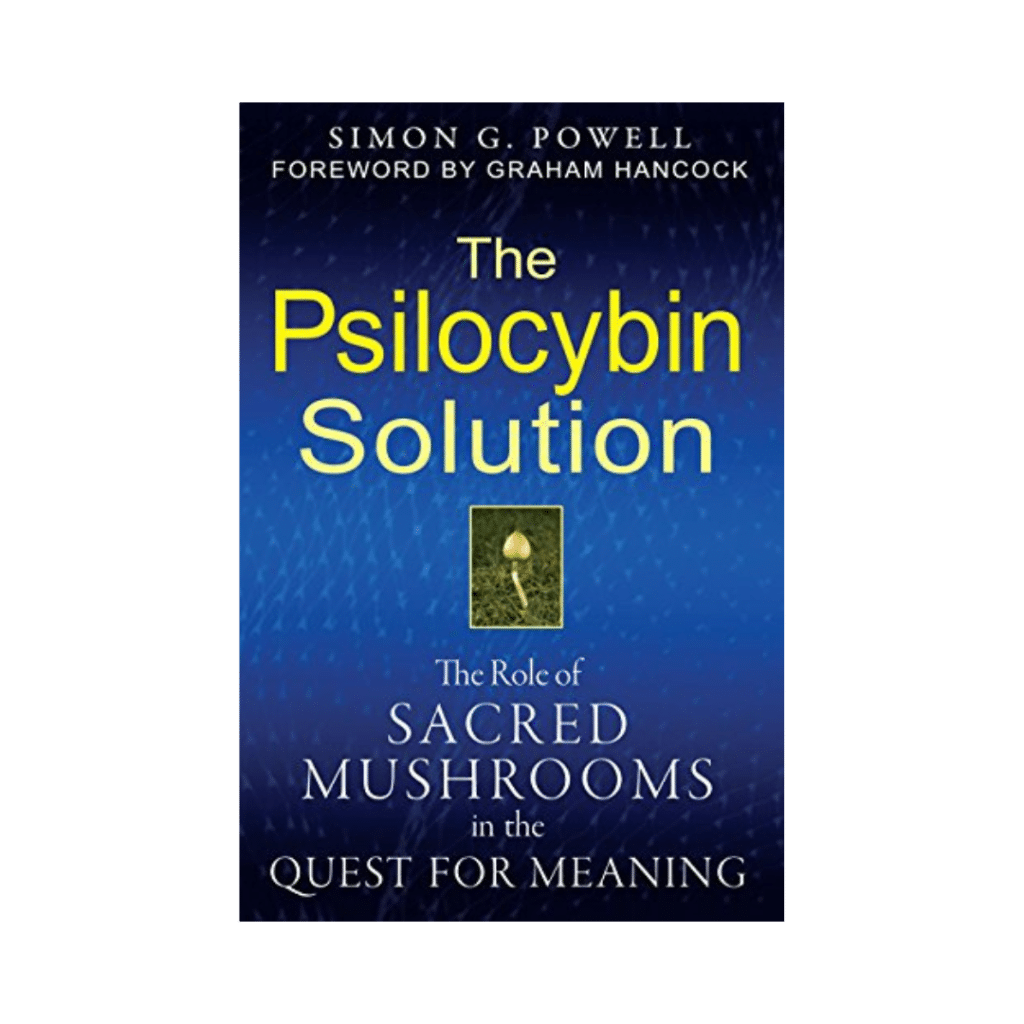
This book formed the basis of my understanding of psychedelic mushrooms when it first came out. It was published in 2011, and while a lot has happened since then, this book remains a powerhouse of knowledge for anybody invested in learning about magic mushrooms and their power to transform both the individual and societies that take them.
Powell explores the history of psilocybin-containing mushrooms among early humans as well as modern-day applications in research and therapy.
He also describes how psilocybin has the potential to shift our individual and collective consciousness, leading to a greater understanding of the interconnectedness of all life. He suggests this shift could play a crucial role in addressing global problems like environmental collapse and political divide.
2. Best Books on Psychedelic-Assisted Psychotherapy
These books take a deeper look at the medicinal applications of psychedelics.
They’re excellent resources for therapists using psychedelics as part of their practice or laypeople with interest in the science of psychedelics as medicine.
Related: What is Psychedelic-Assisted Psychotherapy?
(Brian Earp & Julian Savulescu)
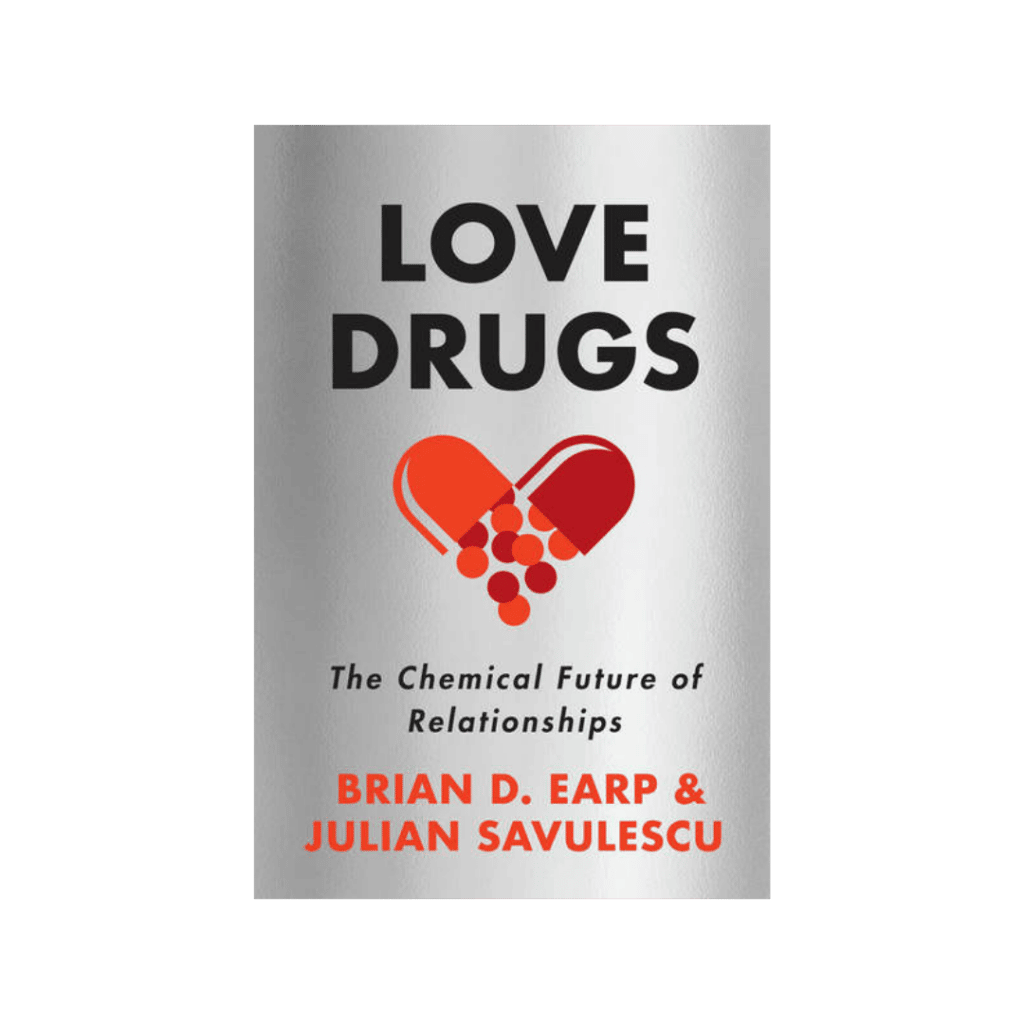
This book explores the use of chemicals, namely MDMA (ecstasy), for facilitating human connection. It questions the origin of love and offers insight into how empathogenic substances like MDMA offer value in couples therapy or individual healing after a breakup.
This book builds a case for doing more research into love drugs and “anti-love drugs” and their potential role in society.
(R. Coleman)
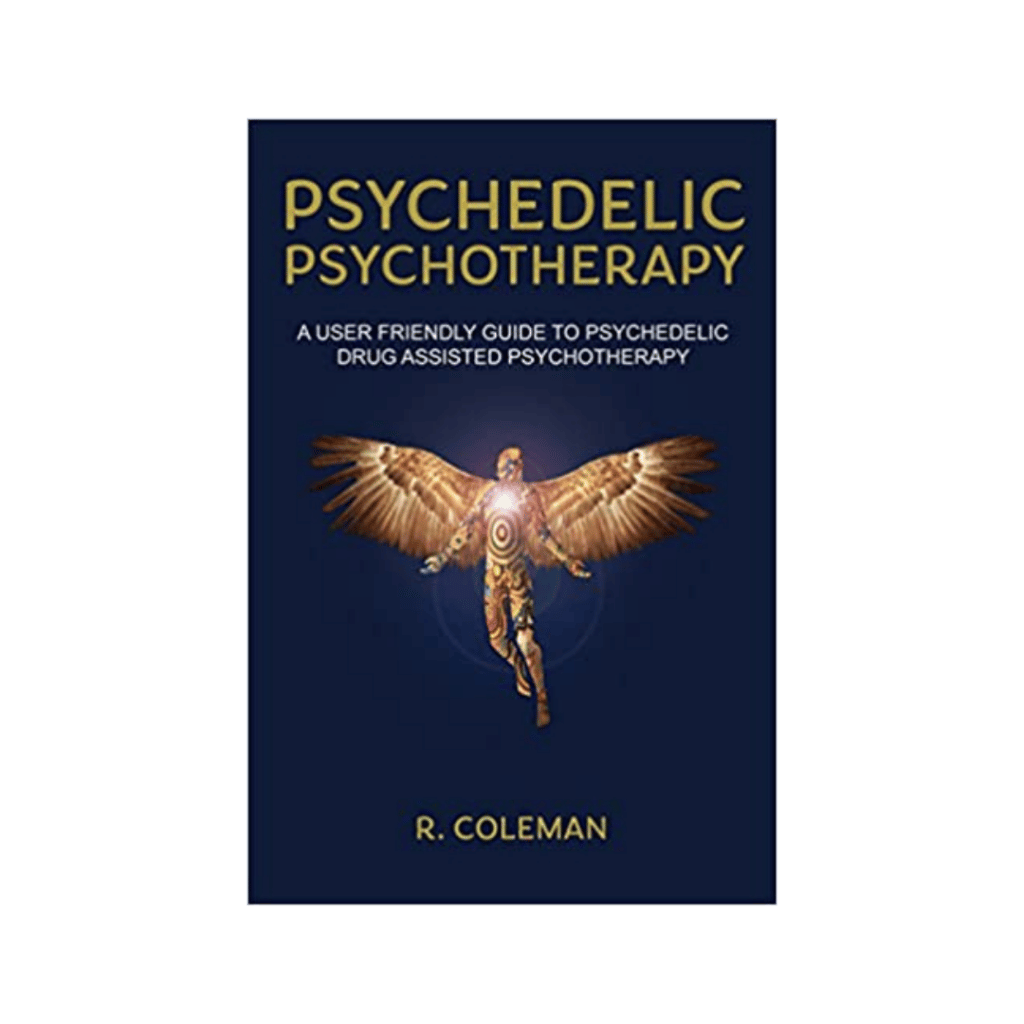
This comprehensive guide offers an all-inclusive resource for therapists administering psychedelic-assisted psychotherapy. It offers definitive guidelines on the nitty-gritty involved with healing trauma, addiction, and various other mental health disorders with LSD, MDMA, and psilocybin.
This is a must-have for anybody interested in the field of psychedelic-assisted psychotherapy.
(Dr. Richard Louis Miller)
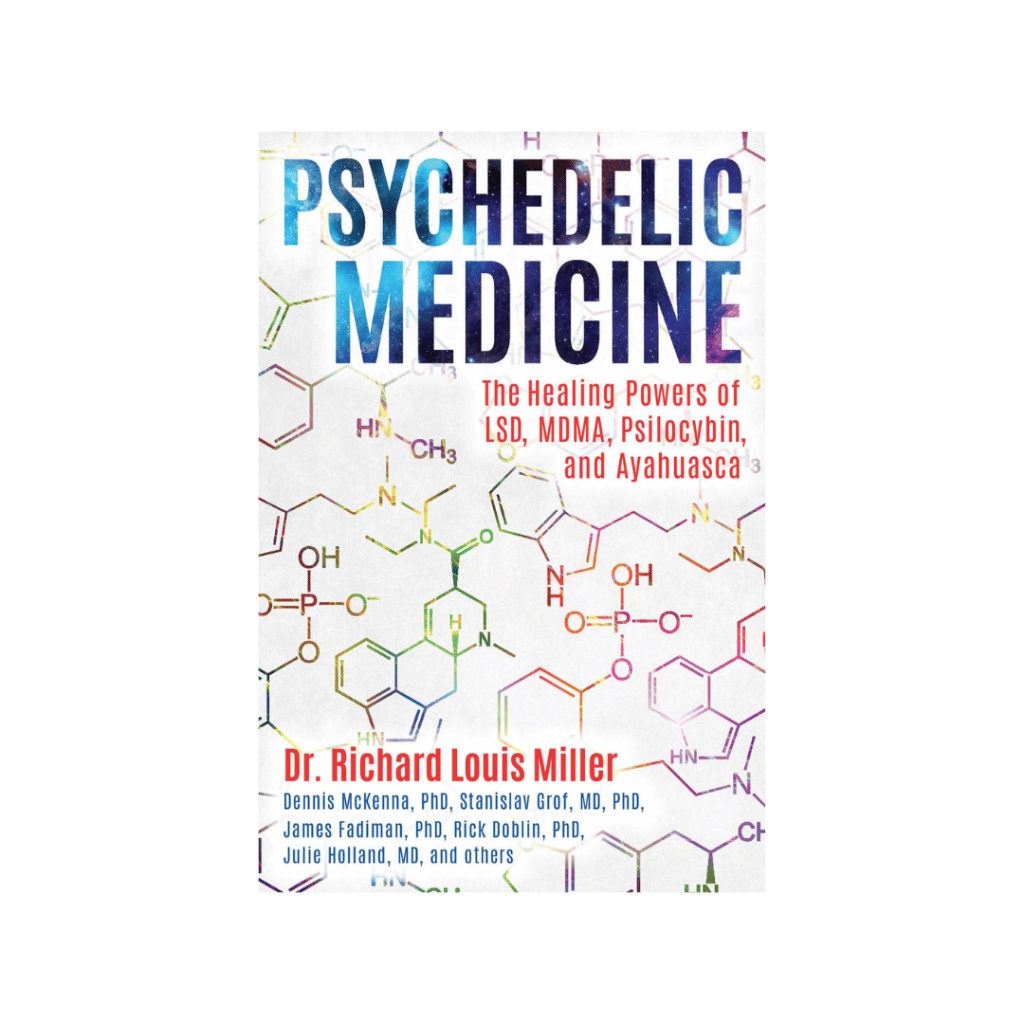
This book is the perfect starting point for those interested in the medical applications of psychedelics. Dr. Miller eloquently breaks down the most impactful research in the psychedelic space — including the work of Charles Grob, David Nichols, Dennis McKenna, James Fadiman, Julie Holland, Katherine MacLean, Michael and Annie Mithoefer, Phil Wolfson, Robert Whitaker, Roland Griffiths, Stanislav Grof, and Rick Doblin.
This book covers the history, basis of mental illness, current research, the future path of psychedelic medicine, and non-technical summaries of MDMA, LSD, psilocybin, ayahuasca, and more.
(Stanislav Grof)
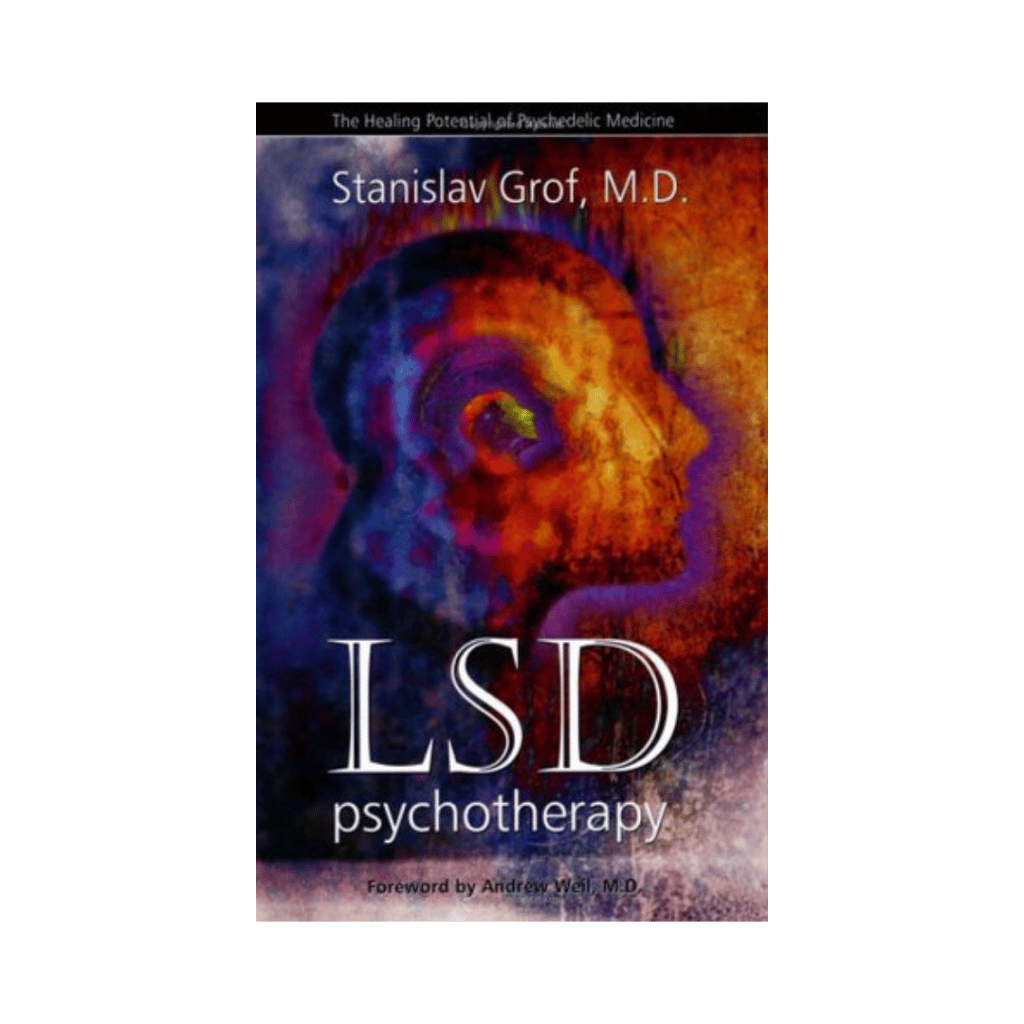
This is one of the core readings for transpersonal therapy and psychedelic-assisted psychotherapy. It’s a dense text-book style reading, full of insights and evidence-based information from one of the most influential psychiatrists to ever live.
The studies explored in this book challenge the ideas we have about human consciousness, perception, and reality — and offer unique insight into ways we can use shifts in our perception of these concepts for healing.
(Bessel van der Kolk)
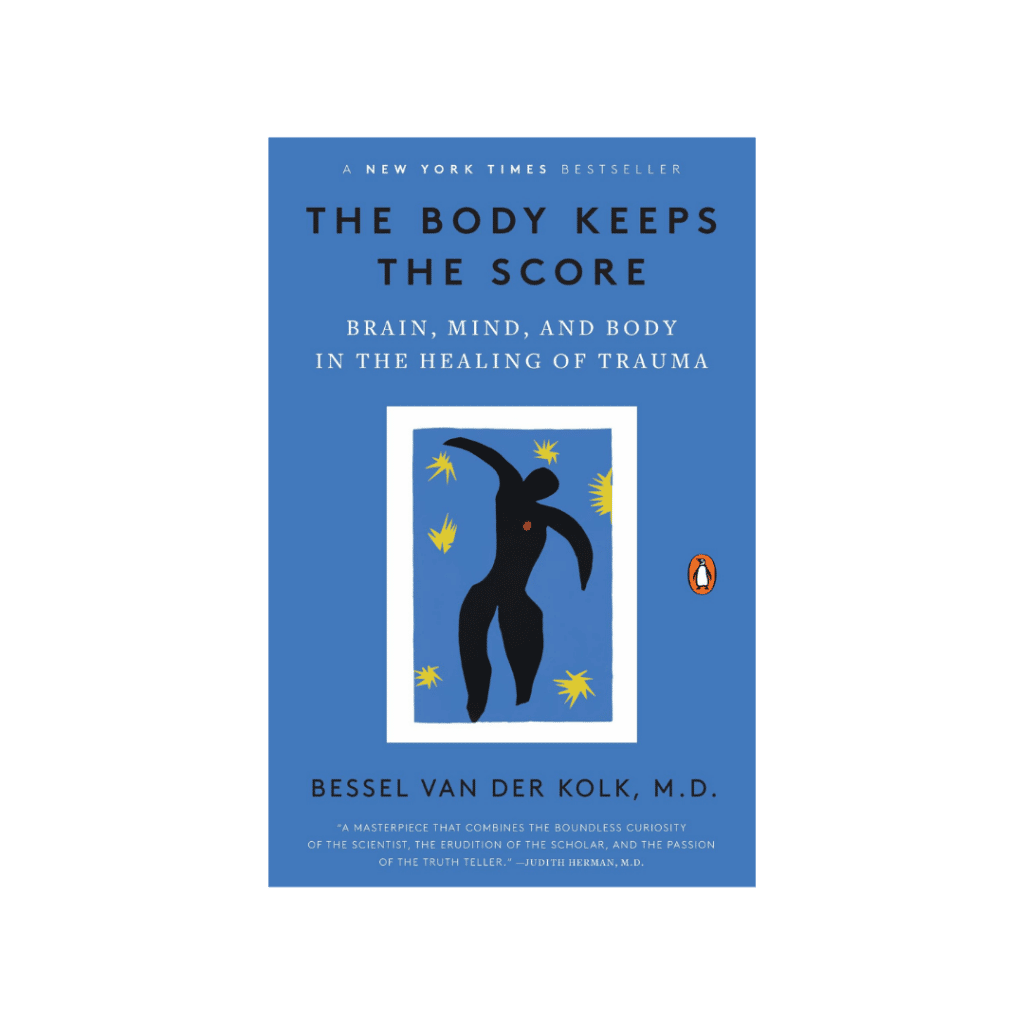
This is an essential guide to understanding trauma and how it affects each and every one of us throughout our lives. It explores how trauma affects our ability to relate to others and explores the underpinnings of trauma and what emerging research suggests in how we can treat it.
This book isn’t directly about psychedelics but covers a lot of the core topics psychedelic research focuses on in terms of healing trauma and trauma-related disorders — such as addiction , depression , eating disorders, anxiety , and more.
(Gabor Maté)
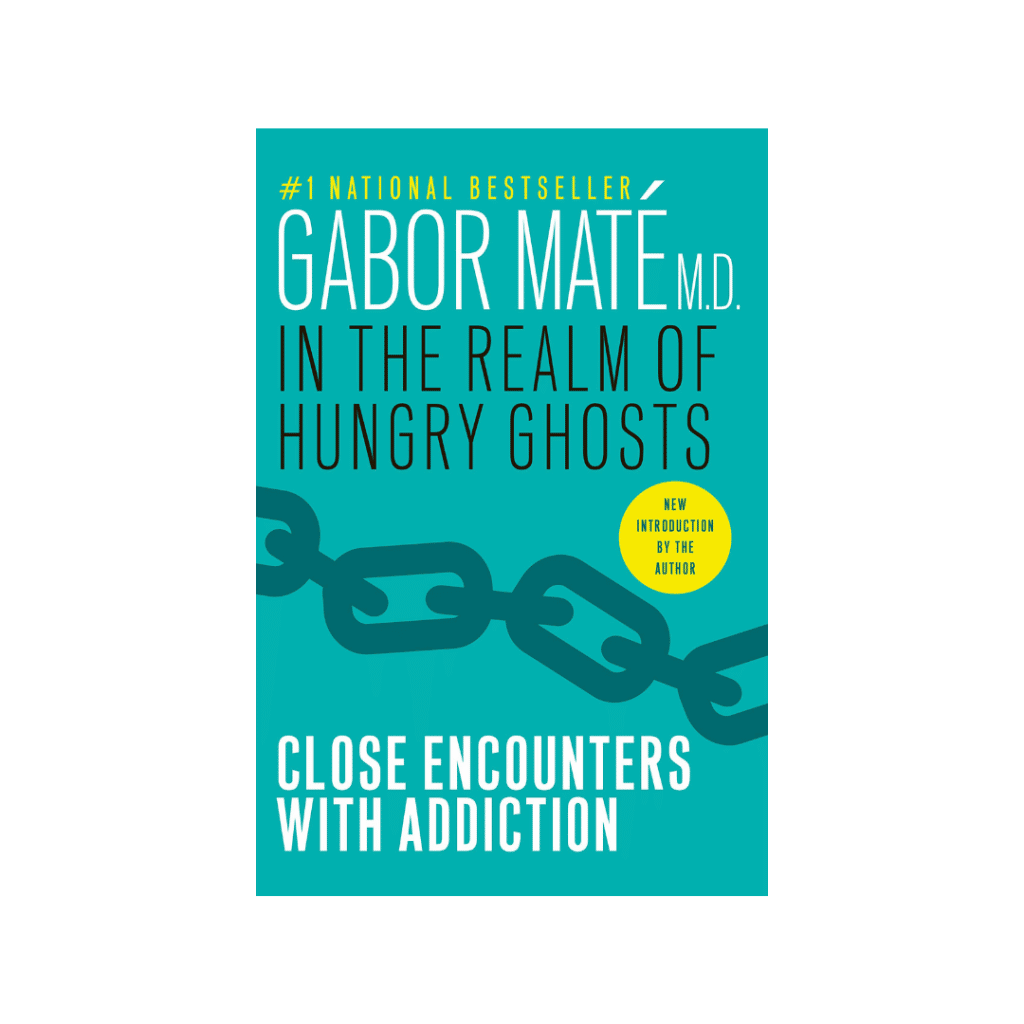
Gabor Maté is an expert on addiction and trauma. He worked with the marginalized community of the downtown eastside of Vancouver, Canada — a small strip of land with the highest concentration of drug abuse in North America.
This book explores what he believes is the core underpinning of all addiction — trauma — and what emerging theories and treatments are in the works for treating it.
Dr. Maté’s book covers current neuroscience, personal case studies and anecdotes, and social critique to address one of our culture’s most complex and paradoxical epidemics.
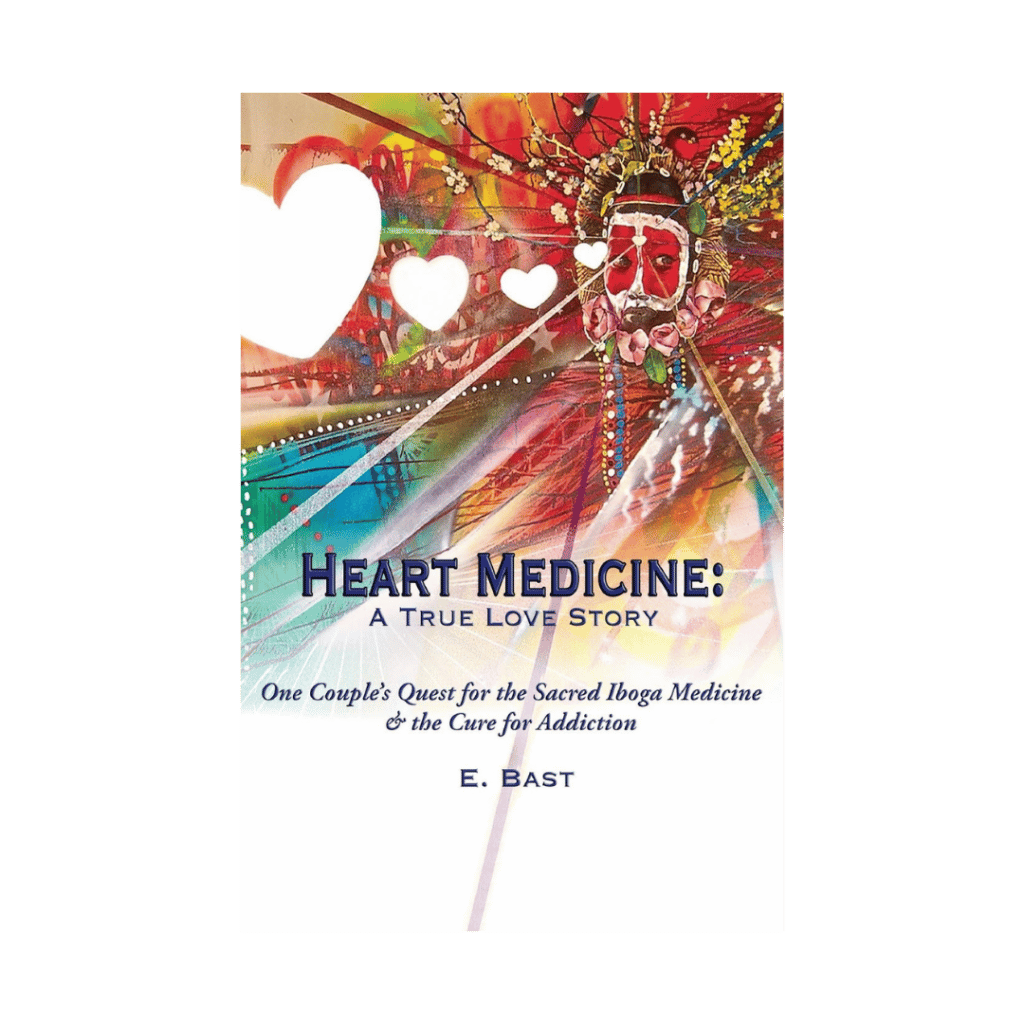
This book follows a couple as they navigate the difficult and tormenting maze of addiction. After years of treatment and relapse, the couple pursues an alternative course of treatment — an obscure indigenous African plant medicine known as iboga .
As the couple engages in iboga treatment, they discover therapeutic applications that stretch far wider than just addiction and trauma.
3. Best Books On Microdosing
Microdosing is all the rage these days, and for good reason.
This practice was popularized after it came to light that many of the high-functioning executives in silicon valley were using microdoses of psychedelics to be more productive, live more presently, and reach new highs in terms of success and personal growth, and expansion.
(Ayelet Waldman)
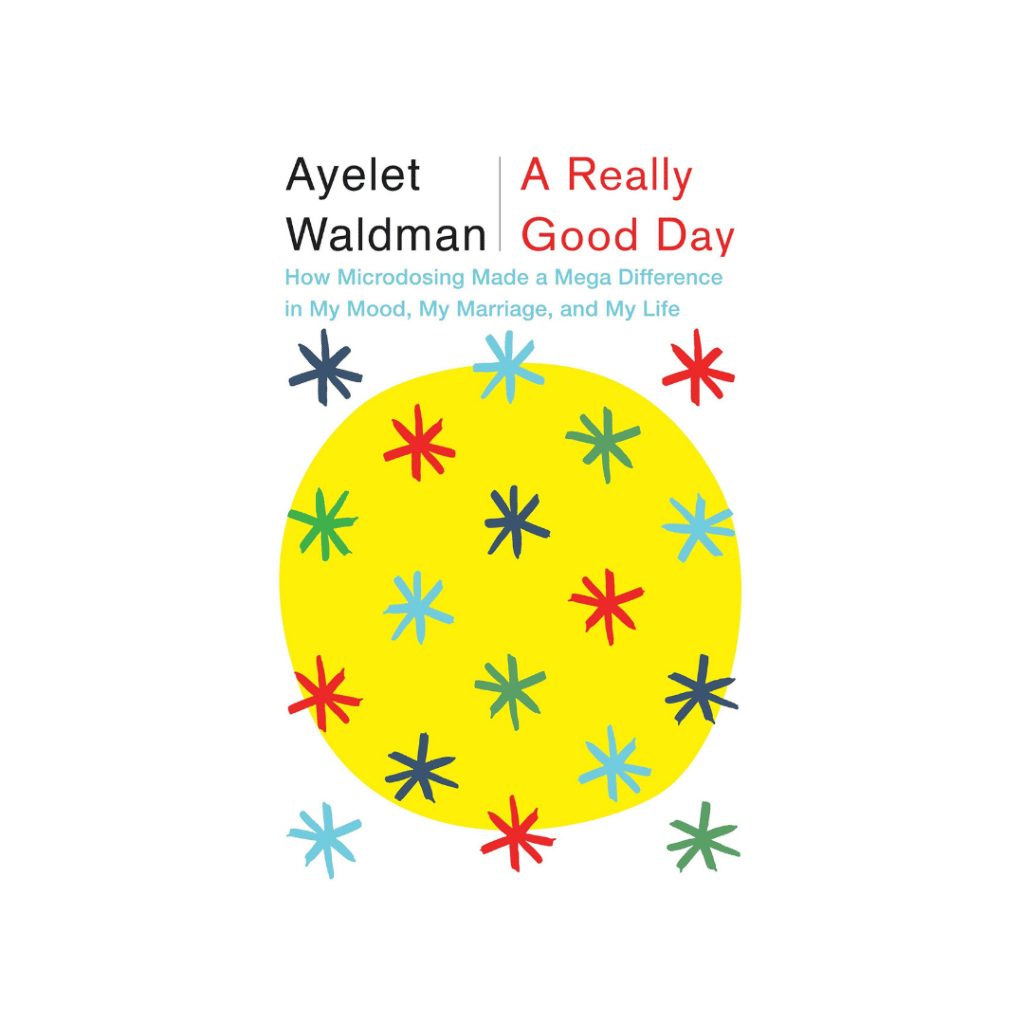
Ayelet Waldman tried everything to treat her bipolar disorder, but nothing worked. That is until she started taking a 10% dose of LSD.
This book explores the world of microdosing in a therapeutic context from a first-person perspective. It explores her struggles with navigating psychotropic medicines and psychiatrists and walks us through her month-long microdosing journey and how she was able to improve her condition, find happiness, reduce physical pain, and become more productive in her daily life.
You’ll learn about the history, research, policy, and theories behind microdosing psychedelics for mental health.
4. Books On Mushroom Cultivation & Identification
Learn how to grow magic mushrooms from the leading experts in the field.
These books are considered canon in the realm of amateur and professional mushroom growers alike.
- Psilocybin: Magic Mushroom Grower’s Guide
(Oss & Oeric: AKA Terrence & Dennis McKenna)
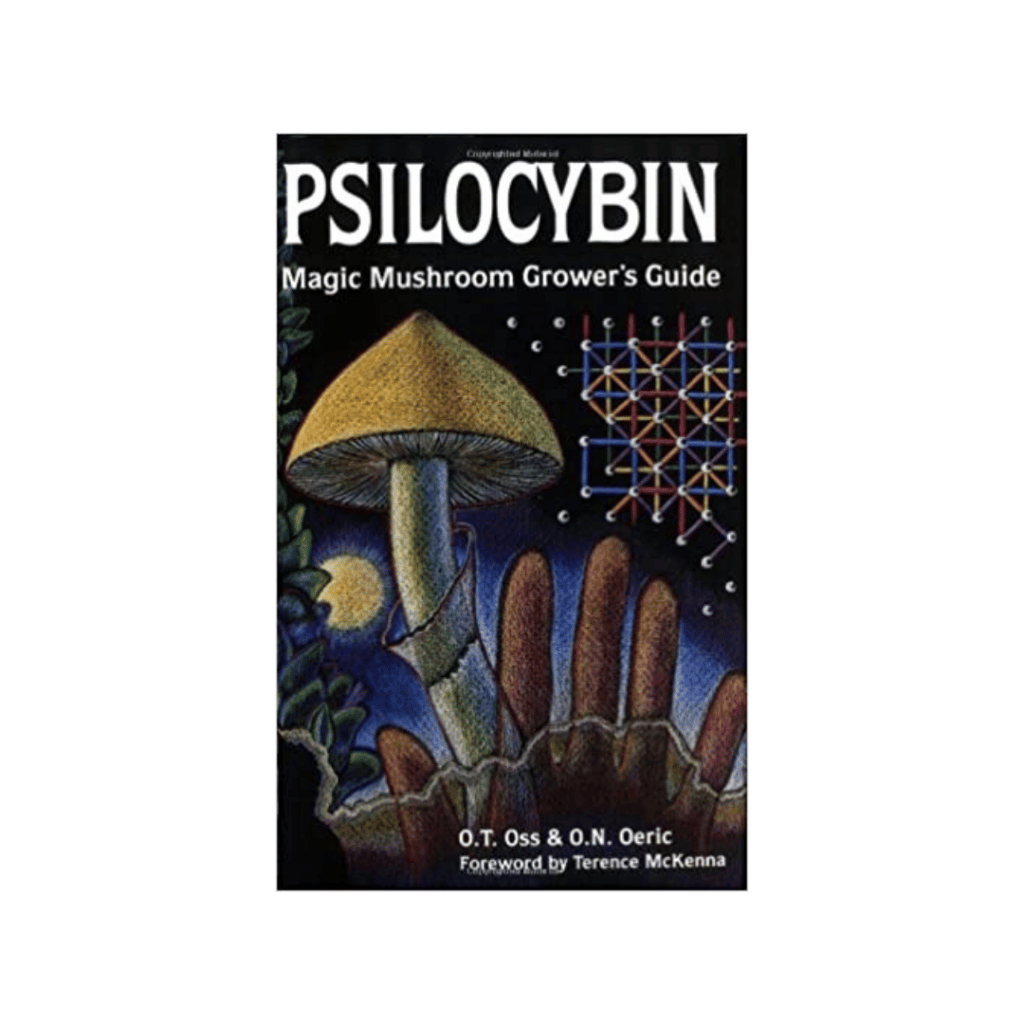
This was one of the first-ever books explaining an effective method of cultivating magic mushrooms.
Terrence and Dennis McKenna first traveled to the Amazon back in 1970, where they collected magic mushroom samples and spores to bring home for their research. They incorporated their own knowledge of plant and fungi cultivation with information picked up from various cultures living in the rainforest to produce this high-impact book on magic mushroom cultivation.
The techniques outlined in this book are still considered standard cultivation methods to this day.
It’s easy to read, informative, and concise. Perfect for anybody getting started growing their own magic mushrooms at home using daily household items.
(Paul Stamets)
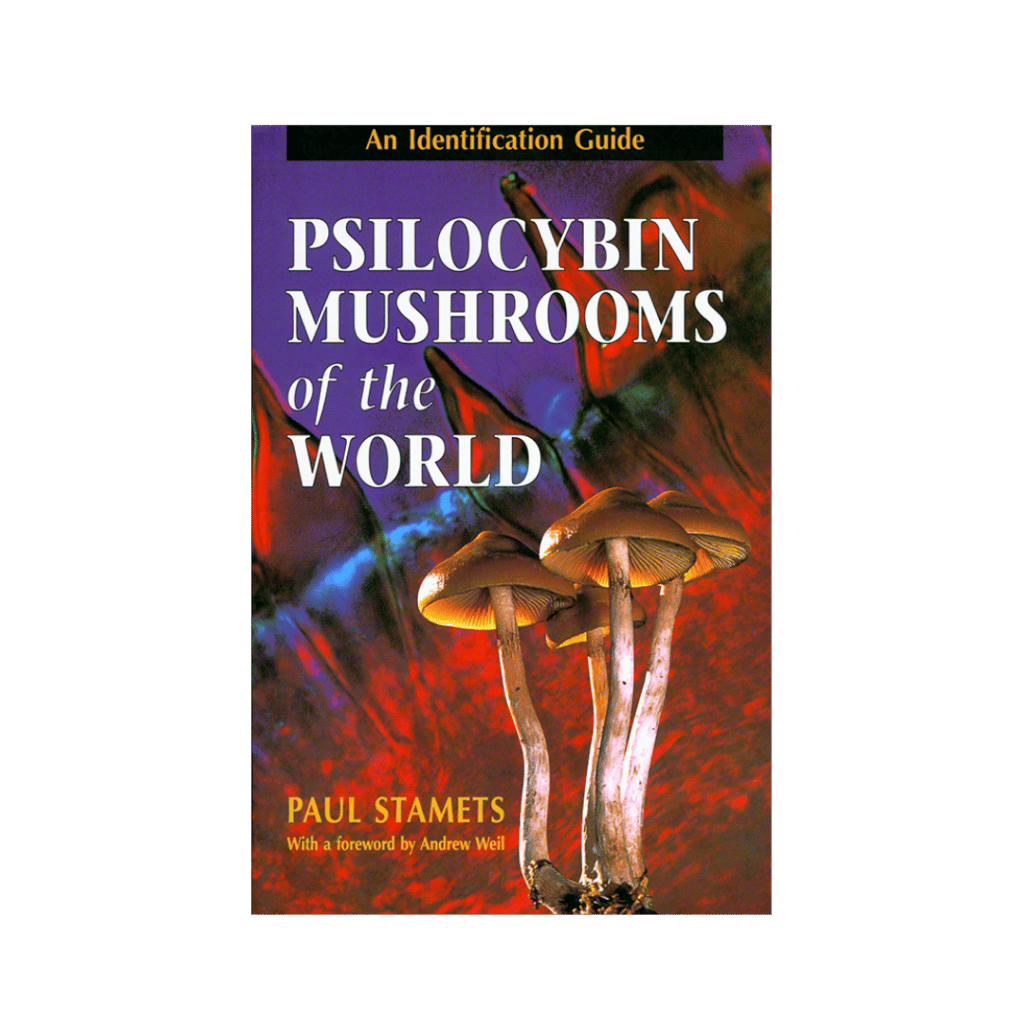
Stamets is the utmost authority on mushrooms today — both psychedelic or otherwise. He’s written several texts now considered canon in the field of mushroom cultivation. This book is his compendium of the many psilocybin-containing species — of which there is a surprising diversity.
Over 100 species of mushrooms are covered in-depth in this book — spanning all continents short of Antarctica. It’s a must-have for anybody interested in foraging wild psychoactive mushrooms.
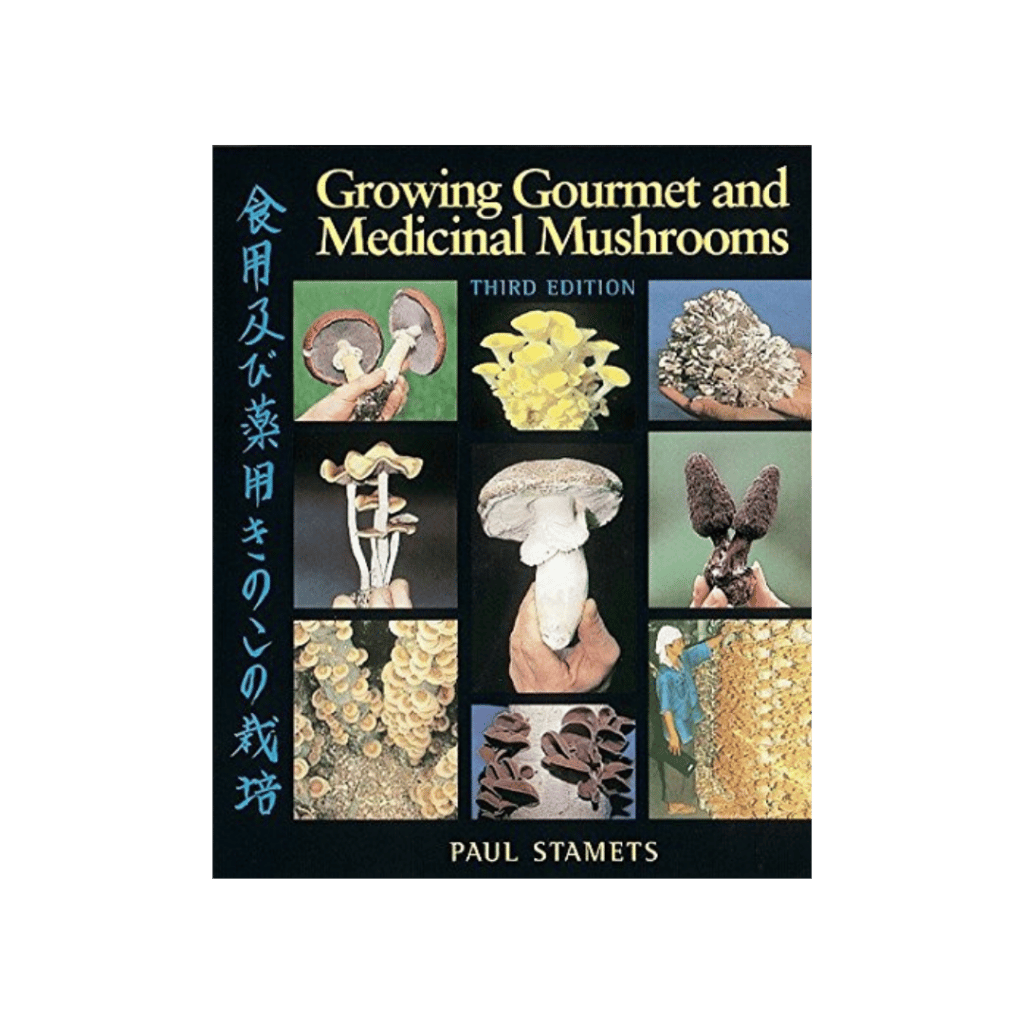
This book is the utmost authority on mushroom cultivation — period. It covers all techniques of propagating and culturing mushrooms of all different types across the entire growth cycle.
The pages of this book provide step-by-step instructions on how to grow mushrooms at home — including gourmet edible mushrooms and magic mushrooms alike.
This is a must-have for professional and amateur mushroom cultivators.
5. Books That Take You Down The Rabbithole
Psychedelics can open your mind to a lot of things — this usually involves subtle and personal things like how you should approach your job, relationships, or spare time.
But it can also bring much deeper and more far-out ideas involving cliché concepts of aliens, ego-death , the origins of human consciousness, and time.
These books take a much deeper dive into some of the theories & philosophies dreamt up with the help of psychedelics.
Whether you think these ideas are too far-fetched or not, they’re interesting reads that offer an alternative view on the world and our place within it.
- Braiding Sweetgrass
( Terrence McKenna )
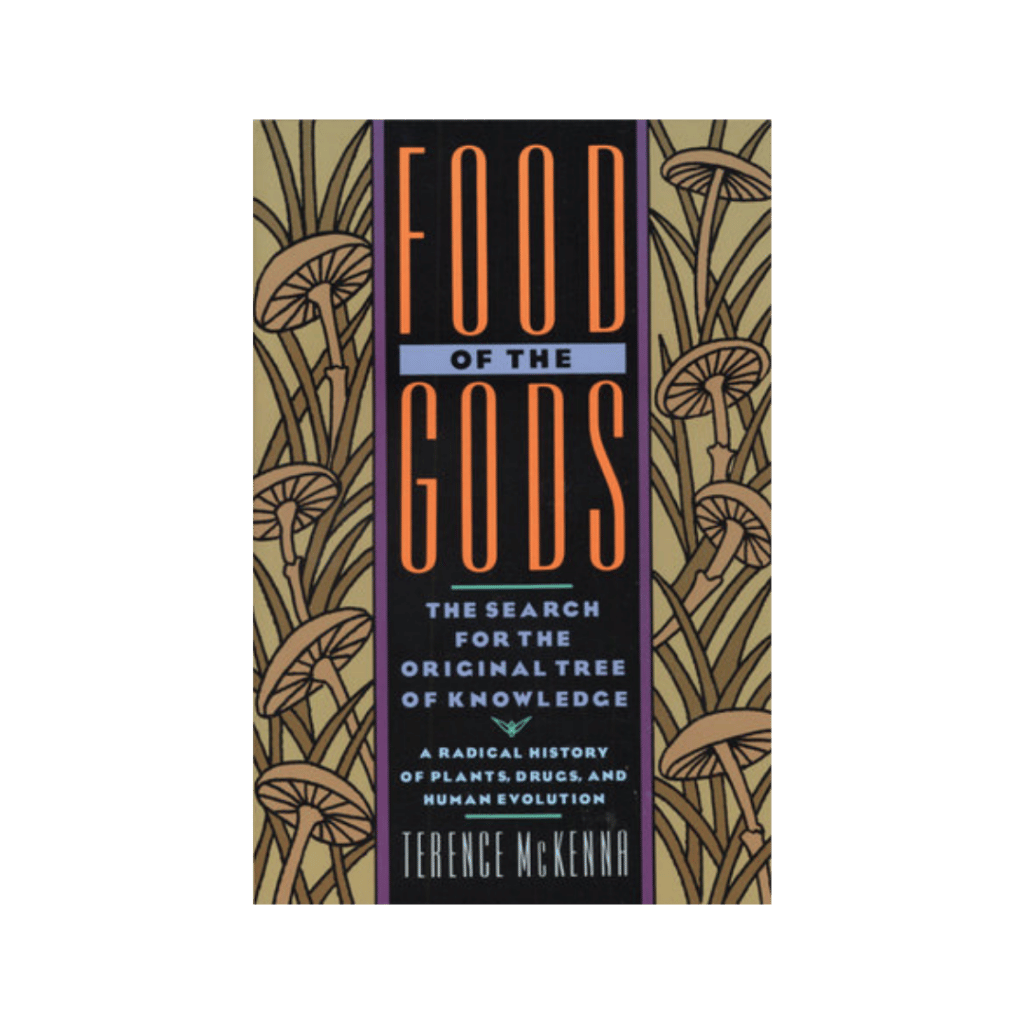
The Food of the Gods explores the relationship between humans and psychoactive plants. McKenna explores the stoned ape theory — the idea that pre-humans evolved into what we are today with the help of psychoactive mushrooms.
This book is a dense read but provides an incredible degree of insight into the origins of human consciousness and the importance psychedelics have played throughout human history.
(Vincent Rado)
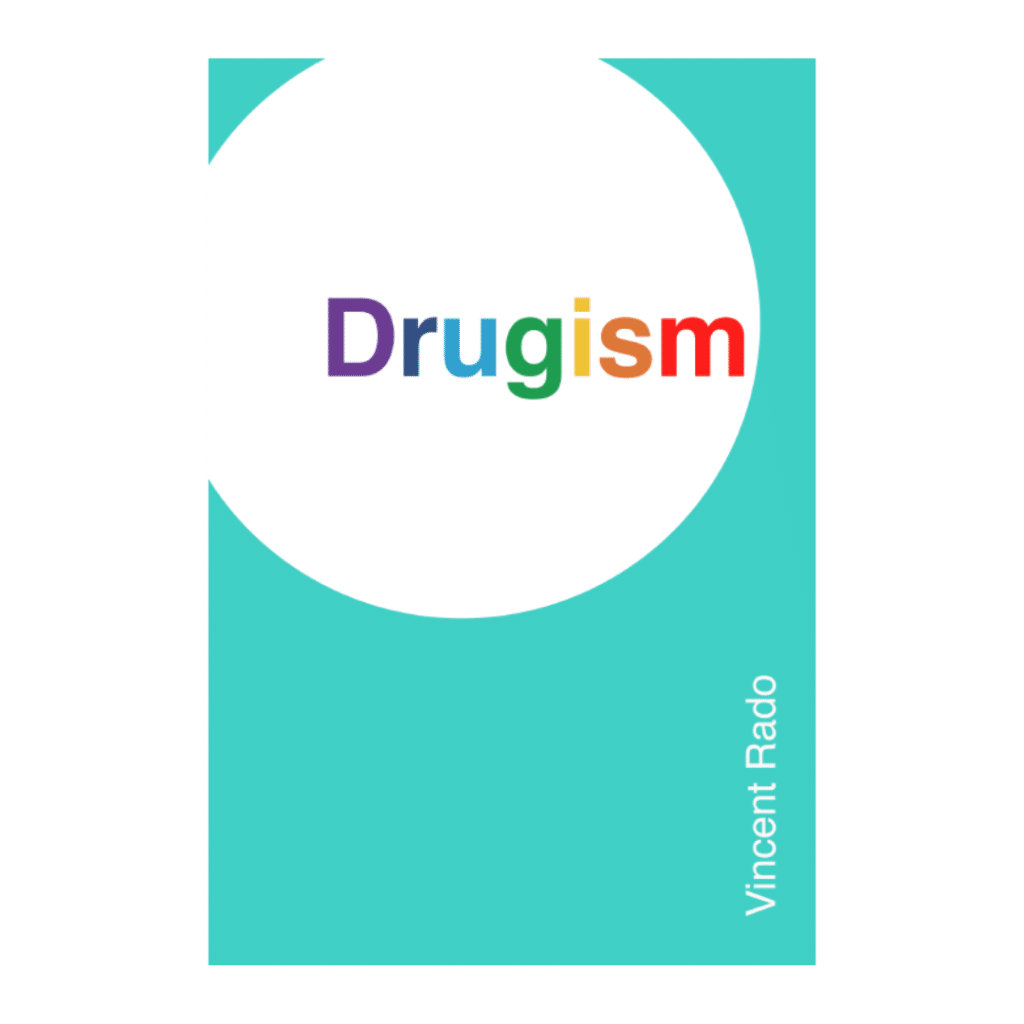
This book is one of the most comprehensive books I’ve ever read on drug prohibition and its impact on society.
Rado begins 4000 years ago with the introduction of the salt tax in ancient China and works his way up through history to describe, in great detail, the chain reaction that led to modern-day drug prohibition.
Drugism is the perfect read for anybody interested in the history and impact of drug prohibition and the ideas we can use to dismantle it. It’s already changed my perception of what it means to be a “druggist” and how I see various drugs differently based on my preconceived notions of what makes them “good” or “bad.”
(Terence McKenna)
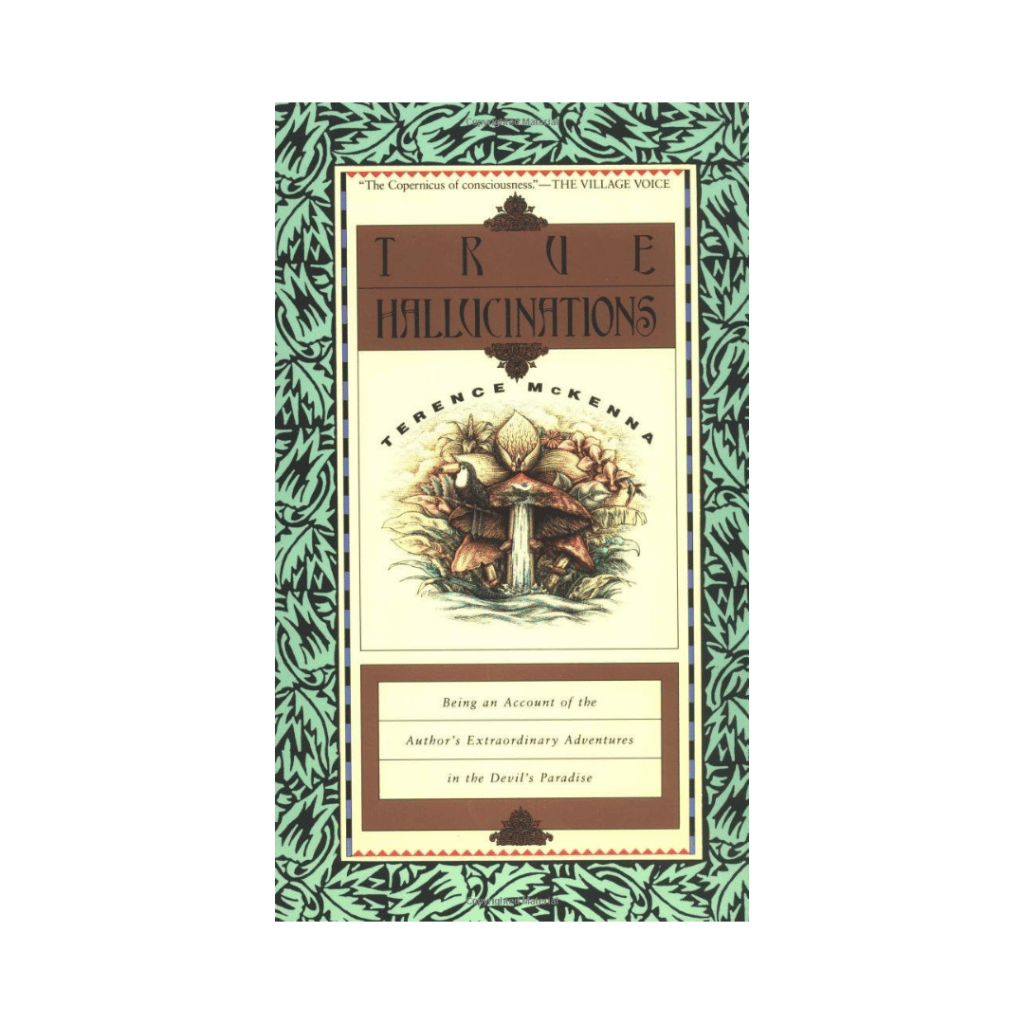
This is arguably Terence McKenna’s most controversial book. It highlights his trip to the Amazon in search of psychedelic mushrooms and yopo, his experiments with merging psilocybin into his own DNA, telepathic abilities, machine elves, and UFOs, time, the I Ching, and the origins of human consciousness. The further you get into this book, the crazier it gets — and it’s incredible.
This book gives you a unique insight into the incredible and zany mind of Terence McKenna. It’s been described as a dense black hole of psychedelic magic and potential.
This is a good book for the experienced psychonaut looking to explore the deeper levels of psychedelics and consciousness from one of the GOATs.
(Andrew Gallimore)
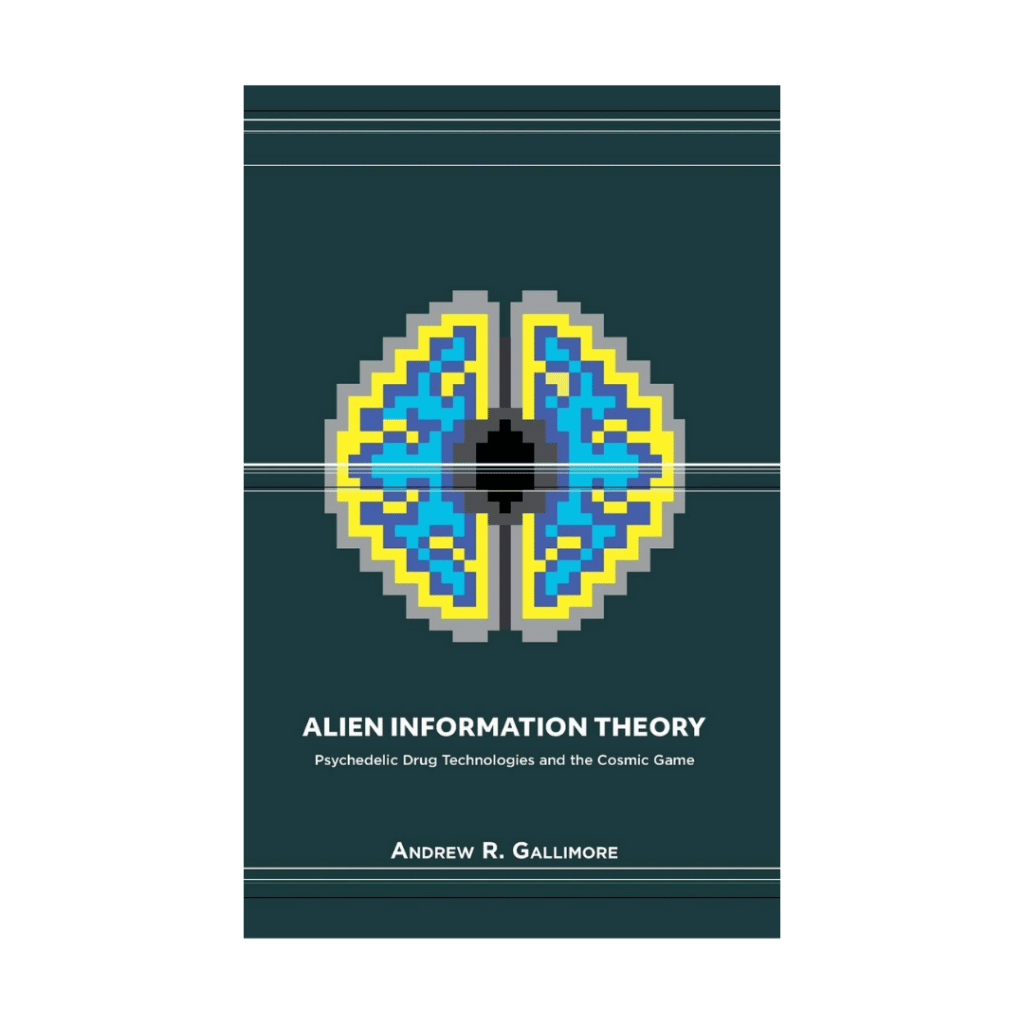
This book explores cosmic game theory — which suggests that DMT is an alien technology that’s been placed on Earth by other beings as some sort of experiment or test.
This book overlaps with Terence McKenna’s ideas outlined in True Hallucinations and Food of the Gods.
This book is far-out, controversial, and incredibly interesting.
( Ram Dass )
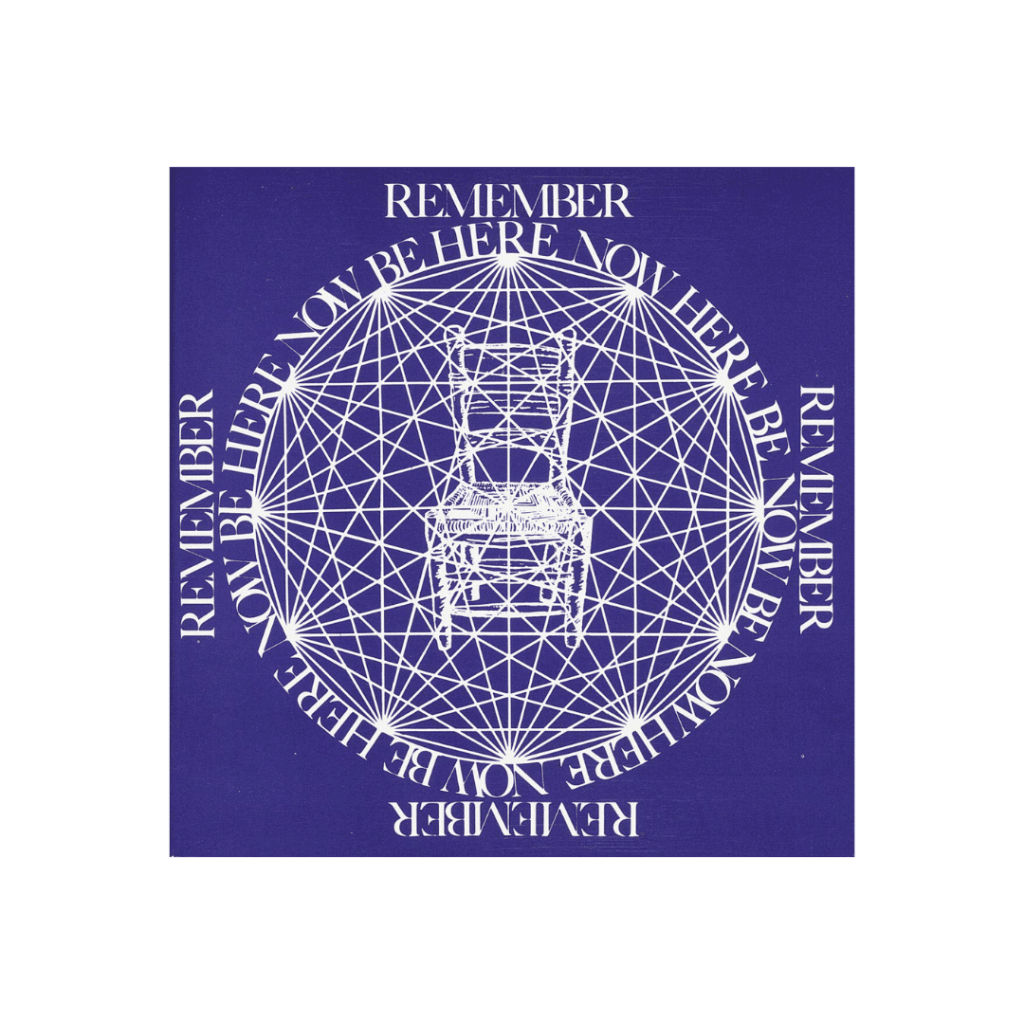
Baba Ram Dass was formerly known as Richard Alpert — who led the Harvard Psilocybin Project with Timothy Leary in the 1960s. After being fired from Harvard, Alpert traveled to an ashram in India, where he eventually became Ram Dass — one of the most influential spiritual leaders in the Western world.
Be Here Now is not a psychedelic book. While it touches on Alpert’s role in the psilocybin experiments of the 60s, it’s more of a spiritual companion inspired by Alpert’s experiences with psychedelics than anything else.
This book is split into four sections:
- His transformation from Richard Alpert into Ram Dass & his early research into psychedelics
- A free-form collection of metaphysical, spiritual, and religious aphorisms
- A manual for starting on a yogic or spiritual path — including techniques for yoga, breathing, and meditation
- A Zen commentary on the liturgy — including various book recommendations
(Tom Wolfe)
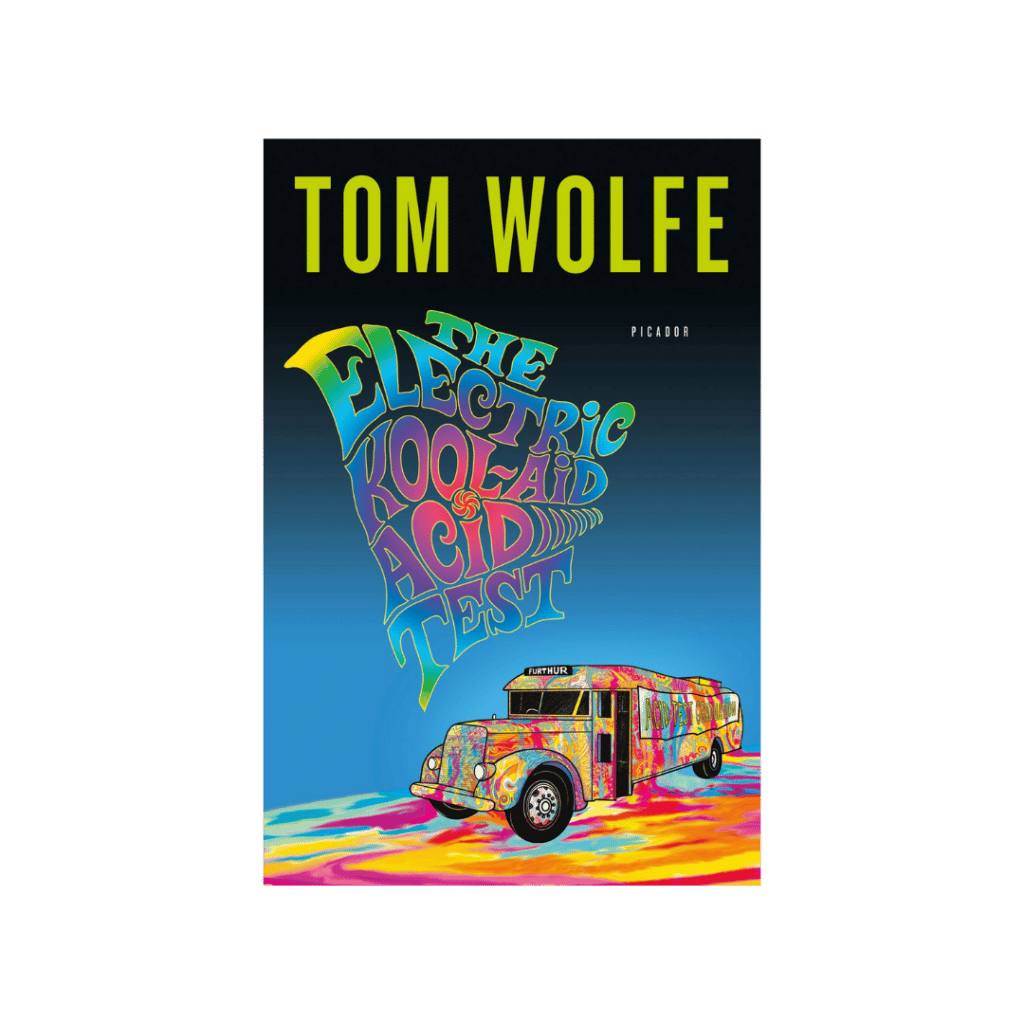
This book follows the far-out adventures of The Merry Pranksters — a circus of psychonauts — as they travel across America in the middle 1960s. At the time, LSD (lysergic acid diethylamide) was still legal, and the merry gang would “turn-on” everybody they could along the way.
This book is easy to read, hilarious, and at times, incredibly insightful. Throughout the journey, you’ll be introduced to some of the most important psychedelic figureheads of the time — including Timothy Leary, Ken Kesey, Jerry Garcia, Allen Ginsberg, Bob Dylan, The Beatles, and more.
This book is fun, groovy, and offers insight into the profundity of the 1960s counterculture and how it shaped Western thinking forever.
(Robin Wall Kimmerer)
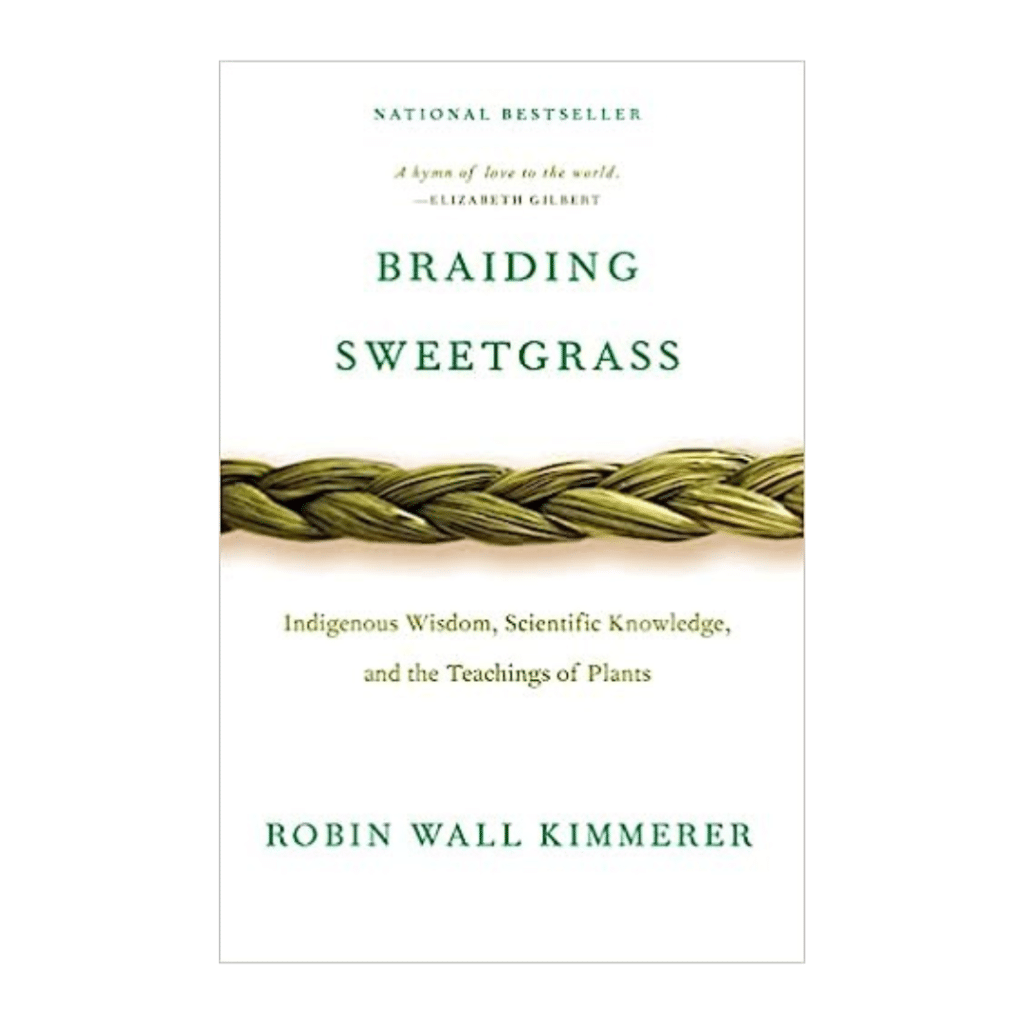
This book isn’t directly about psychedelics — but it is about the importance of connection with the natural world and the physical and spiritual sustenance we derive from it.
Kimmerer argues that humans can best relate to the natural world by observing and learning from plants. She uses teachings from her indigenous heritage to explain the concept of the “gift economy,” which is a reciprocal relationship with nature.
Just as we take from the land, we should also give back to it.
6. Best Books on Ayahuasca
From experience, I came to learn that ayahuasca bestows upon the user knowledge about a variety of topics, not only consciousness and perception, but also leads one to realize that what we perceive is an illusion. Pablo Amaringo
Understanding the true nature of ayahuasca requires a lifetime of study — but over the years, countless experts have taken deep dives into the topic in the form of books. Here are some of the best ones we’ve read so far.
(Javier Regueiro)
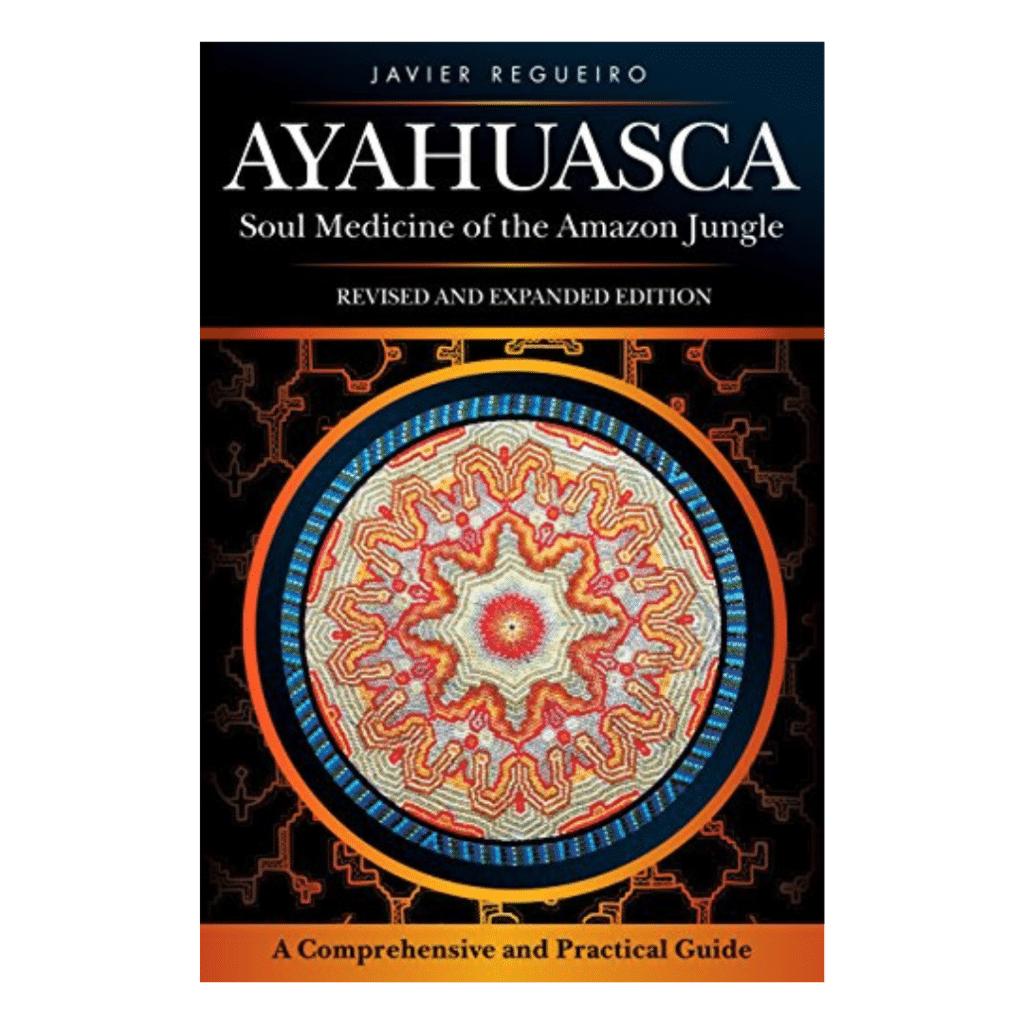
This book explores the traditional shamanic practices involved with ayahuasca. Author Javier Regueiro pulls from his personal experiences as a practitioner of these traditions and provides an in-depth look at the history, culture, and spiritual significance of ayahuasca
This book blends practical guidance for preparing for ayahuasca and offers unique insights for those interested in what it means to be a shaman.
(Christian Funder)
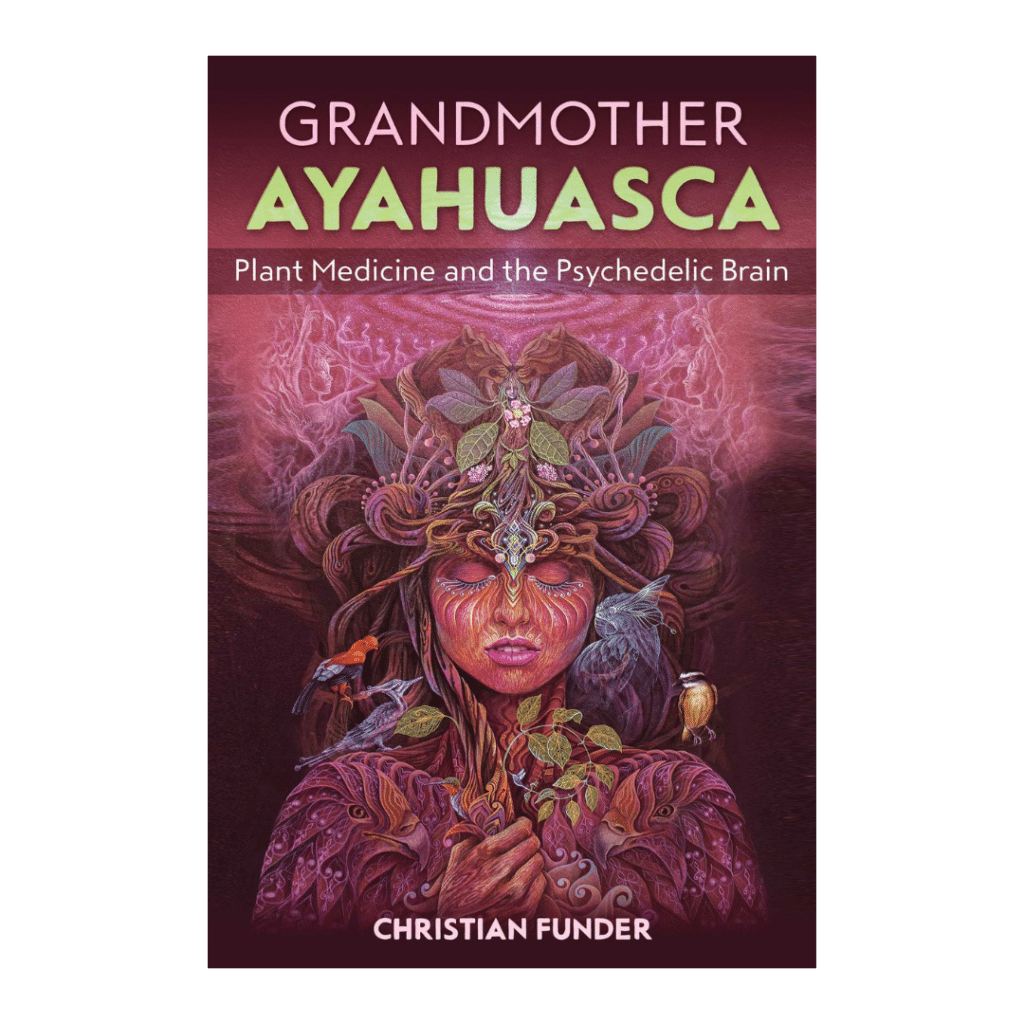
Grandmother Ayahuasca looks at the science of ayahuasca, and it’s unique impacts on mental health and as a tool for personal growth.
This book focuses on the science of ayahuasca but also covers the historical applications among indigenous groups living in South America and what it means for modern society as it becomes more popular.
(Rachel Harris, PhD)
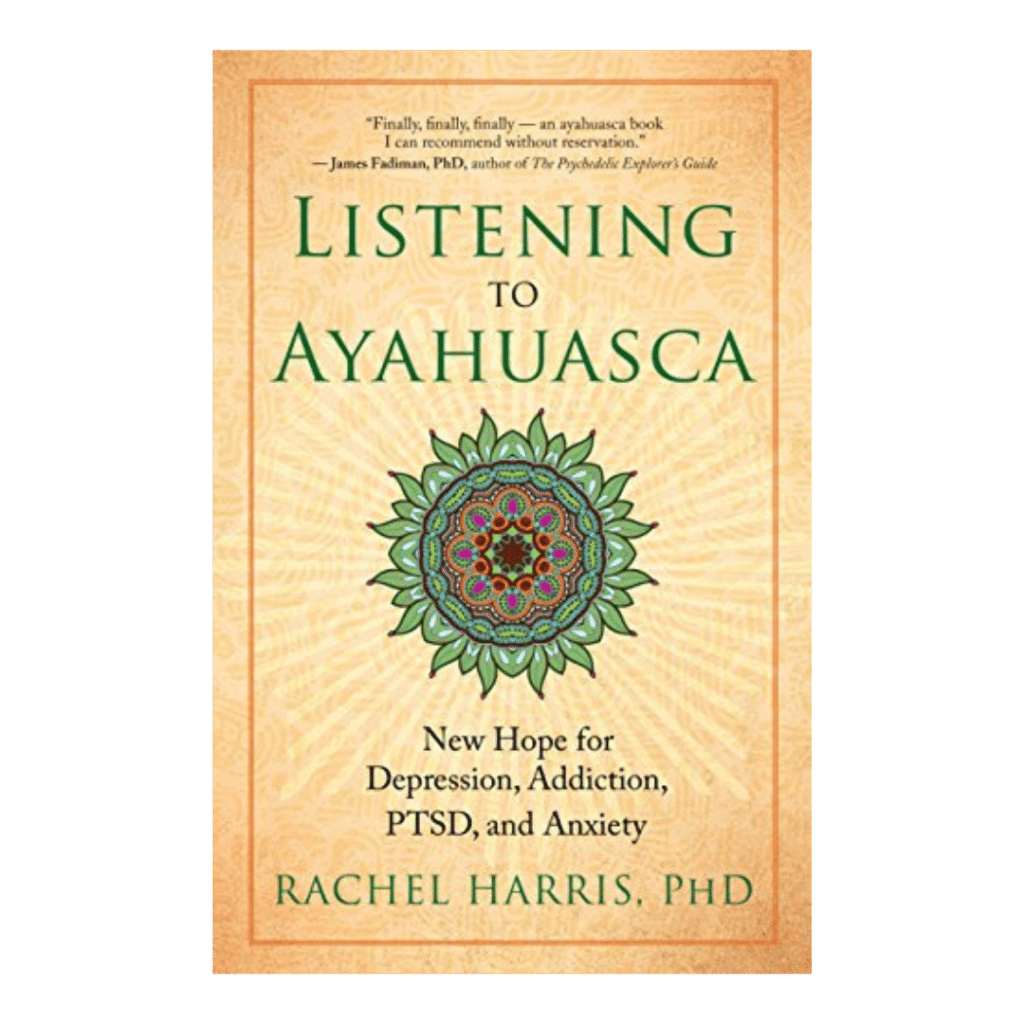
Listening to Ayahuasca: New Hope for Depression, Addiction, PTSD, and Anxiety explores the therapeutic potential of ayahuasca in the treatment of mental health disorders.
Author, Rachel Harris, PhD, draws on her own experiences and research as a psychologist and participant in ayahuasca ceremonies. She provides numerous examples of the transformative impact of plant medicines and backs it up eloquently with science.
The book includes case studies and personal accounts of individuals who have used ayahuasca to overcome depression, addiction, PTSD, and anxiety, and offers guidance on how to approach it safely.
(Don Jose Campos)
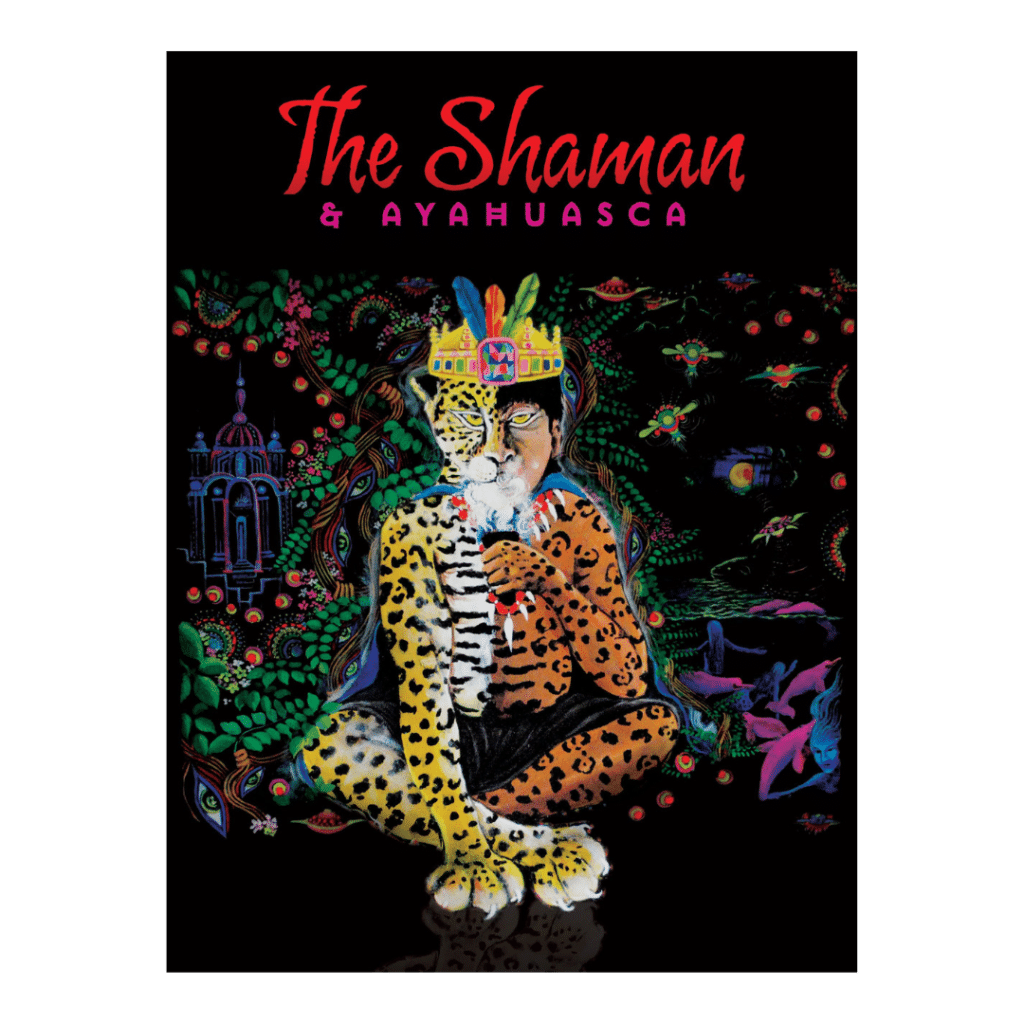
This book focuses on the shamanic traditions involved with ayahuasca. Don Jose Campos shares his own personal experience as a shaman and ayahuasquero and explores his opinions around the various spirits and entities encountered during the shamanic journey.
This book combines practical advice and a philosophical analysis of the ayahuasca experience and what it has to offer.
(Jeremy Narby)
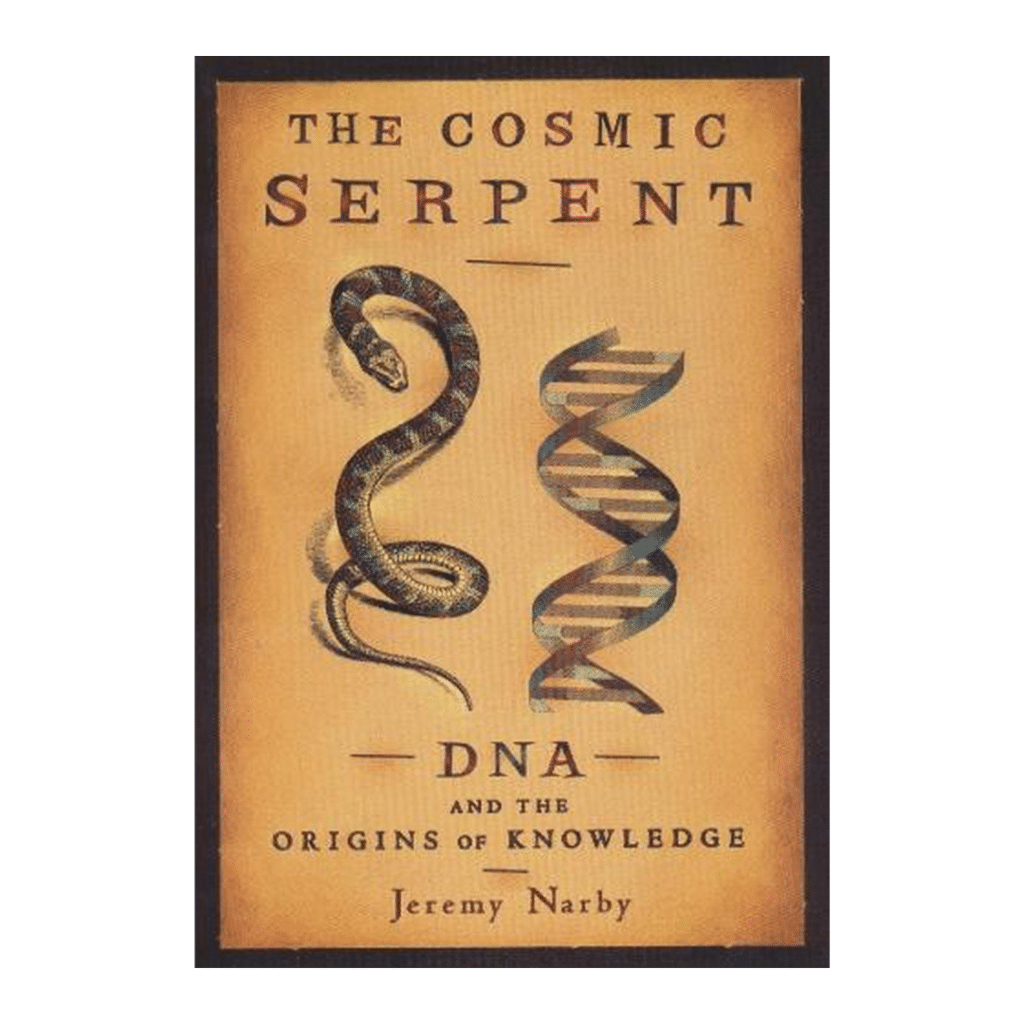
Jeremy Narby explores the connection between the frameworks of traditional shamanic knowledge and modern science. He proposes that indigenous knowledge surrounding medicinal and visionary plants originate from the direct observation of DNA — which is interpreted as a serpent.
This book challenges Western perspectives of science and medicine and offers a unique perspective on the origin of consciousness.
(Ralph Metzner)
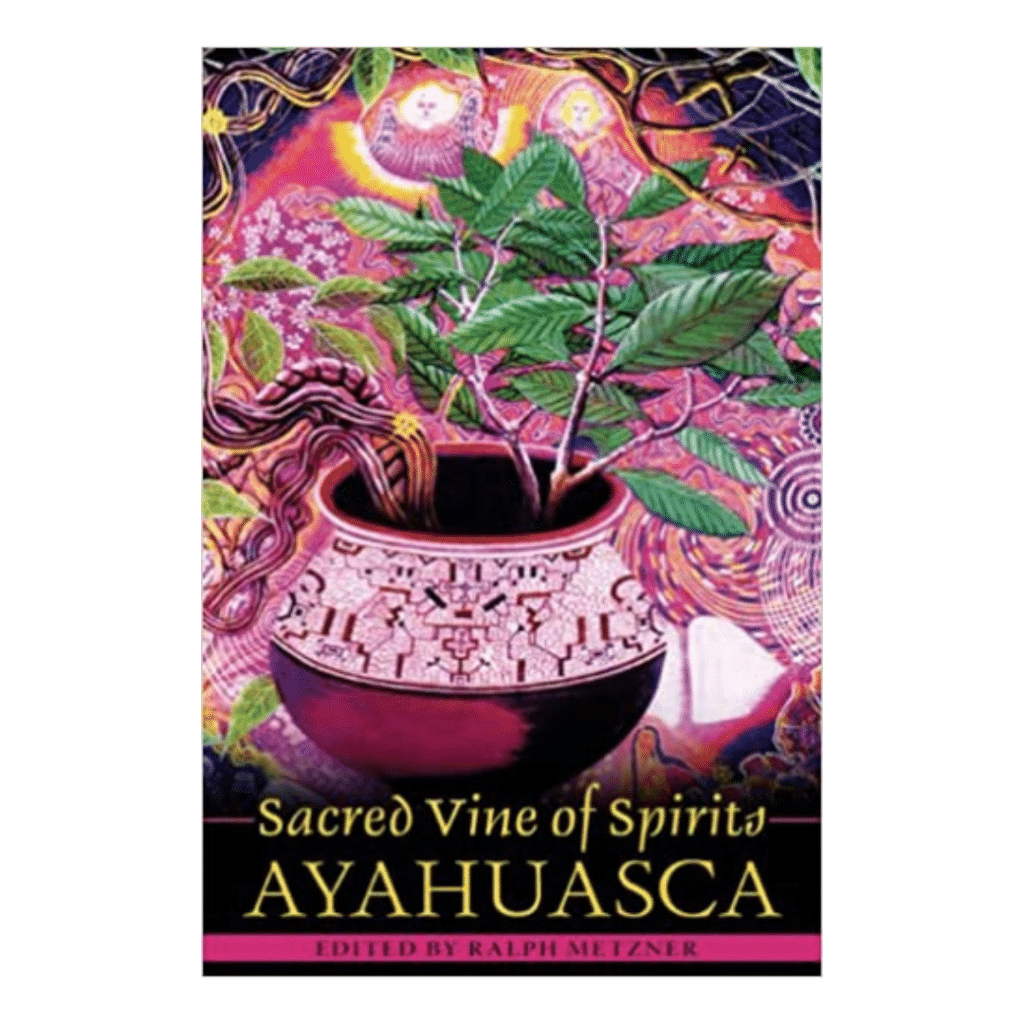
Ralph Metzner was an American psychologist and early contributor of psychedelic research alongside Timothy Leary, Ram Dass, and others.
His book, Sacred Vine of Souls is an insightful exploration of the history, science (up until 2005), and spiritual significance of ayahuasca.
7. Best Psychedelic Art Books
A true artist is not one who is inspired but one who inspires others. Salvador Dalí
There’s a clear intersection between art and altered states of consciousness.
These psychedelic art books are a great item to have around if you’re looking for inspiration for your own artistic journey or want something to pick up and explore while you’re immersed in psychedelics.
(Alexander George Ward)
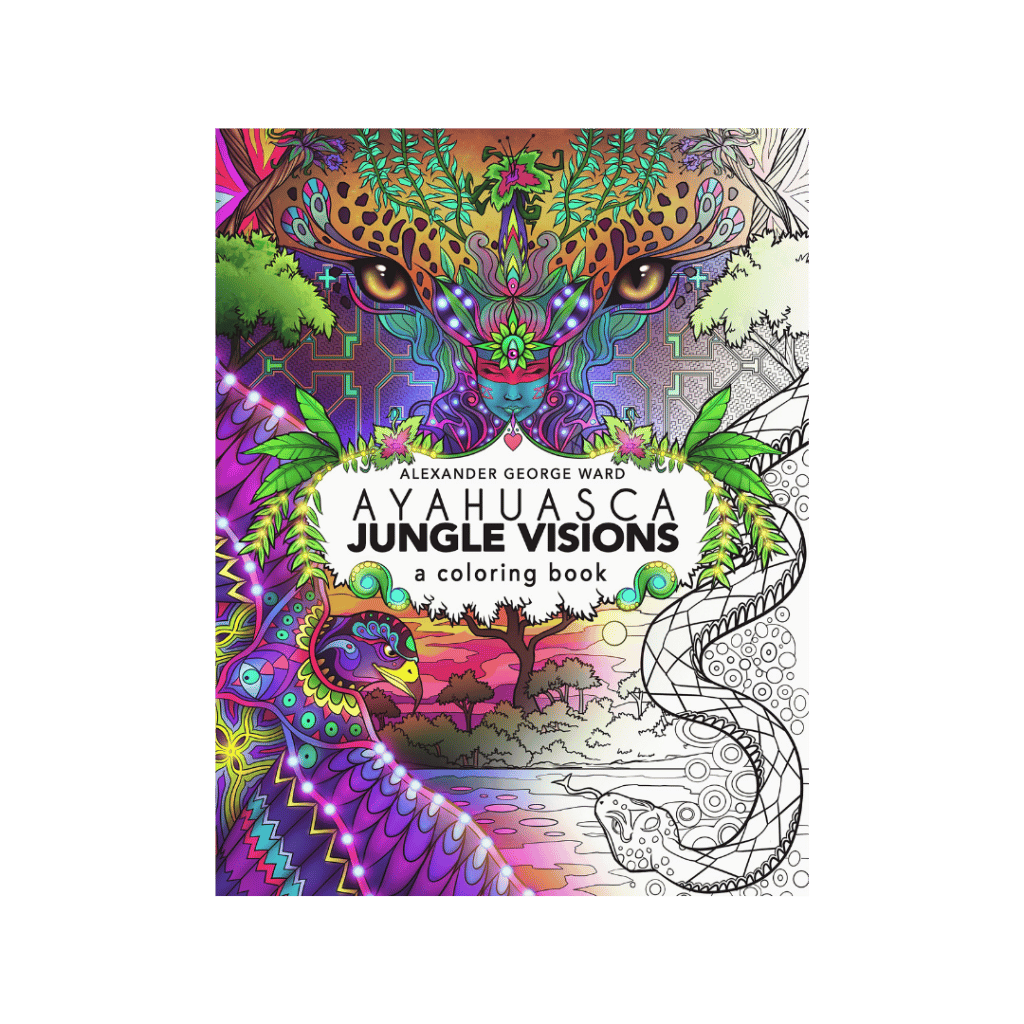
This book is a unique coloring book inspired by the personal experience of the illustrator’s trip through the Amazon rainforest.
This book features trippy and intricate illustrations of his ayahuasca visions, traditional-styled ayahuasca artwork, and views of the Amazon rainforest.
Coloring books are a great way to relax, unwind, and meditate. I highly recommend this coloring book for the psychedelic savvy.
( Alex Grey )
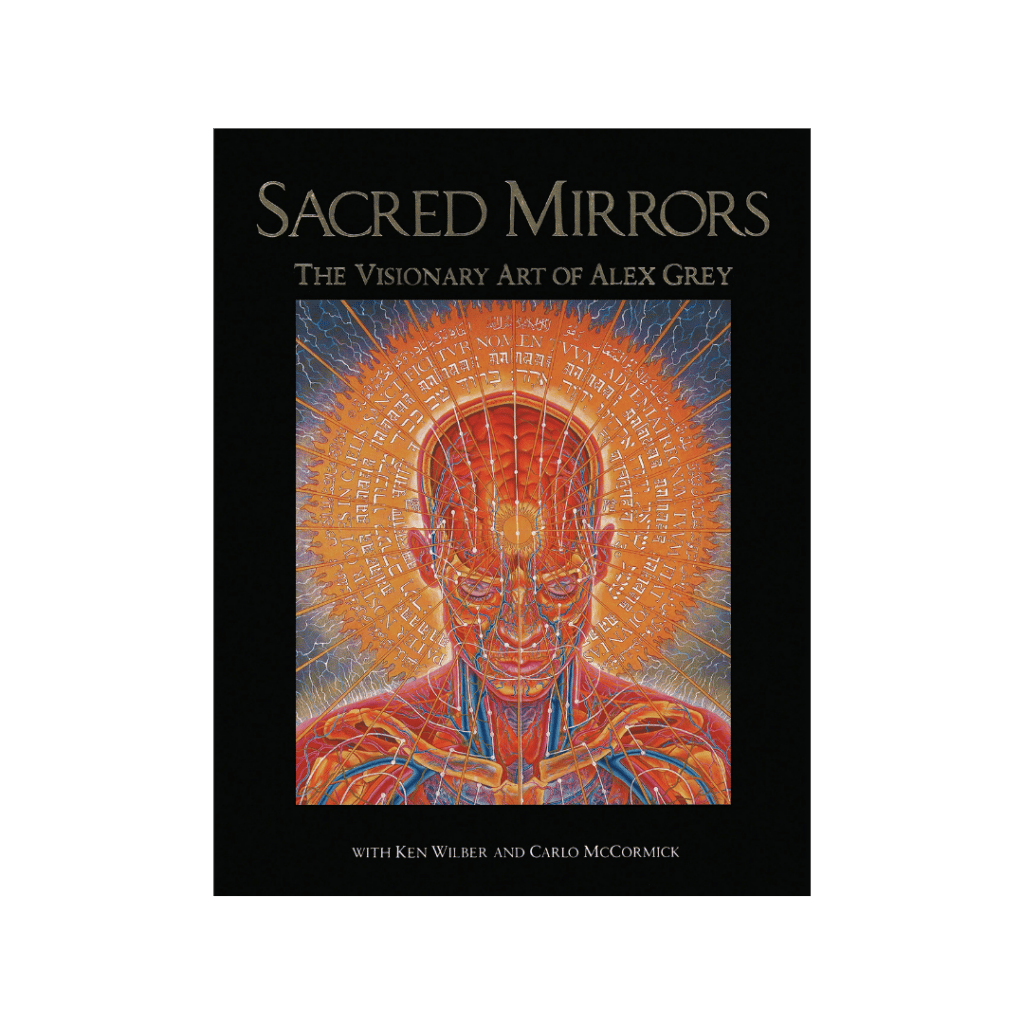
Alex Grey is a famous artist with a characteristic psychedelic art style — inspired by his use of hallucinogenic and mind-expanding substances.
This graphic book takes the reader on a journey through the physical, metaphysical, and anatomical view of the self.
His unique illustration method offers imagery that helps visualize the flow of energy, esoteric symbolism, and the forces of the divine in the living engine of the human body.
This is a great coffee-table book for psychonauts.
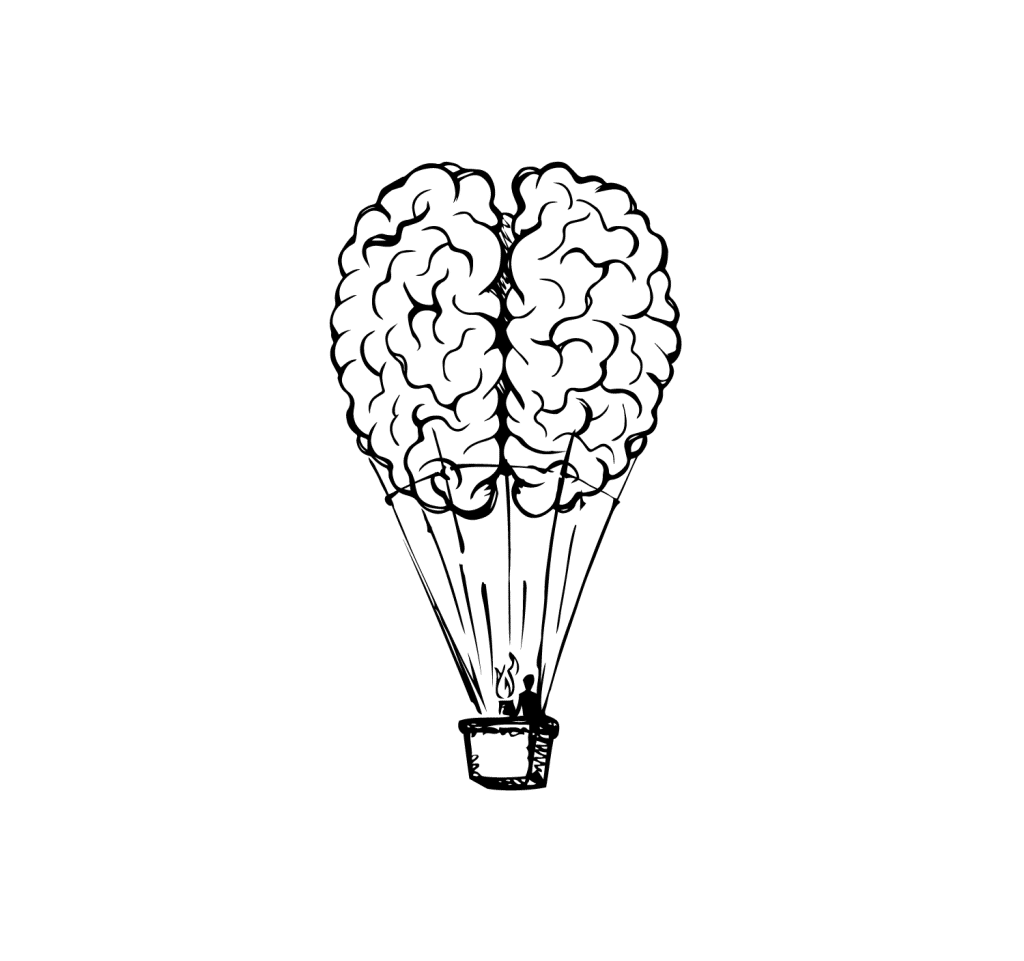
What Did We Miss?
We’re constantly seeking out new, exciting books to add to our collection.
If there’s something we’ve missed that should be on this list, don’t hesitate to add ideas to the comment section below or reach out to us on Twitter , Substack , or directly at [email protected].
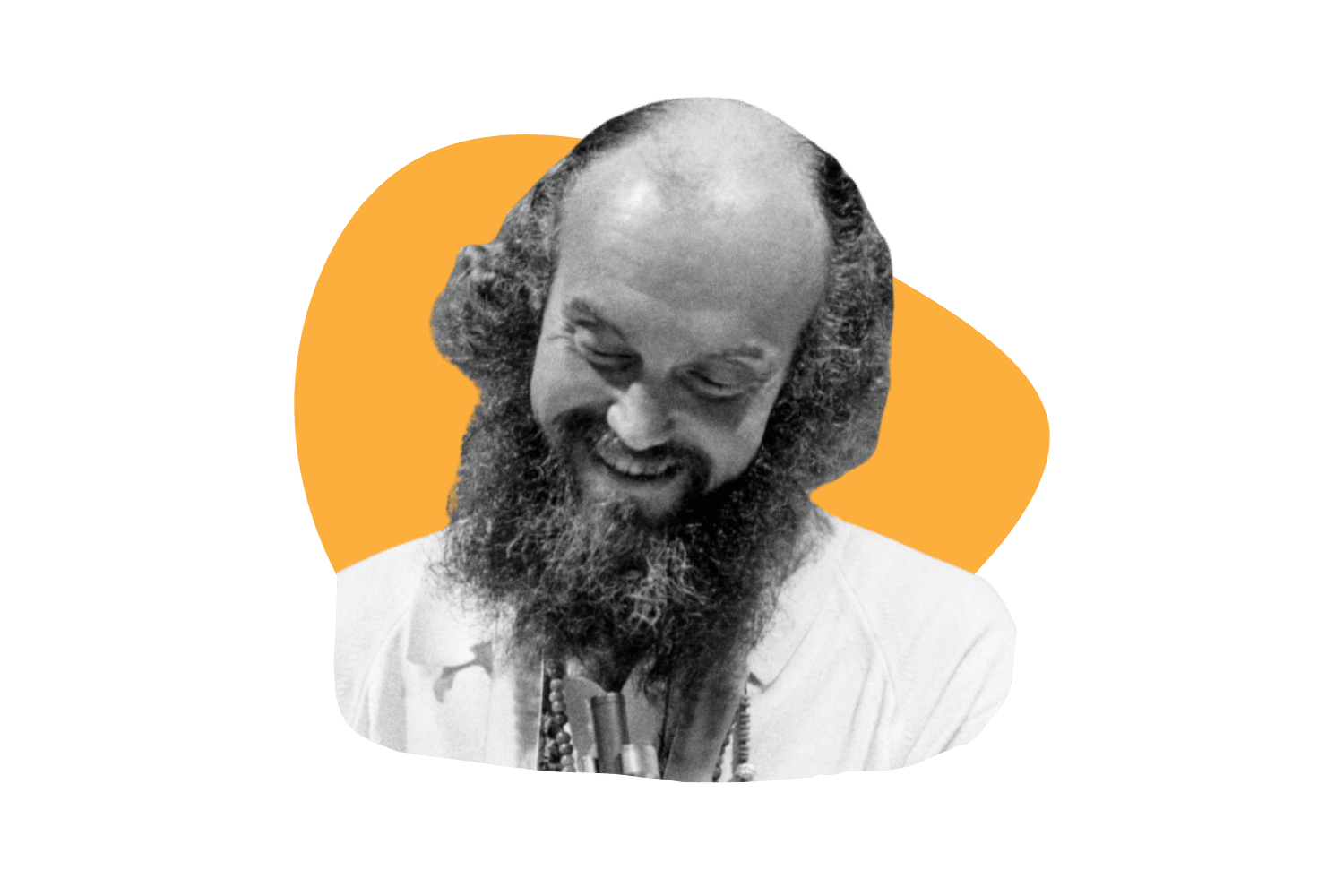
Ram Dass (Richard Alpert)
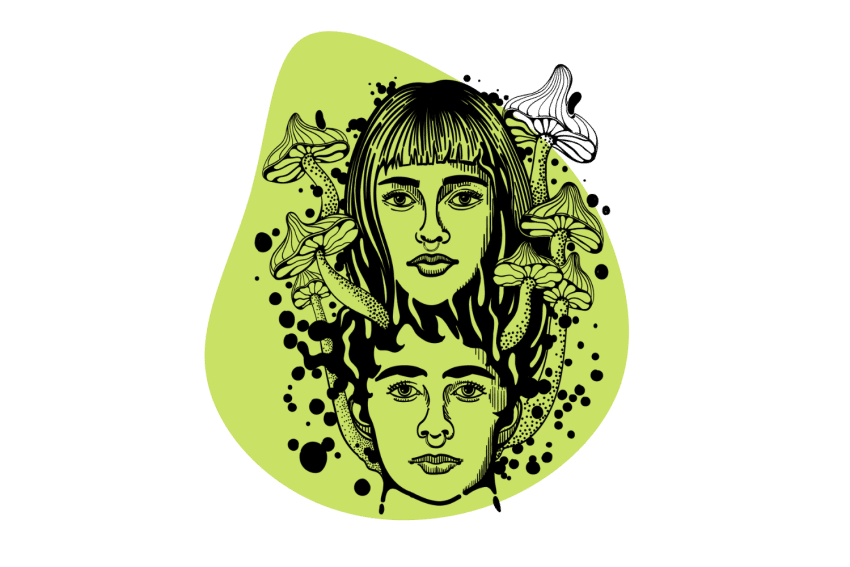
Shifting Perceptions: The Impact of Psychedelics on Gender Identity
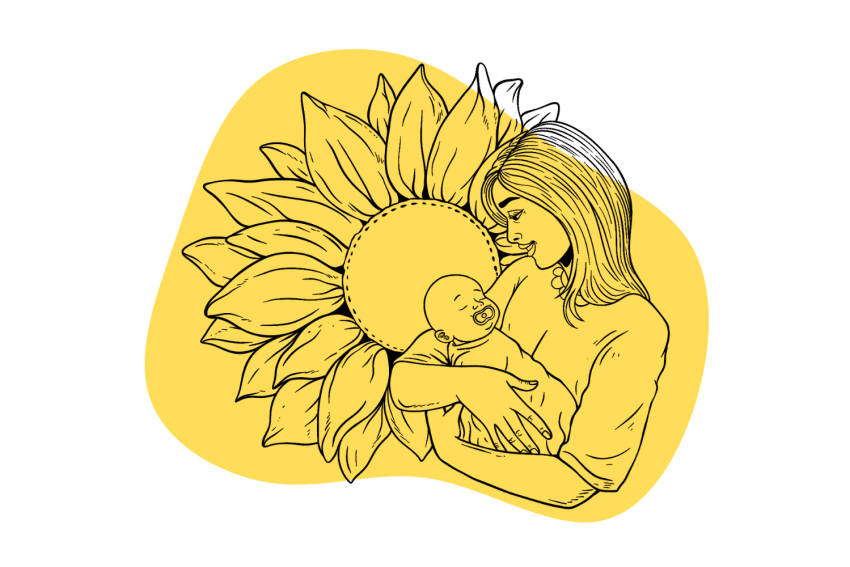
Can Psychedelics Make Us Better Parents? We Think So…
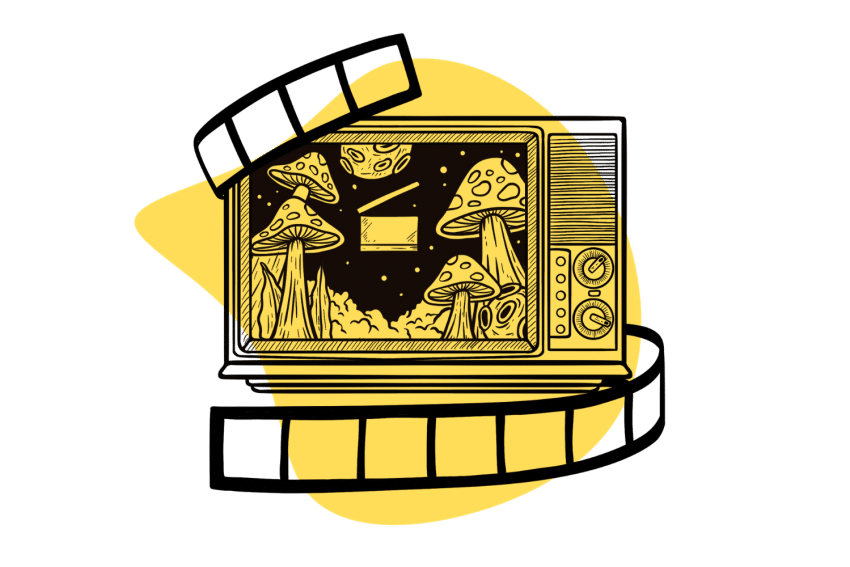
32 Trippy Movies or Shows To Take You Out of This World… Sober or Not
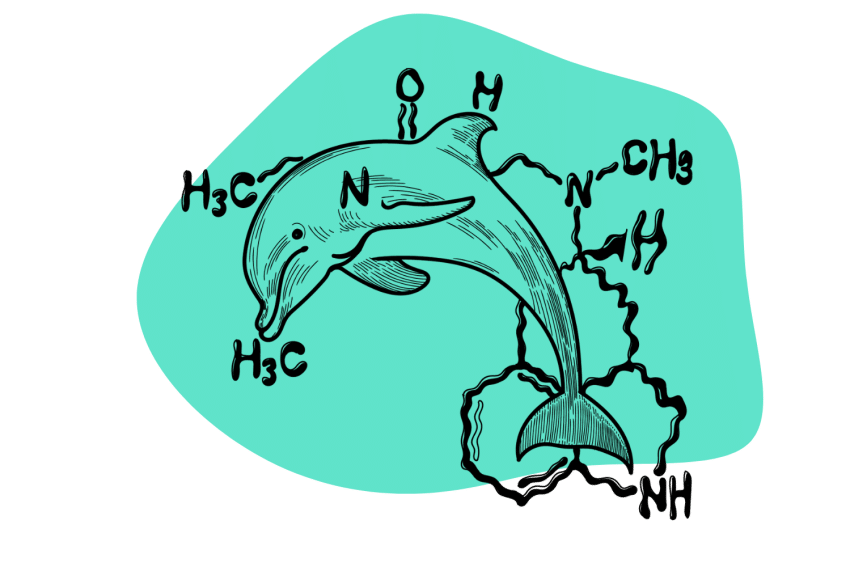
NASA Gave Dolphins LSD: Here’s What Happened
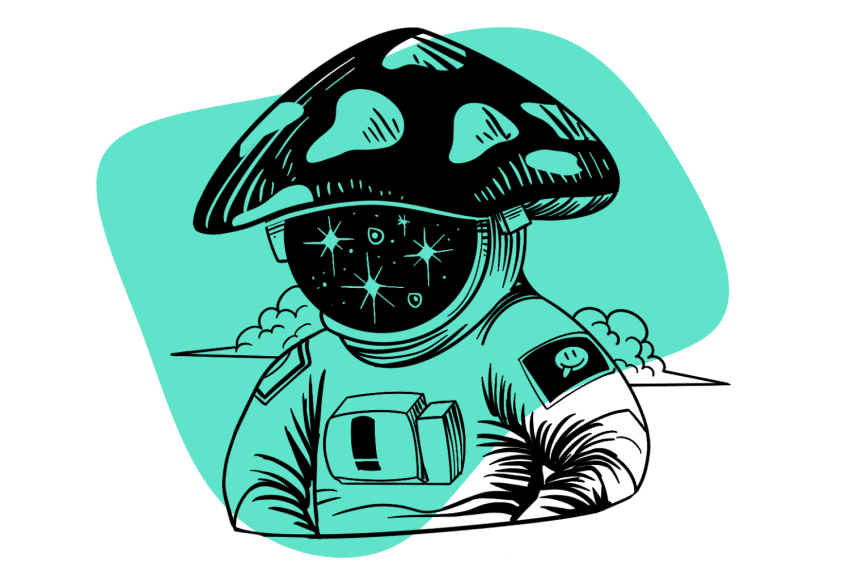
Making the Most of Your Trip: Insights and Reflections for Personal Growth
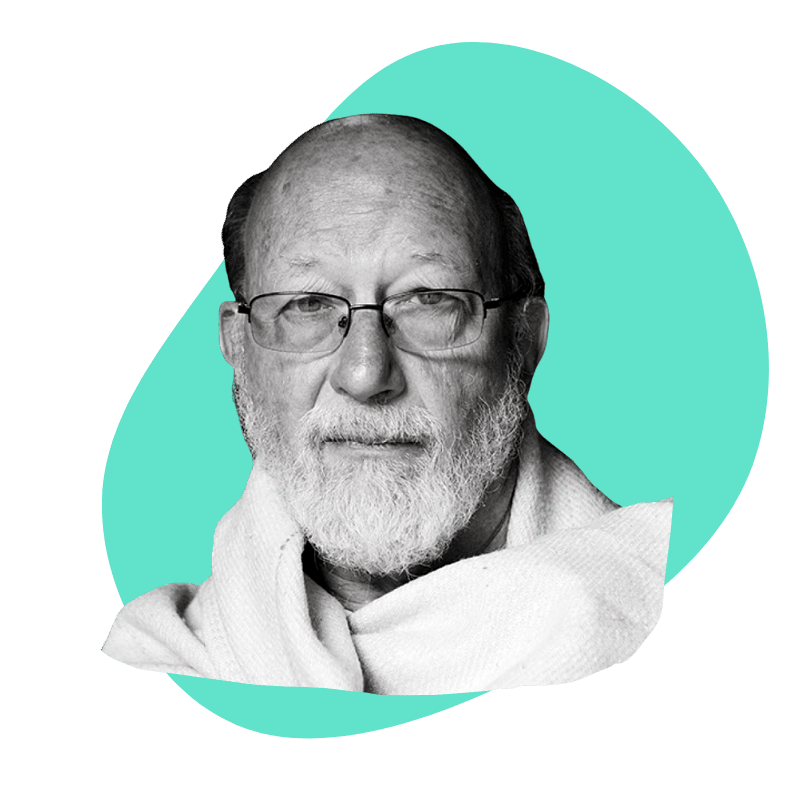
Dennis McKenna: Life, Career, Research, & Achievements
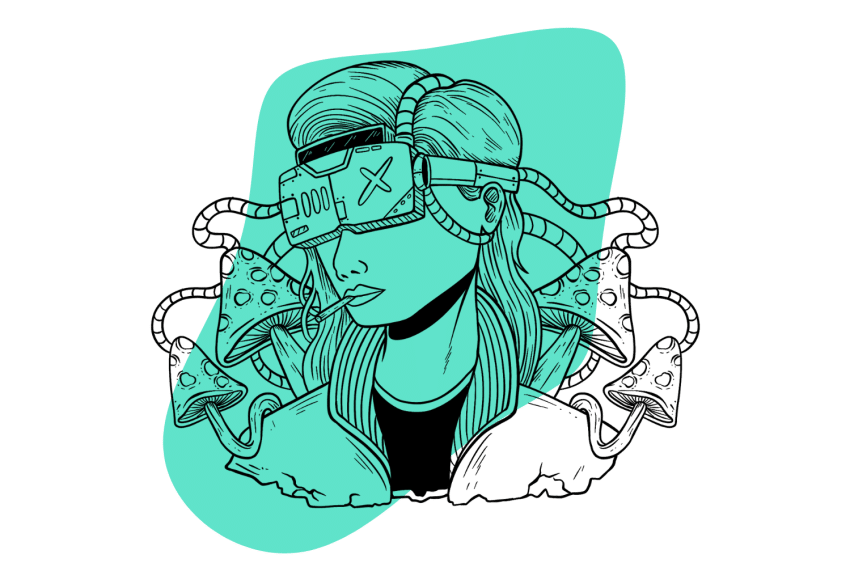
Psychedelics & Virtual Reality: A Chat With Zeus Tipado
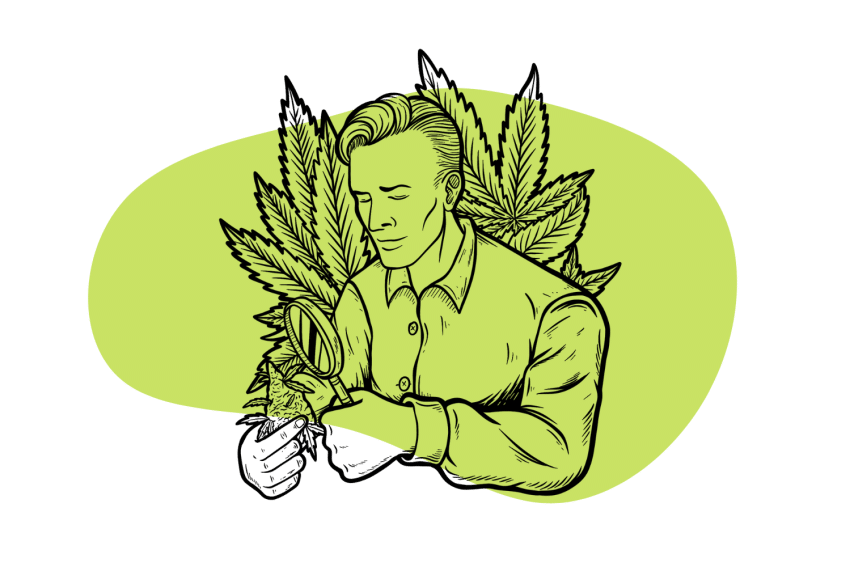
Who Discovered Weed? The History of Cannabis, In a Nutshell
Subscribe for more psychedelics 🍄🌵.
This will close in 20 seconds
A Psychedelics Pioneer Takes the Ultimate Trip
By David Marchese Updated null
- Share full article
“Life has been more beautiful, more wonderful than ever,” says Dr. Roland Griffiths, who has stage 4 cancer.
By David Marchese
As the founding director of the Johns Hopkins Center for Psychedelic and Consciousness Research, Dr. Roland Griffiths has been a pioneer in investigating the ways in which psychedelics can help treat depression, addiction and, in patients with a life-threatening cancer diagnosis, psychological distress. He has also looked at how the use of psychedelics can produce transformative and long-lasting feelings of human interconnectedness and unity. One could surely classify his achievements using various medical and scientific terms, but I’ll just put it like this: Griffiths has expanded the knowledge of how we might better learn to live.
Now he is learning to die. Griffiths, who is 76, has been diagnosed with Stage 4 metastatic colon cancer. It’s a diagnosis, in all likelihood terminal, that for him has brought forth transcendently positive feelings about existence and what he calls the great mystery of consciousness. “We all know that we’re terminal,” says Griffiths, who since being diagnosed has established an endowment at Johns Hopkins to study psychedelics and their potential for increasing human flourishing. “So I believe that in principle we shouldn’t need this Stage 4 cancer diagnosis to awaken. I’m excited to communicate, to shake the bars and tell people, ‘Come on, let’s wake up!’ ”
Can we start with your current prognosis? [Laughs.] Prognosis is a 50 percent chance that I’ll make it to Halloween.
And how are you feeling about that? In spite of that, life has been more beautiful, more wonderful than ever. When I first got that diagnosis, because I work out regularly, I watch my diet, I sleep well, this came out of left field. There was this period in which it felt like I was going to wake up and say, “Boy, that was” — to put it in psychedelic language — “a bummer, a bad dream.” But soon after that I started to contemplate the different psychological states that would be naturally forthcoming with a diagnosis like mine: depression, anxiety, denial, anger, or adopting some belief system of religious outcomes, which as a scientist I was not cut out to do. I went through those, exploring what life would be like if I inhabited those reactions, and I quickly concluded that that was not a wise way to live. I have a long-term meditation practice, and the focus there is on the nature of mind, of consciousness, and one comes to see that thoughts, emotions, are transient. They’re appearances of mind that you needn’t identify with. That practice — and some experience with psychedelics — was incredibly useful because what I recognized is that the best way to be with this diagnosis was to practice gratitude for the preciousness of our lives. Grasping for the cure wasn’t useful. [Laughs.] Actually we just got back another blood result that was an indication as to whether the cancer is progressing. My wife, Marla, and I say to each other, “No matter what this shows, it’s perfect.” Indeed, it showed a big jump in this blood marker, which wouldn’t be something to celebrate. It is what it is. It’s real. And what’s more fun than reality?
You’re 76. You’ve had a long, full life. Is your perspective maybe one that a 40-year-old, say, with a terminal cancer diagnosis would be able to inhabit so profoundly? I’ve always lived under this illusion that I’m about 30 years younger than I am. I was feeling completely healthy at the time of this diagnosis. I was not about to wind down anything. As a scientist, it’s like a kid in the candy store with respect to what research, what questions need to be answered about psychedelics and the theme of the endowment and human flourishing. We were continuing to build out the center. I was more deeply engaged than ever and feeling that I was about 35. This was not in my game plan.
You talk about your cancer almost as if it’s a gift. Does that mean you don’t have regrets a bout what’s happening? My life has never been better! If I had a regret, it’s that I didn’t wake up as much as I have without a cancer diagnosis. It’s been incredible. There have been so many positive things: my relationship with my children, my grandchildren, my siblings, my wife. Marla and I have lived together for 11 years and felt that it was unimportant to get married. Then at dinner one evening, I asked Marla, “Would it be emotionally important to you, now, to be married?” She thought about it. The next day she said, “You know, it would be.” Immediately it became important to me. We were just married in our living room with my three children and two of our best friends. It was beyond beautiful. So do I have any regrets? No, but my concern is principally for Marla and how she’s going to deal with this. We’ve talked about my passing as being an opportunity, like my diagnosis, to wake up. Because these are opportunities to use events that could be labeled and experienced as miserable but don’t need to be.
Have you taken psychedelics since getting your diagnosis? Yes. After getting the diagnosis, I had no immediate interest in psychedelics. I felt in many respects that I was having a very psychedelic-like experience. There was this awakening, this aliveness, and I hesitated to take a psychedelic because I wondered whether it was going to disrupt that. Then a question arose: Is there something I’m avoiding by not taking a psychedelic? Am I defending against some dark, fearful thing I’m in denial about? Am I papering it over with this story of how great I’m doing and actually I’m scared to death? I thought, Well, this would be an interesting stress test. So I did a session with a psychedelic and went into that explicitly asking a couple of questions. First, asking myself, “Is there something I am not dealing with?” The answer came back: “No, the joy you’re experiencing is great. This is how it should be.” Then I asked a question directly of the cancer. I’m hesitant to talk about it because it’s reifying the cancer as “other,” and I don’t hold that the cancer is some “other” with which I can have a dialogue. But as a metaphor, it’s an interesting way to probe that question. So I asked the cancer: “What are you doing here? What can you tell me about what’s going on?” I got nothing back. Then I wanted to humanize it, and I said: “I really respect you. I talk about you as a blessing. I have had this astonishing sense of well-being and gratitude, despite everything that’s happening, and so I want to thank you. This process, is it going to kill me?” The answer was, “Yes, you will die, but everything is absolutely perfect; there’s meaning and purpose to this that goes beyond your understanding, but how you’re managing that is exactly how you should manage it.” So then I said: “OK, there’s purpose and meaning. I’m not ungrateful for the opportunity, but how about giving me more time?” [Laughs.] I got no response to that. But that’s OK.
How else have psychedelics, both studying them and using them, helped prepare you for death? Our first therapeutic study was in cancer patients. Ironically enough, these were cancer patients who were depressed and anxious because of a life-threatening diagnosis. The findings of that study were profound: A single treatment of psilocybin produced large and enduring decreases in depression and anxiety. I’ve had some limited experience with psychedelics since then. But what did that teach me about my diagnosis? We’ve now treated hundreds of participants with psychedelics and before sessions, one of the key things that we teach them is that upon taking a psychedelic, there’s going to be an explosion of interior experiences. What we ask them to do is be with those experiences — be interested and curious. You don’t have to figure anything out. You’re going to have guides, and we’re going to create this safety container around you. But here’s the trick: These are not necessarily feel-good experiences. People can have experiences in which they feel like they come to this beautiful understanding of who they are and what the world is, but people can also have frightening experiences. The preparation we give for these experiences is to stay with them, be curious and recognize the ephemeral nature of them. If you do that, you’re going to find that they change. The metaphor we use is, imagine that you’re confronted with the most frightening demon you can imagine. It’s made by you, for you, to scare you. I’ll say: “There’s nothing in consciousness that can hurt you. So what you want to do is be deeply curious and, if anything, approach it.” If your natural tendency is to run, it can chase you for the entire session. But if you can see it as an appearance of mind, then you go, “Oh, that’s scary, but yeah, I’m going to investigate that.”
Ah, OK. You can choose to investigate the experience rather than identify with it. But let me ask you this: The approach that you’re describing is pretty far from the typical mind-set of many doctors, who are working within a framework of curing, fixing, prevention. So if the ultimate goal is to help more otherwise healthy people get safe access to the potential benefits of using psychedelics, wouldn’t that require a radical rethinking by medical practitioners about what helping people even means? Yes, it will. One of the inspirations for the endowment is that it’s not aimed at patient populations. It’s not aimed at reducing clinically recognized suffering. Right now, there’s money pouring into this area, but that’s all going to be patient-related — there’s a pathway to medical approval. I do have concerns that we don’t replicate the mistakes that occurred in the 1960s, which over-promoted psychedelics’ use culturewide. They’re so powerful that if misaligned with cultural institutions, they can result in cultural kickback. In the 1960s they became aligned with the antiwar movement and radicalized-youth movement that was terrifying to existing political structures and institutions, and as a consequence, legislation was put up against them, funding dried up, they were considered a third rail in academic research. We need to proceed cautiously. It’s going to be critically important not to threaten existing cultural institutions. So I’ve been a proponent of medicalization, because with medicalization, we already have regulatory structures in place. It goes through F.D.A. approval; they’re going to set standards to maximize safety by specifying who should be eligible to receive, who is authorized to prescribe, and under what conditions treatment should occur. So I’m cautious, but that’s why I’ll have the endowment in perpetuity. If we look at the long range, this could be critical to the survival of our species. Because there’s something about the nature of these experiences under these certain conditions that produce remarkable experiences of interconnectedness of all things. At the deepest level, if we recognize we’re all in this together, then we have the kernel of what I suspect is most religious traditions and impulses and that is realizing that the Golden Rule makes a lot of sense.
I’ve noticed that often when you discuss human consciousness and our awareness of the preciousness of life, you talk about those things as an awe-inspiring “mystery.” What do you get out of putting it in those terms? Because consciousness may be a mystery now, but I’ve read theories that are convincing, to a layperson like me, that thoughts come from emotions and our emotions are one of the body’s mechanisms of maintaining homeostasis. Or as far as the awareness that life is precious, I could easily imagine that biophilia has evolutionary advantages. So I don’t see why these states of being have to be understood as mysteries. Does it diminish them to see them as explainable? No, I can easily inhabit an evolutionary account that explains how we have come to be who we are — with the exception of the question of interiority! Why would evolution waste its precious energy on our having interior experiences at all? I don’t get that. To me, it’s a very precious mystery, and that mystery, if you want to put it in religious terms, is God. It’s the unknowable. It’s unfathomable. I don’t believe in God as conceptualized within different religious traditions, but the mystery thing is something that strikes me as undeniable.
What do you struggle with? There must be something. Marla and I had just adopted a dog and that’s brought us incredible joy. Then we got some test results back suggesting the possibility of kidney failure. That’s been more difficult than dealing with my own diagnosis. We might both be on a parallel course of expiry. That’s difficult for me and doubly difficult for Marla. I can say, acutely, that this gives me something new to work with. It’s just accepting what is real and then appreciating that in the context of celebration of life. In some ways, if I knew that this precious dog is also facing a terminal condition, there may be beautiful synergy there. I’m not going to rule that out as a possibility.
So you have this sense, near the end of your life, of waking up to life’s real meaning. What’s the most important thing for everyone else who’s still asleep to know? I want everyone to appreciate the joy and wonder of every single moment of their lives. We should be astonished that we are here when we look around at the exquisite wonder and beauty of everything. I think everyone has a sense of that already. It’s leaning into that more fully. There is a reason every day to celebrate that we’re alive, that we have another day to explore whatever this gift is of being conscious, of being aware, of being aware that we are aware . That’s the deep mystery that I keep talking about. That’s to be celebrated!
This interview has been edited and condensed for clarity from two conversations.
David Marchese is a staff writer for the magazine and writes the Talk column. He recently interviewed Emma Chamberlain about leaving YouTube, Walter Mosley about a dumber America and Cal Newport about a new way to work.
An earlier version of this interview referred imprecisely to a study on psychedelics. Griffiths’s first study on psychedelics was published in 2006, but his first therapeutic psychedelic study was in cancer patients, published in 2016.
Advances in Psychedelic Therapy
Psychedelics — though mostly still illegal — have surged in popularity in recent years as alternative treatments for mental health..
The F.D.A. declined to approve MDMA therapy , saying there was insufficient data to allow the use of a treatment for PTSD. Veterans and lawmakers had been lobbying for approval of the treatment after an F.D.A. panel had previously rejected it . Here’s what to know .
The journal Psychopharmacology has retracted three papers about MDMA-assisted therapy based on what the publication said was unethical conduct at one of the study sites where the research took place.
New research is stirring interest in ibogaine , a powerful psychedelic made from the root of a shrub that is native to Central Africa, as a treatment for opioid addiction .
Psychoactive mushrooms, legal in Oregon but still illegal under federal law, are gaining popularity as therapy tools .
Advertisement
Guiding Through Challenging Psychedelic Experiences and “Bad Trips”
- First Online: 28 August 2024
Cite this chapter
- Michael Koslowski 1 , 2 &
- Peter Gasser 3
Part of the book series: Current Topics in Behavioral Neurosciences
2 Altmetric
Psychedelic substances have gained recognition for their therapeutic potential, but they also present challenges, with individuals occasionally experiencing distressing episodes referred to as challenging experiences or, in the recreational setting, “bad trips”. Trial therapists and physicians, but also healthcare professionals in emergency rooms, need a comprehensive strategy to effectively manage these cases. Three case reports are presented to underline the problem and propose strategies for handling these situations. Finally, this article outlines a stepwise approach, encompassing helpful interventions, supportive care, and rescue medication, to ensure the well-being of individuals undergoing challenging psychedelic experiences and prevent further complications and long-term harm.
This is a preview of subscription content, log in via an institution to check access.
Access this chapter
Institutional subscriptions
The formal diagnosis of treatment resistant depression (TRD) is in our opinion a questionable category and risks to blur very different causes and factors for non-response; we encourage further discussion, which goes beyond the scope of this article.
Aday JS, Davis AK, Mitzkovitz CM, Bloesch EK, Davoli CC (2021) Predicting reactions to psychedelic drugs: a systematic review of states and traits related to acute drug effects. ACS Pharmacol Transl Sci 4(2):424–435
Google Scholar
Andersen KA, Carhart-Harris R, Nutt DJ, Erritzoe D (2021) Therapeutic effects of classic serotonergic psychedelics: a systematic review of modern-era clinical studies. Acta Psychiatr Scand 143(2):101–118
Barrett FS, Bradstreet MP, Leoutsakos J-MS, Johnson MW, Griffiths RR (2016) The challenging experience questionnaire: characterization of challenging experiences with psilocybin mushrooms. J Psychopharmacol 30(12):1279–1295
Barrett FS, Johnson MW, Griffiths RR (2017) Neuroticism is associated with challenging experiences with psilocybin mushrooms. Personal Individ Differ 117:155–160
Breeksema JJ, Kuin BW, Kamphuis J, van den Brink W, Vermetten E, Schoevers RA (2022) Adverse events in clinical treatments with serotonergic psychedelics and MDMA: a mixed-methods systematic review. J Psychopharmacol 36(10):1100–1117
Carbonaro TM, Bradstreet MP, Barrett FS, MacLean KA, Jesse R, Johnson MW, Griffiths RR (2016) Survey study of challenging experiences after ingesting psilocybin mushrooms: acute and enduring positive and negative consequences. J Psychopharmacol 30(12):1268–1278
Gashi L, Sandberg S, Pedersen W (2021) Making “bad trips” good: how users of psychedelics narratively transform challenging trips into valuable experiences. Int J Drug Policy 87:102997. https://doi.org/10.1016/j.drugpo.2020.102997
Article Google Scholar
Goodwin GM, Aaronson ST, Alvarez O, Arden PC, Baker A, Bennett JC, Bird C, Blom RE, Brennan C, Brusch D (2022) Single-dose psilocybin for a treatment-resistant episode of major depression. N Engl J Med 387(18):1637–1648
Haijen EC, Kaelen M, Roseman L, Timmermann C, Kettner H, Russ S, Nutt D, Daws RE, Hampshire AD, Lorenz R (2018) Predicting responses to psychedelics: a prospective study. Front Pharmacol 9:897
Holze F, Gasser P, Müller F, Dolder PC, Liechti ME (2023) Lysergic acid diethylamide–assisted therapy in patients with anxiety with and without a life-threatening illness: a randomized, double-blind, placebo-controlled phase II study. Biol Psychiatry 93(3):215–223
Johnson MW, Richards WA, Griffiths RR (2008) Human hallucinogen research: guidelines for safety. J Psychopharmacol 22(6):603–620
Mitchell JM, Ot’alora GM, van der Kolk B, Shannon S, Bogenschutz M, Gelfand Y, Paleos C, Nicholas CR, Quevedo S, Balliett B (2023) MDMA-assisted therapy for moderate to severe PTSD: a randomized, placebo-controlled phase 3 trial. Nat Med 29(10):2473–2480
Ona G (2018) Inside bad trips: exploring extra-pharmacological factors. J Psychedelic Stud 2(1):53–60
Schmid Y, Gasser P, Oehen P, Liechti ME (2021) Acute subjective effects in LSD- and MDMA-assisted psychotherapy. J Psychopharmacol 35(4):362–374
Simonsson O, Hendricks PS, Chambers R, Osika W, Goldberg SB (2023) Prevalence and associations of challenging, difficult or distressing experiences using classic psychedelics. J Affect Disord 326:105–110
Download references
Acknowledgments
We would like to thank Grace Viljoen for the English language correction of the manuscript.
Author information
Authors and affiliations.
Klinik für Psychiatrie und Psychotherapie, Campus Charité Mitte, Charité – Universitätsmedizin Berlin, corporate member of Freie Universität Berlin, Humboldt-Universität zu Berlin, and Berlin Institute of Health, Berlin, Germany
Michael Koslowski
Aix Marseille Université, Marseille, France
Medical Office for Psychiatry and Psychotherapy, Solothurn, Switzerland
Peter Gasser
You can also search for this author in PubMed Google Scholar
Corresponding author
Correspondence to Michael Koslowski .
Rights and permissions
Reprints and permissions
Copyright information
© 2024 The Author(s), under exclusive license to Springer Nature Switzerland AG
About this chapter
Koslowski, M., Gasser, P. (2024). Guiding Through Challenging Psychedelic Experiences and “Bad Trips”. In: Current Topics in Behavioral Neurosciences. Springer, Berlin, Heidelberg. https://doi.org/10.1007/7854_2024_515
Download citation
DOI : https://doi.org/10.1007/7854_2024_515
Published : 28 August 2024
Publisher Name : Springer, Berlin, Heidelberg
Share this chapter
Anyone you share the following link with will be able to read this content:
Sorry, a shareable link is not currently available for this article.
Provided by the Springer Nature SharedIt content-sharing initiative
- Publish with us
Policies and ethics
- Find a journal
- Track your research
Guiding Through Challenging Psychedelic Experiences and "Bad Trips"
Affiliations.
- 1 Klinik für Psychiatrie und Psychotherapie, Campus Charité Mitte, Charité - Universitätsmedizin Berlin, corporate member of Freie Universität Berlin, Humboldt-Universität zu Berlin, and Berlin Institute of Health, Berlin, Germany. [email protected].
- 2 Aix Marseille Université, Marseille, France. [email protected].
- 3 Medical Office for Psychiatry and Psychotherapy, Solothurn, Switzerland.
- PMID: 39190240
- DOI: 10.1007/7854_2024_515
Psychedelic substances have gained recognition for their therapeutic potential, but they also present challenges, with individuals occasionally experiencing distressing episodes referred to as challenging experiences or, in the recreational setting, "bad trips". Trial therapists and physicians, but also healthcare professionals in emergency rooms, need a comprehensive strategy to effectively manage these cases. Three case reports are presented to underline the problem and propose strategies for handling these situations. Finally, this article outlines a stepwise approach, encompassing helpful interventions, supportive care, and rescue medication, to ensure the well-being of individuals undergoing challenging psychedelic experiences and prevent further complications and long-term harm.
Keywords: Bad trips; Challenging experiences; Emergency room; Psychedelic therapy; Rescue medication; Supportive care.
© 2024. The Author(s), under exclusive license to Springer Nature Switzerland AG.

Download the free Kindle app and start reading Kindle books instantly on your smartphone, tablet, or computer - no Kindle device required .
Read instantly on your browser with Kindle for Web.
Using your mobile phone camera - scan the code below and download the Kindle app.

Image Unavailable

- To view this video download Flash Player
The Acid Trip: A Complete Guide to Psychedelic Music Paperback – January 1, 1984
- Language English
- Publisher Last Gasp of San Francisco
- Publication date January 1, 1984
- ISBN-10 0907188249
- ISBN-13 978-0907188247
- See all details

Product details
- Publisher : Last Gasp of San Francisco; 0 edition (January 1, 1984)
- Language : English
- ISBN-10 : 0907188249
- ISBN-13 : 978-0907188247
- Item Weight : 12.7 ounces
- Best Sellers Rank: #5,140,629 in Books ( See Top 100 in Books )
Customer reviews
- 5 star 4 star 3 star 2 star 1 star 5 star 36% 64% 0% 0% 0% 36%
- 5 star 4 star 3 star 2 star 1 star 4 star 36% 64% 0% 0% 0% 64%
- 5 star 4 star 3 star 2 star 1 star 3 star 36% 64% 0% 0% 0% 0%
- 5 star 4 star 3 star 2 star 1 star 2 star 36% 64% 0% 0% 0% 0%
- 5 star 4 star 3 star 2 star 1 star 1 star 36% 64% 0% 0% 0% 0%
Customer Reviews, including Product Star Ratings help customers to learn more about the product and decide whether it is the right product for them.
To calculate the overall star rating and percentage breakdown by star, we don’t use a simple average. Instead, our system considers things like how recent a review is and if the reviewer bought the item on Amazon. It also analyzed reviews to verify trustworthiness.
- Sort reviews by Top reviews Most recent Top reviews
Top reviews from the United States
There was a problem filtering reviews right now. please try again later..
- Amazon Newsletter
- About Amazon
- Accessibility
- Sustainability
- Press Center
- Investor Relations
- Amazon Devices
- Amazon Science
- Sell on Amazon
- Sell apps on Amazon
- Supply to Amazon
- Protect & Build Your Brand
- Become an Affiliate
- Become a Delivery Driver
- Start a Package Delivery Business
- Advertise Your Products
- Self-Publish with Us
- Become an Amazon Hub Partner
- › See More Ways to Make Money
- Amazon Visa
- Amazon Store Card
- Amazon Secured Card
- Amazon Business Card
- Shop with Points
- Credit Card Marketplace
- Reload Your Balance
- Amazon Currency Converter
- Your Account
- Your Orders
- Shipping Rates & Policies
- Amazon Prime
- Returns & Replacements
- Manage Your Content and Devices
- Recalls and Product Safety Alerts
- Registry & Gift List
- Conditions of Use
- Privacy Notice
- Consumer Health Data Privacy Disclosure
- Your Ads Privacy Choices

IMAGES
COMMENTS
Now 25% Off. $13 at Amazon. Tao Lin's Trip is not a joyride — in fact, it is one of the notable books on psychedelics that doesn't gloss over the alienating and sometimes quite dark aspects of psychedelic culture. It's also a book with multiple personalities — one of which charts an extensive obsession with the ethnobotanist and ...
Fear and Loathing in Las Vegas by Hunter S. Thompson is a pillar of psychedelic literature. This narrative blurs the lines between fact and fiction, thrusting the reader into a surreal odyssey through the heart of American decadence. The story follows the wild escapades of Raoul Duke and his attorney, Dr. Gonzo, as they descend upon Las Vegas ...
"The Long Trip: A Prehistory of Psychedelia" by Paul Devereux. Paul Devereaux's comprehensive work in this book illustrates the long and connected history of humanity's relationship with plant and fungi medicines. The book brings forth an abundance of archaeological, anthropological, and sociological evidence.
The book includes accounts of Williams' trips, personal life, and political commentary. ... and presents a multilayered inquiry into the promise and meaning of the psychedelic experience. This book is a brave and vivid account of participatory journalism that has completed the author's personal transformation from a jaded Manhattan ...
The Navigating Psychedelics Trip Journal is the ultimate trip book to help you prepare, track, and begin to work with your psychedelic experience. In this book, you will find preparation tips and advice, journal prompts, a psychedelic trip checklist, a trip report section, and more.
The Hasheesh Eater. One hundred years before the beatniks, hippies and whatever you want to call our current breed of hedonistic meanderers, Fitz Hugh Ludlow's tour de force novel, The Hasheesh ...
Psychedelics and Spirituality. The Shamanic Tradition. The Most Best Books About Psychedelics. 1. "The Doors of Perception" by Aldous Huxley. 2. "Food of the Gods" by Terence McKenna. 3. "DMT: The Spirit Molecule" by Dr. Rick Strassman.
Part memoir, part history, part journalistic exposé, Trip is a look at psychedelic drugs, literature, and alienation from one of the twenty-first century's most innovative novelists--The Electric Kool-Aid Acid Test for a new generation. A Vintage Original. While isolating himself to work on his novel Taipei, Tao Lin discovered the prolific work of Terence McKenna--the leading advocate of ...
Psychedelic History & Culture Books. Acid Dreams: The Complete Social History of LSD: The CIA, the Sixties, and Beyond January 01, 1985 | Martin A. Lee and Bruce Shlain. "Acid Dreams" by Martin A. Lee and Bruce Shlain provides a comprehensive account of the countercultural movement of the 1960s and the influential role of psychedelics.
Part memoir, part history, part journalistic expos , Trip is a look at psychedelic drugs, literature, and alienation from one of the twenty-first century's most innovative novelists--The Electric Kool-Aid Acid Test for a new generation. A Vintage Original. While reeling from one of the most creative--but at times self-destructive--outpourings of his life, Tao Lin discovered the strange and ...
Links & books. Erowid is a US-based organisation that provides 'reliable, nonjudgmental information about psychoactive plants, chemicals, and related issues'.. Bluelight is an 'international, online, harm-reduction community committed to reducing the harms associated with drug use'.. The Multidisciplinary Association for Psychedelic Studies (MAPS) is a US-based 'non-profit research ...
The Doors of Perception — Aldous Huxley. Aldous Huxley's landmark 1954 book on mescaline remains fundamental to psychedelics advocates. Huxley wanted to experience mystic visions, a feat ...
The book follows journalist Raoul Duke and his attorney, Dr. Gonzo, as they journey toward Las Vegas on a psychedelic road trip (like, literally—they take LSD in the car). Through their eyes (and more LSD), the uncanny city of excess becomes a hallucinatory landscape of excess and paranoia.
Books to Build A Psychedelic Foundation. — "The Doors of Perception" by Aldous Huxley: More of an extended essay/love-letter than an actual book, Huxley's infamous description of his first ...
A Manual Based on the Tibetan Book of the Dead (Citadel Underground) Timothy Leary - Oct 12, 2000 (first published in 1964) Goodreads Rating. 3.8 (5k) Nonfiction Philosophy Social Sciences Psychology Spirituality Buddhism. Discover the mystical and enlightening world of psychedelics with this manual.
Such a metaphor is less a description of anything than an invitation: to imagine a time before time, a point before there was anything at all, before being itself — an invitation, in other words ...
The Psychedelic Experience. ( Timothy Leary, Ralph Metzner, & Richard Alpert) The Psychedelic Experience. Written by three of the most influential minds in the psychedelic space, The Psychedelic Experience is built off the wisdom of the Tibetan Book of the Dead. This book explores consciousness, ego-death, and transcendence associated with high ...
446. As the founding director of the Johns Hopkins Center for Psychedelic and Consciousness Research, Dr. Roland Griffiths has been a pioneer in investigating the ways in which psychedelics can ...
Welcome to your psychedelic trip journal! This journal is designed to help you record and reflect on your experiences while exploring altered states of consciousness. Use the pages to document your trip, including any important details about your environment and mindset.
In The Long Trip: A Prehistory of Psychedelia Devereux provides evidence for the usage of hallucinogens in various prehistoric cultures. The book begins with a glossary of terms that are common in psychedelia. The set of terms is "archaeology, ecstasy, ethnology, hallucinogen, prehistory, psychedelic and shaman."
9. "American Trip: Set, Setting, and the Psychedelic Experience in the Twentieth Century" by Ido Hartogsohn. Hartogsohn's book is an exploration of the modern history, cultural and societal contexts and their specific influences on psychedelic experiences.
Rhino's Psychedelic Trip. Paperback - October 1, 2000. by Alan Bisbort (Author) 3.9 10 ratings. See all formats and editions. Woven of flashbacks by musicians, artists, authors, radicals and folks who "were there" in the '60s, this book by author Alan Bisbort (The White Rabbit and Other Delights) and Rolling Stone staffer Parke Puterbaugh ...
The renaissance of psychedelic research has ignited interest in the potential therapeutic applications of substances like psilocybin, LSD, and MDMA. Controlled settings, such as psychedelic-assisted therapy, have demonstrated promising outcomes (Goodwin et al. 2022; Holze et al. 2023; Mitchell et al. 2023).
Psychedelic substances have gained recognition for their therapeutic potential, but they also present challenges, with individuals occasionally experiencing distressing episodes referred to as challenging experiences or, in the recreational setting, "bad trips". Trial therapists and physicians, but …
It's true that the subject of 1960s psychedelic music is huge and complex. This book is more of a slim overview of the major well-known rock bands of that time. Joynson touches briefly upon each group, but even this effort likely took a large amount of time to research and compile. There are good photos and a dictionary-type approach to the bands.